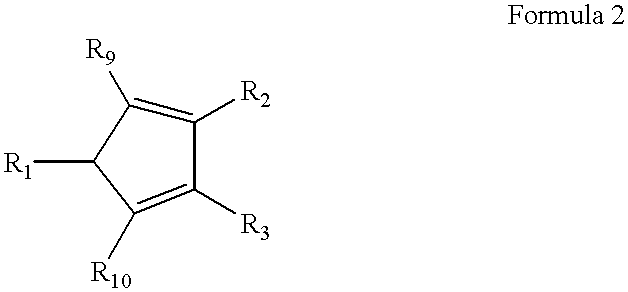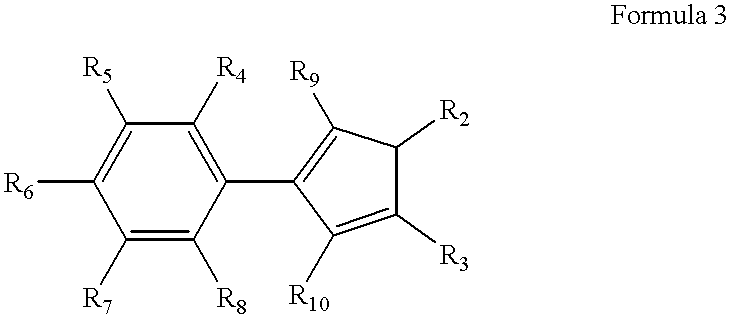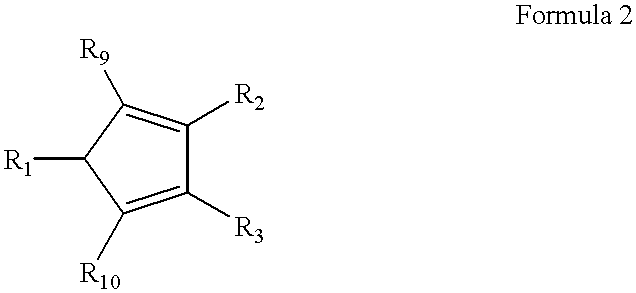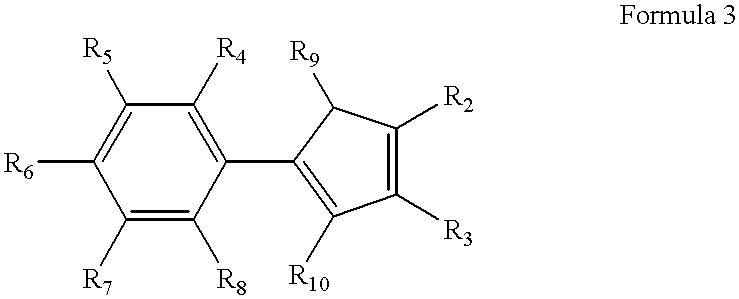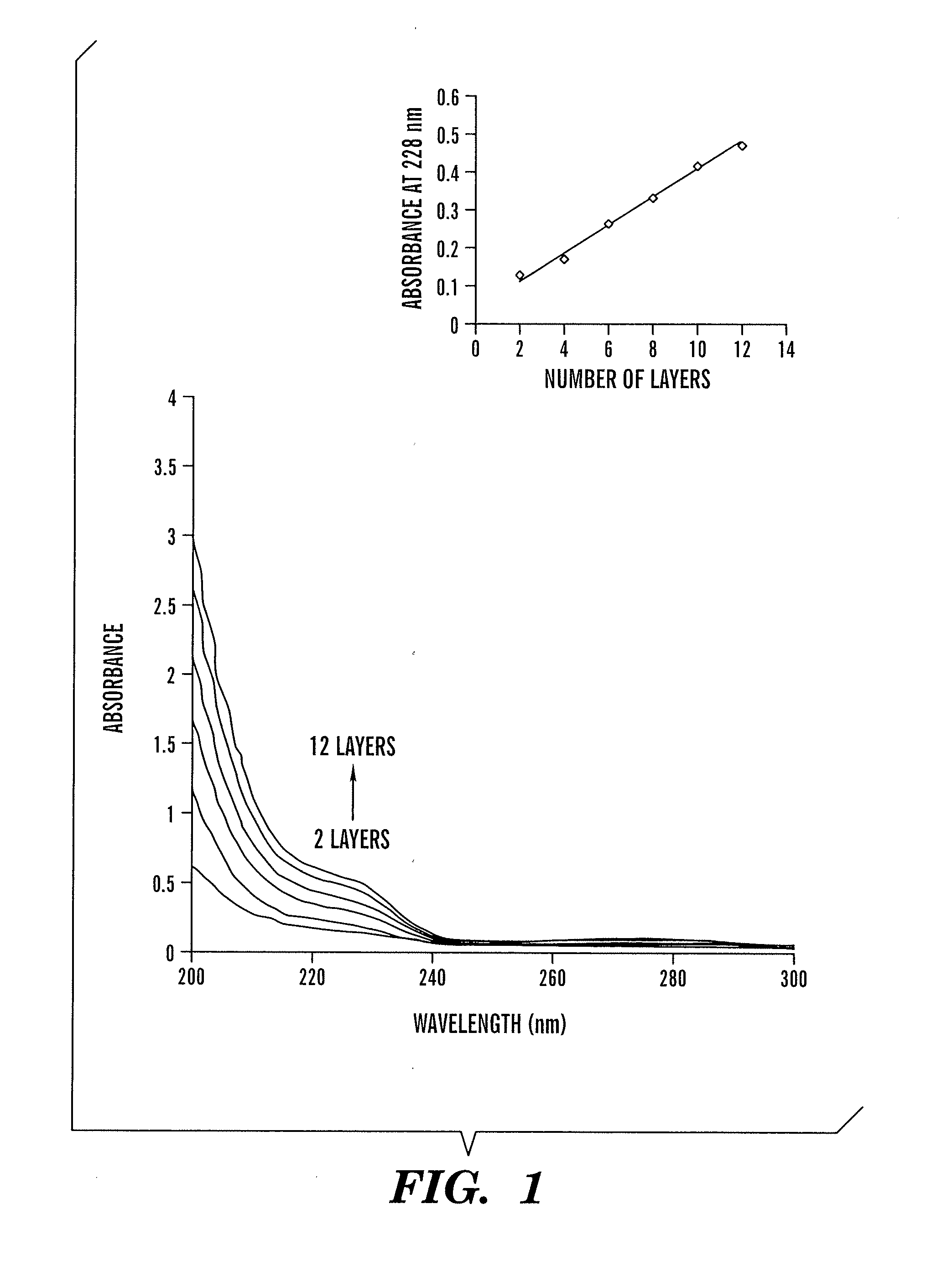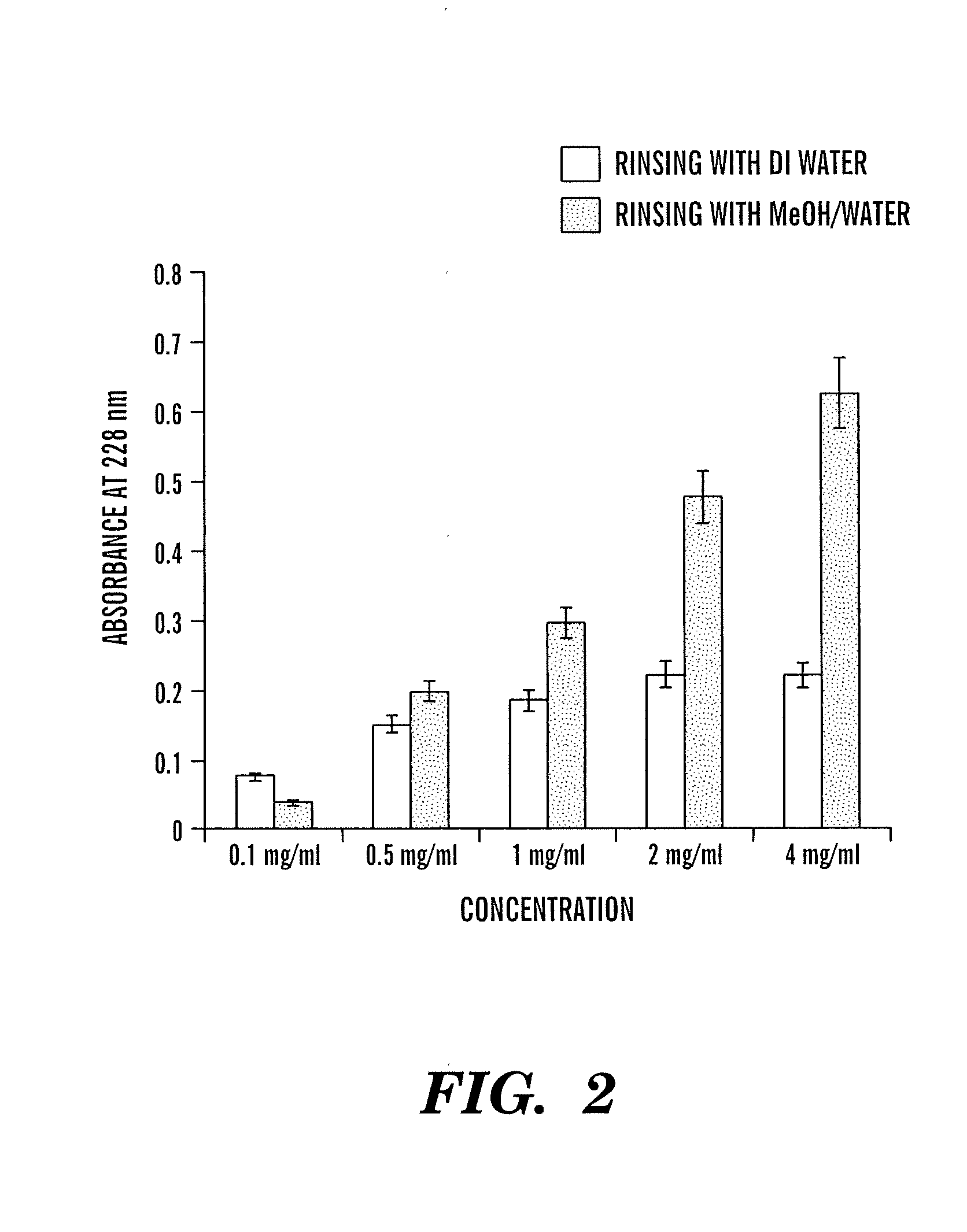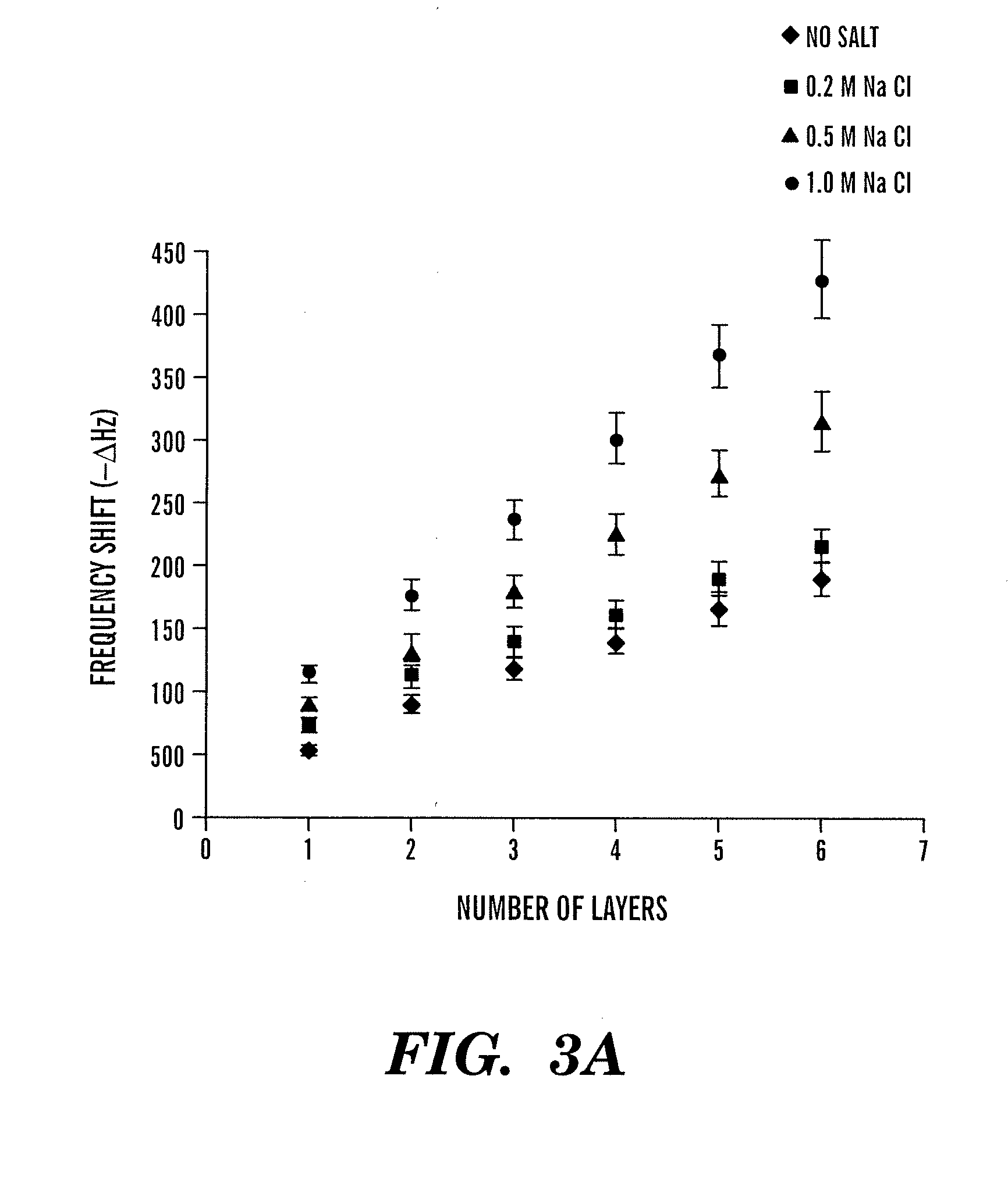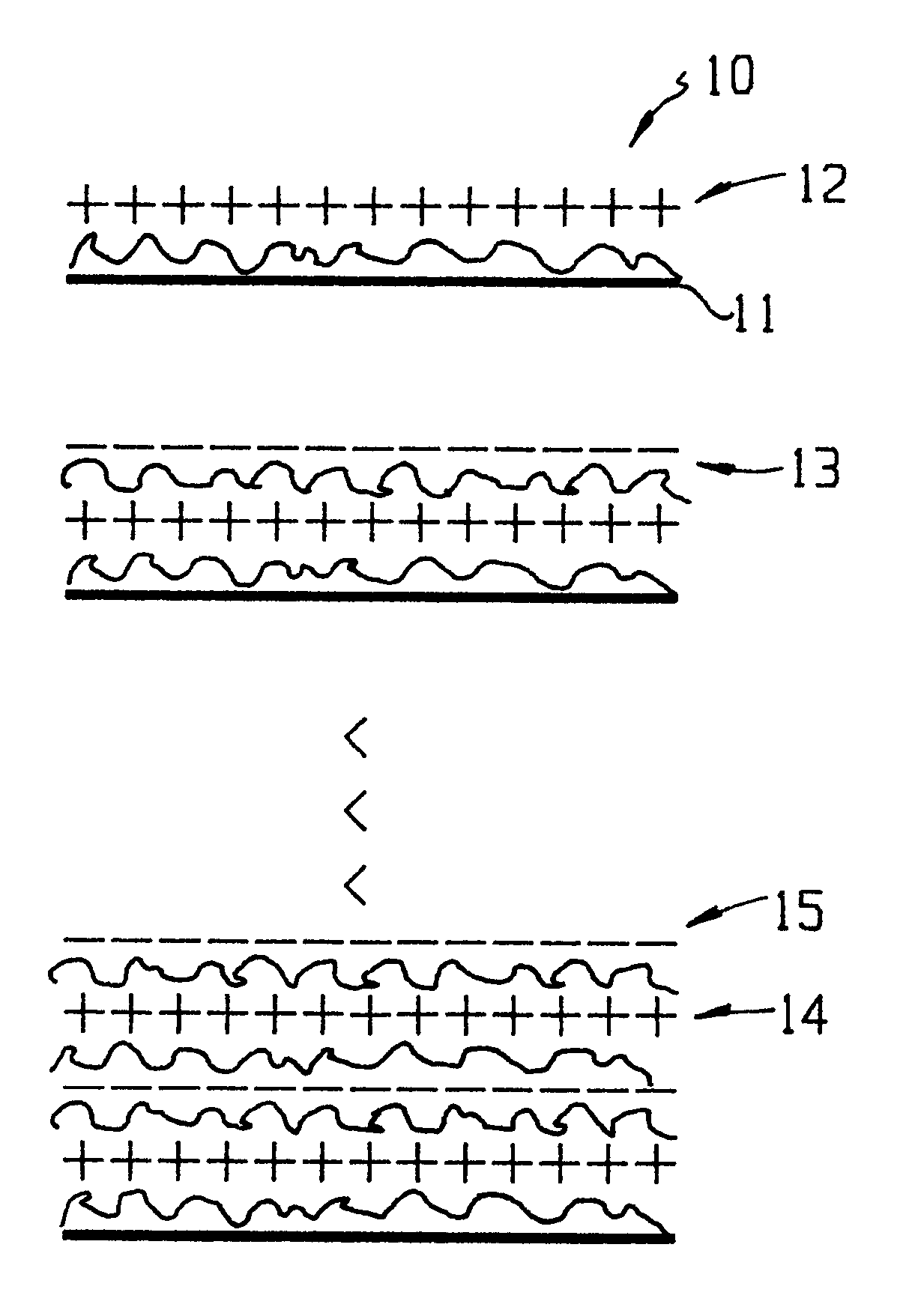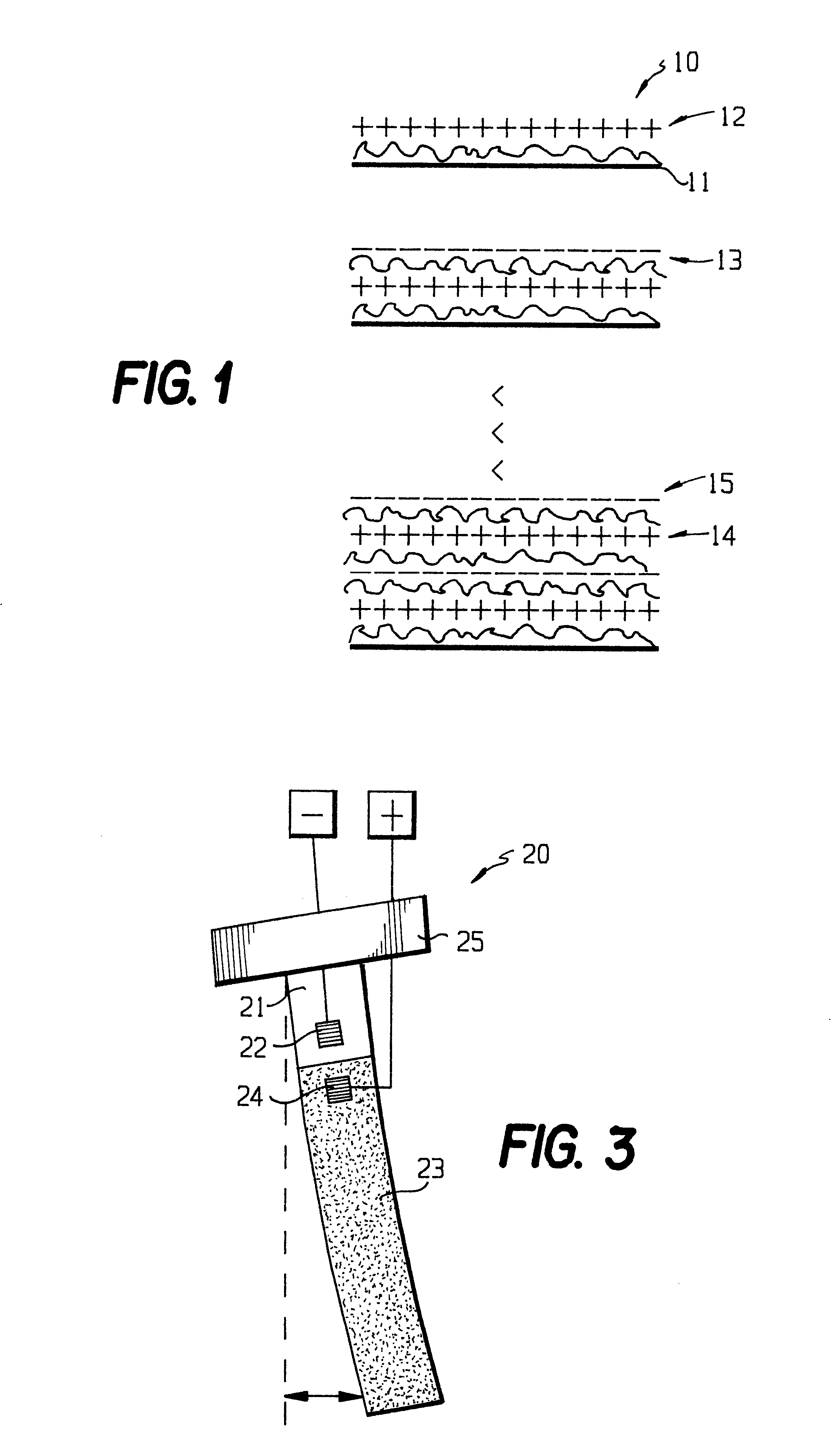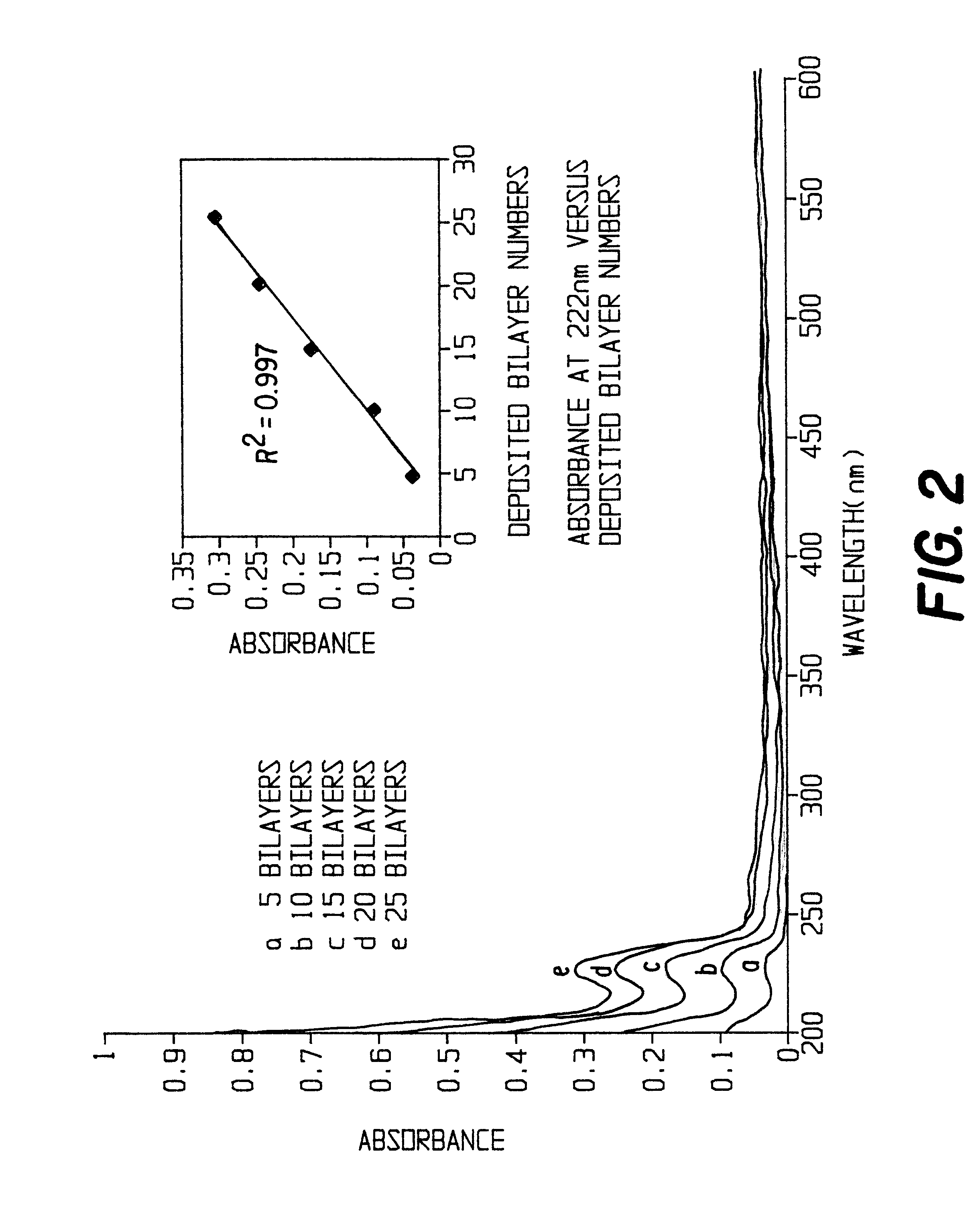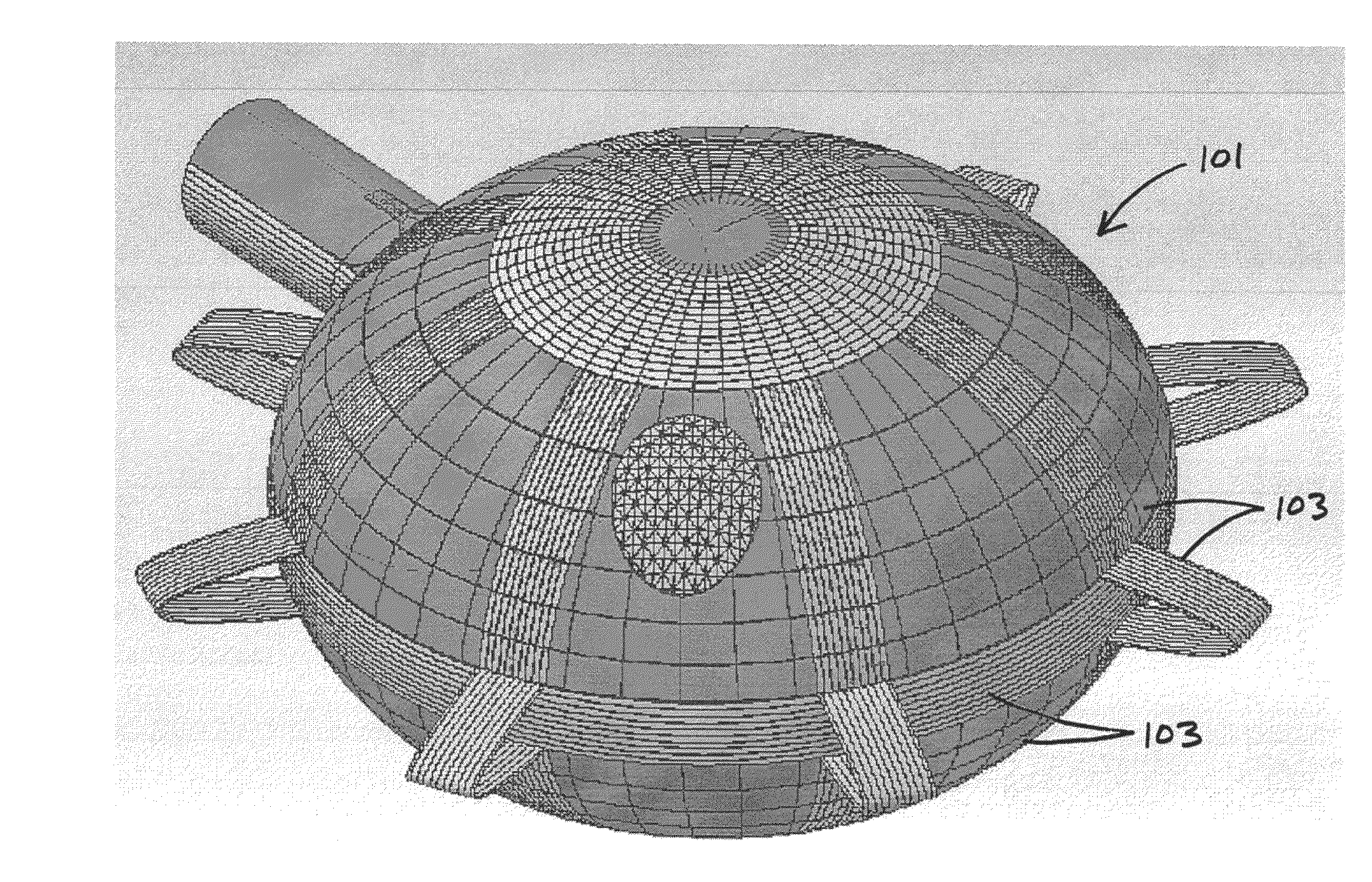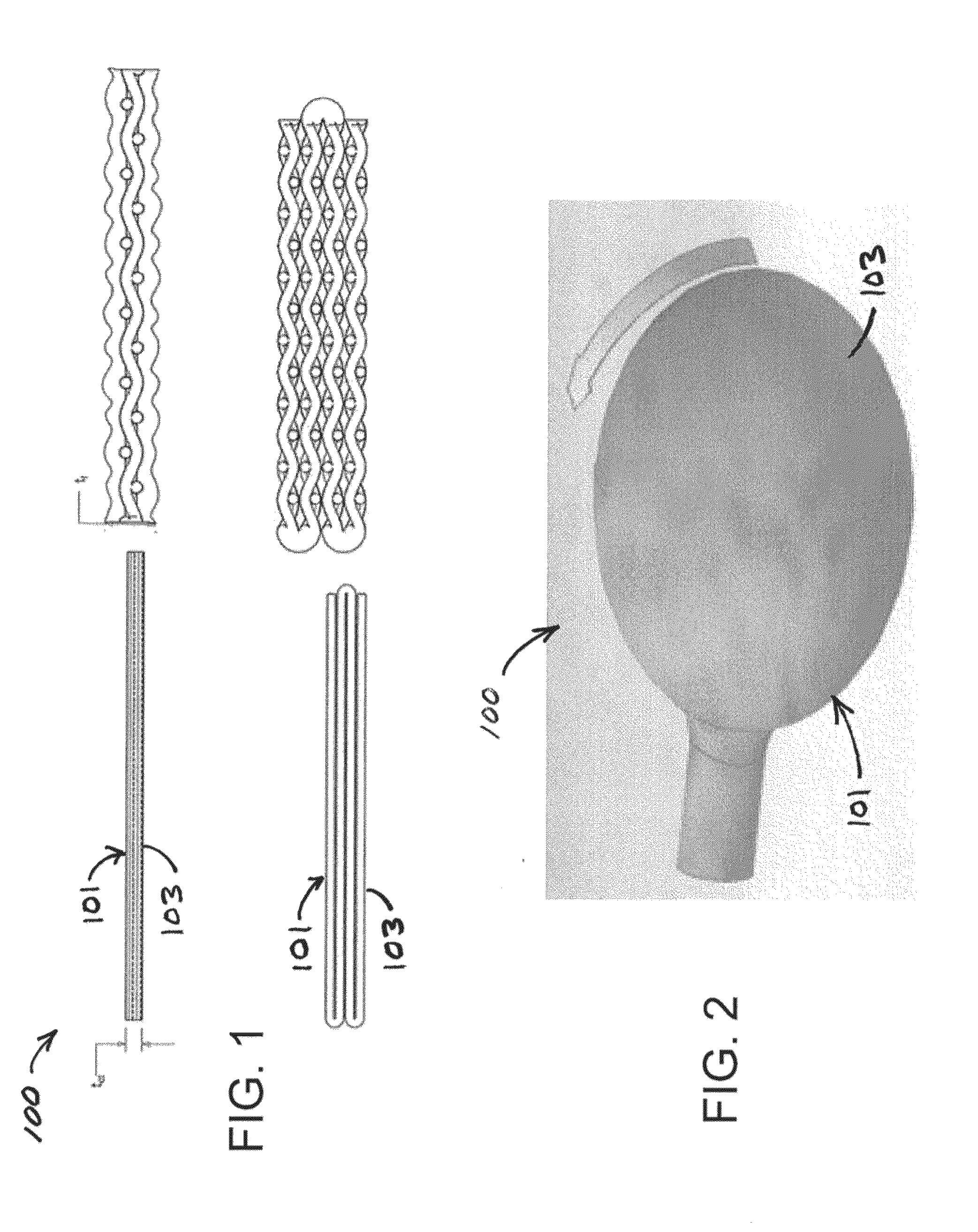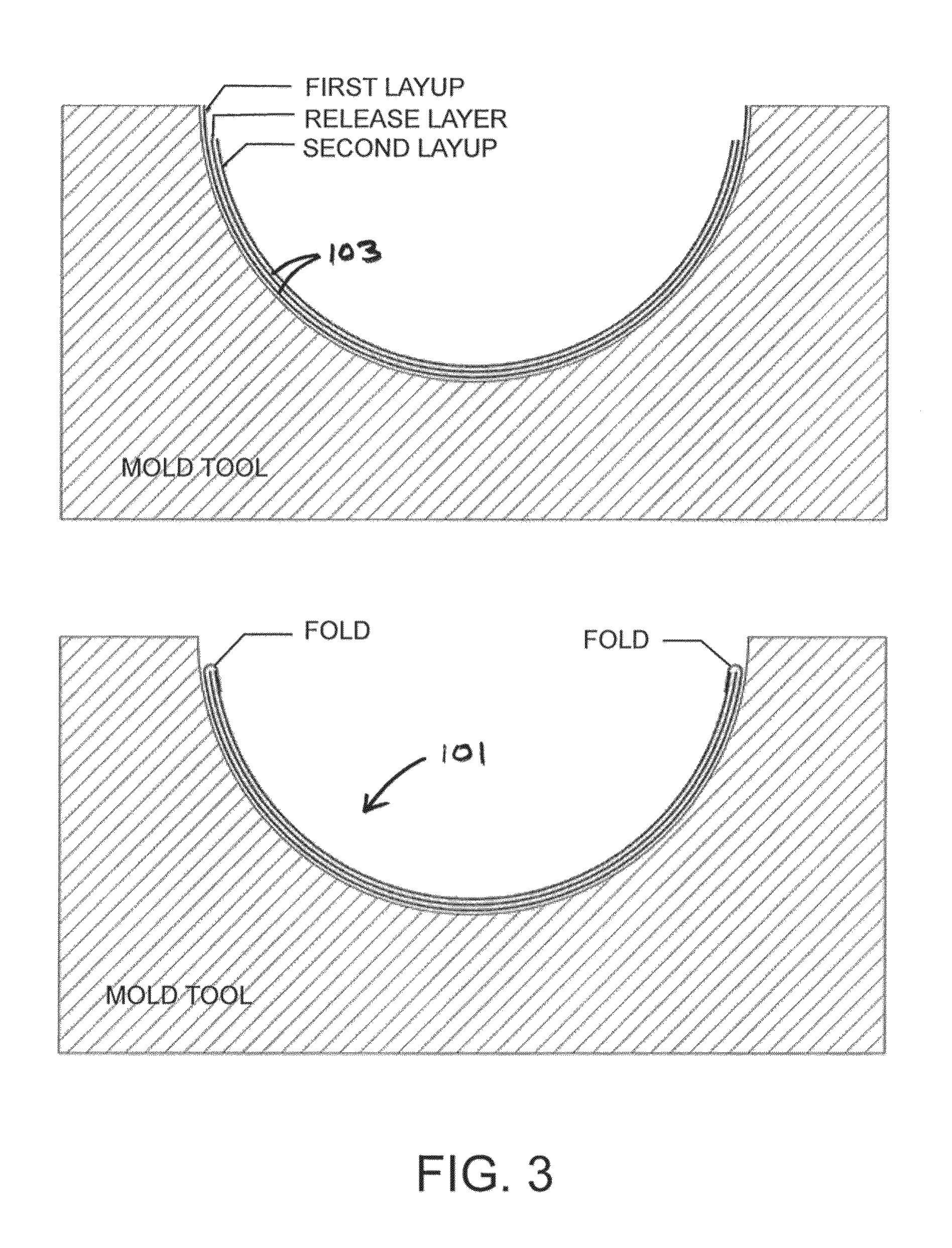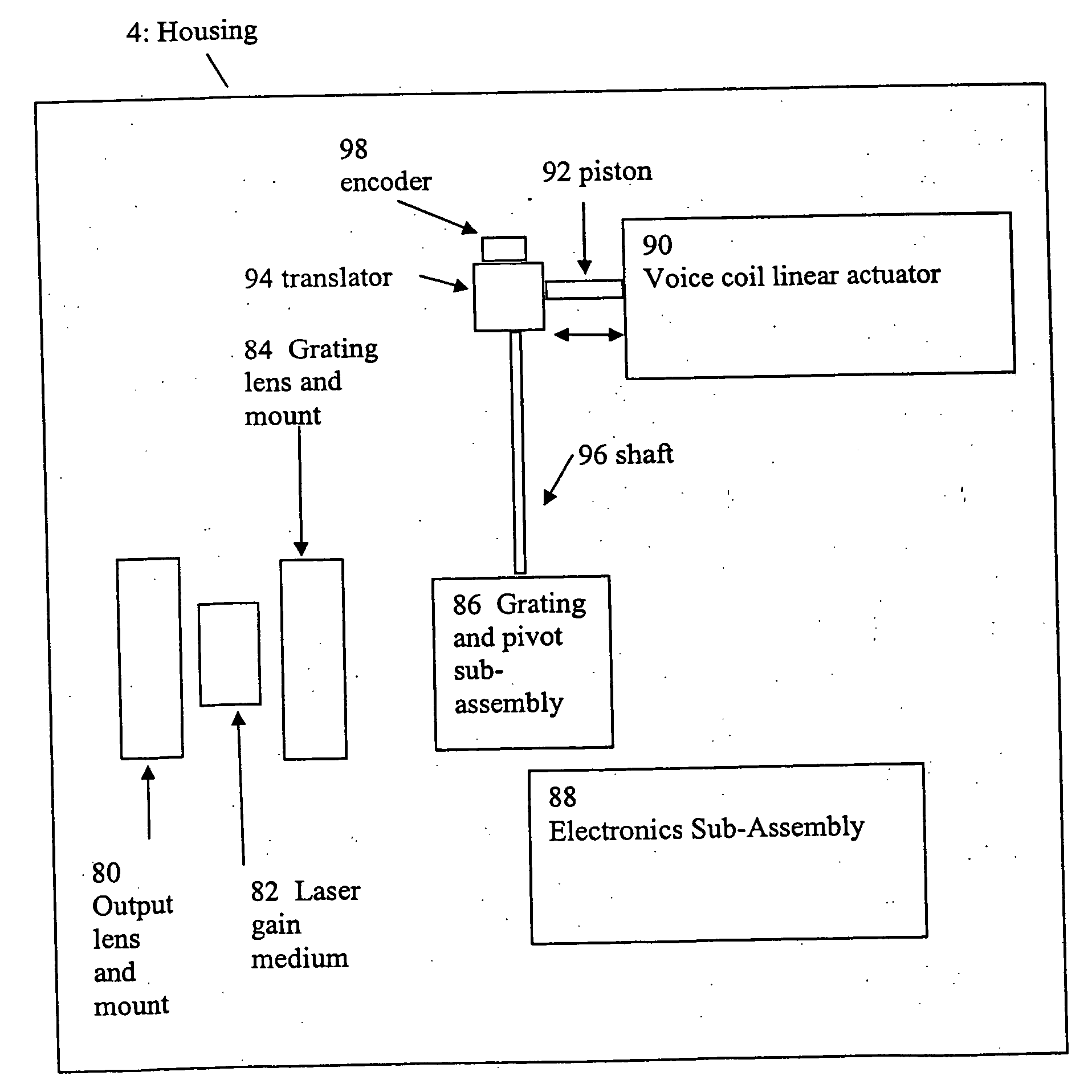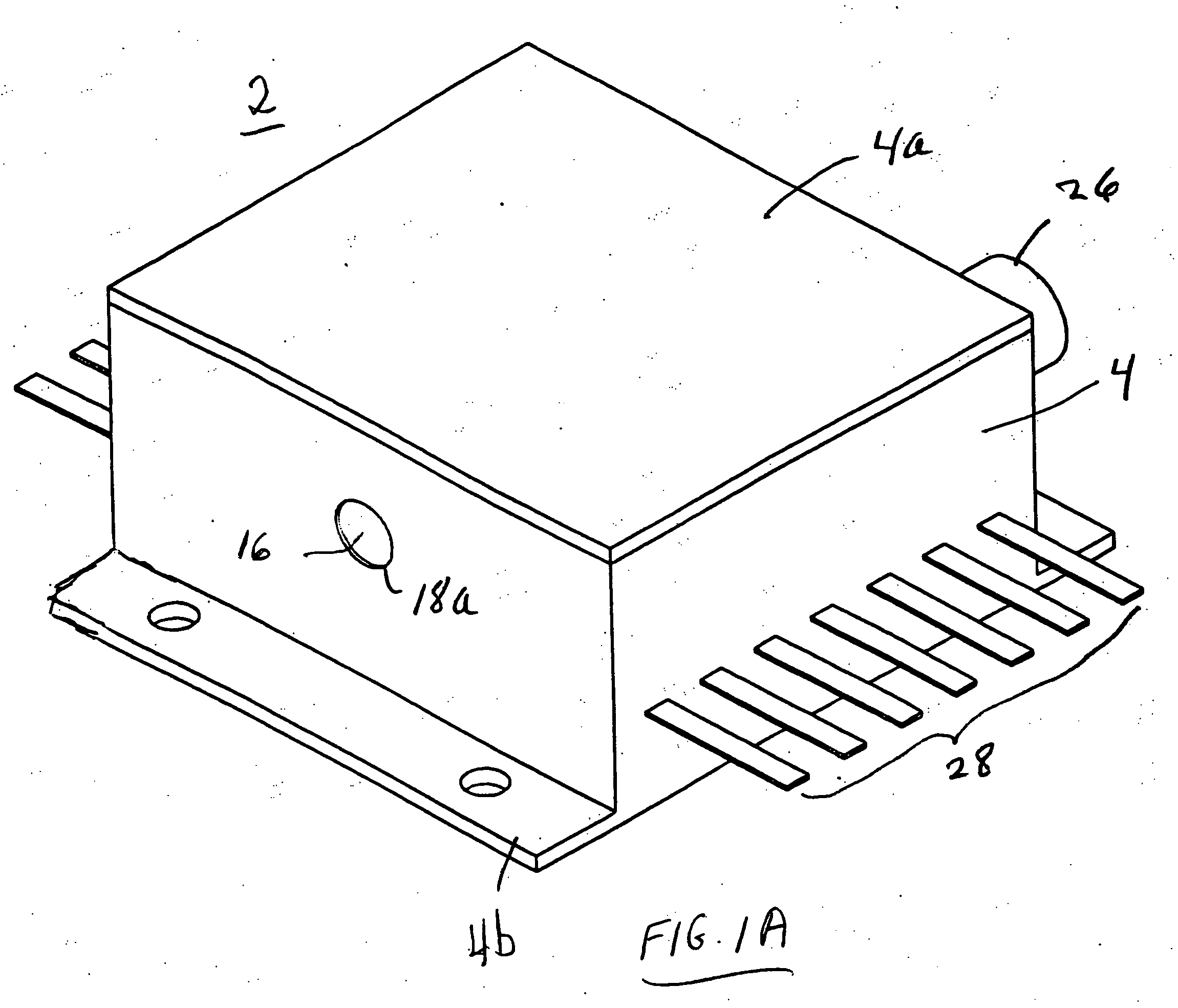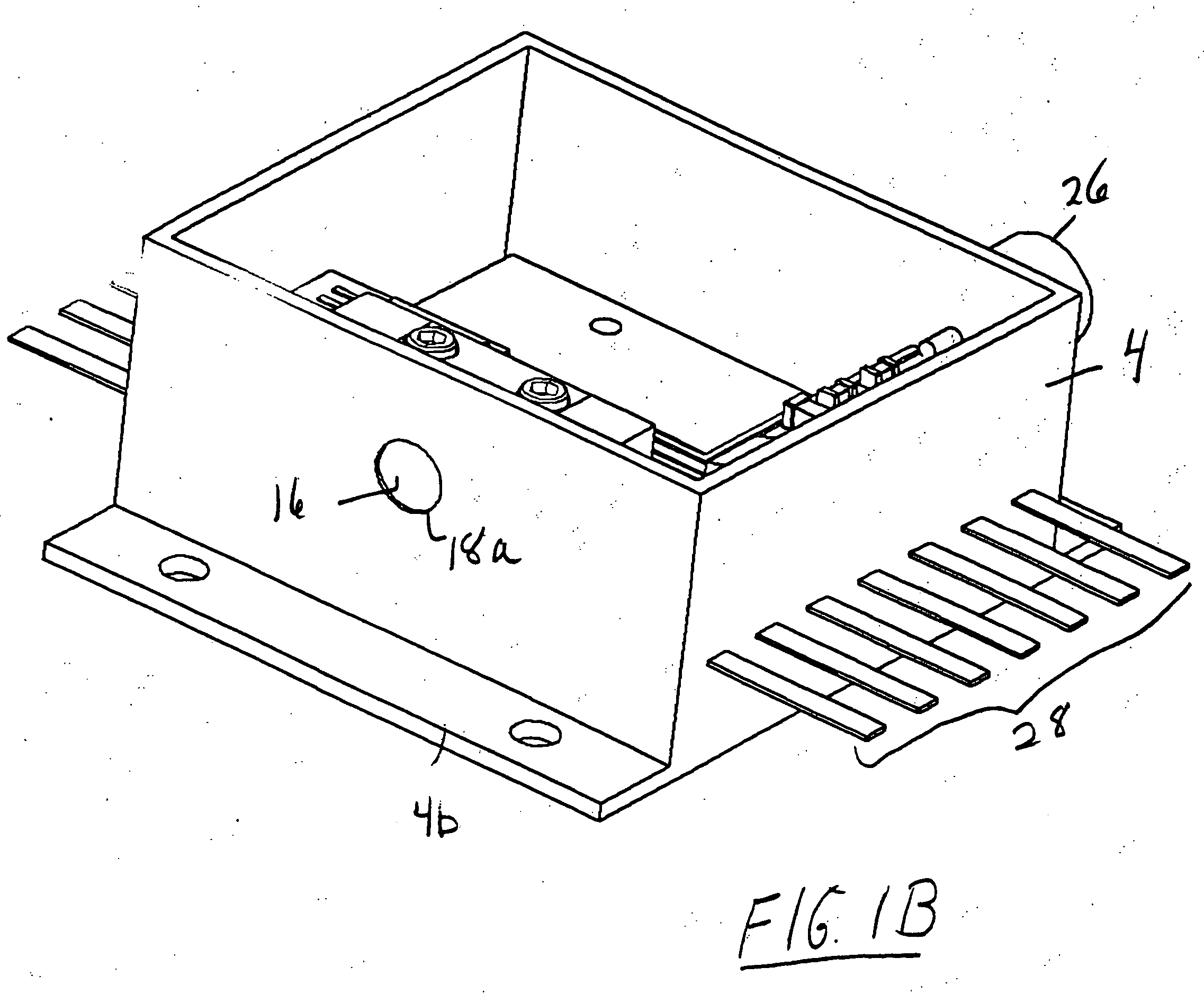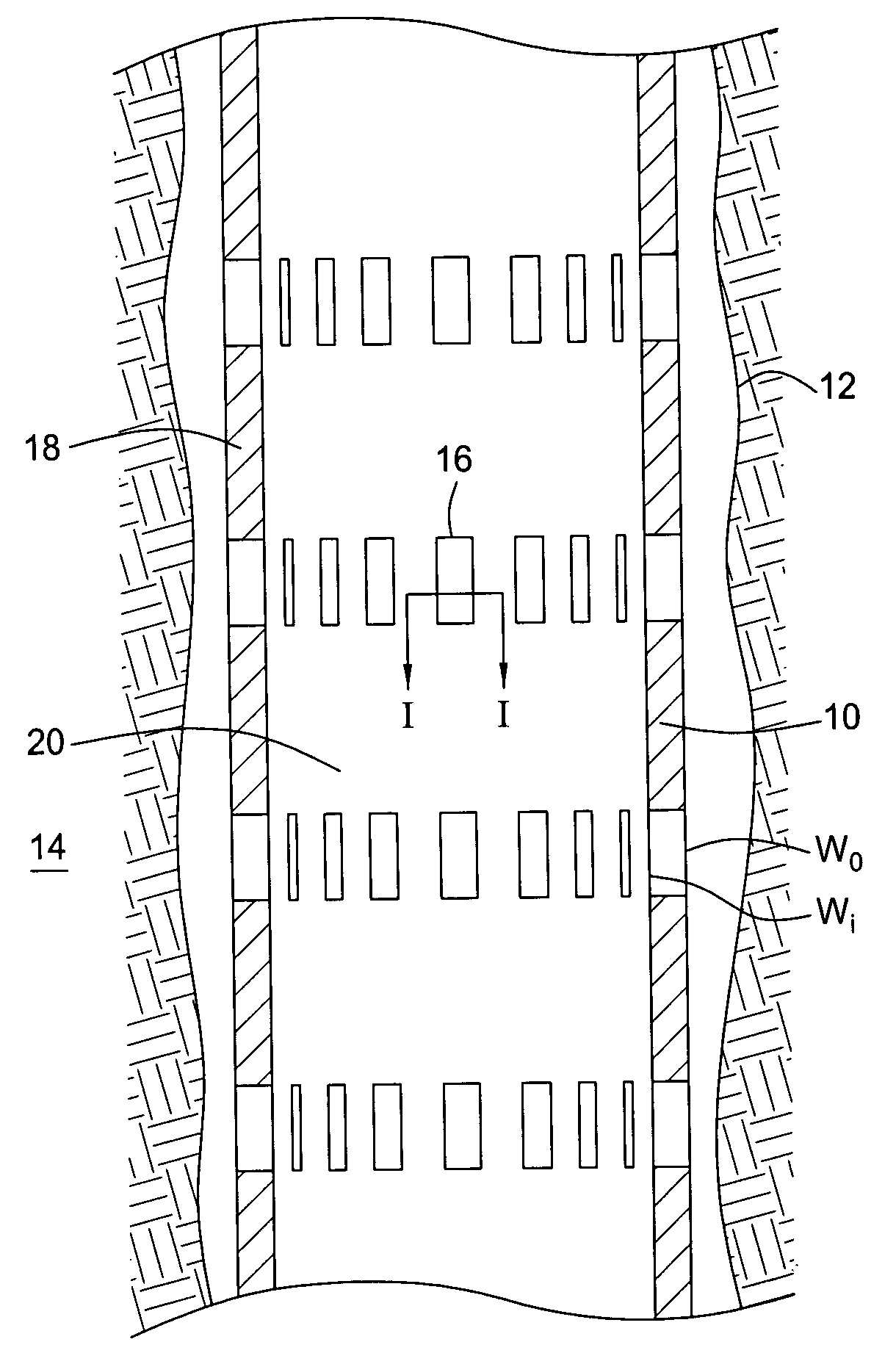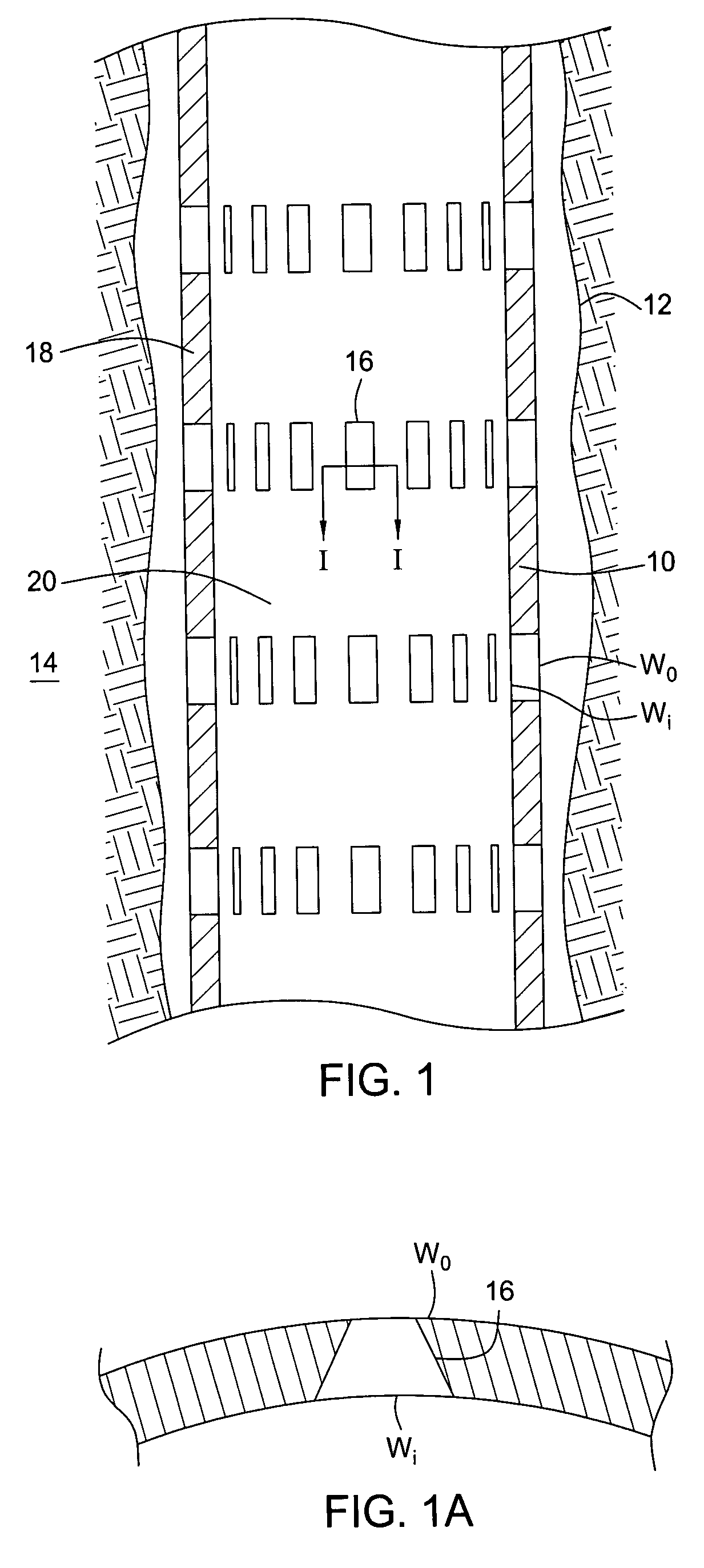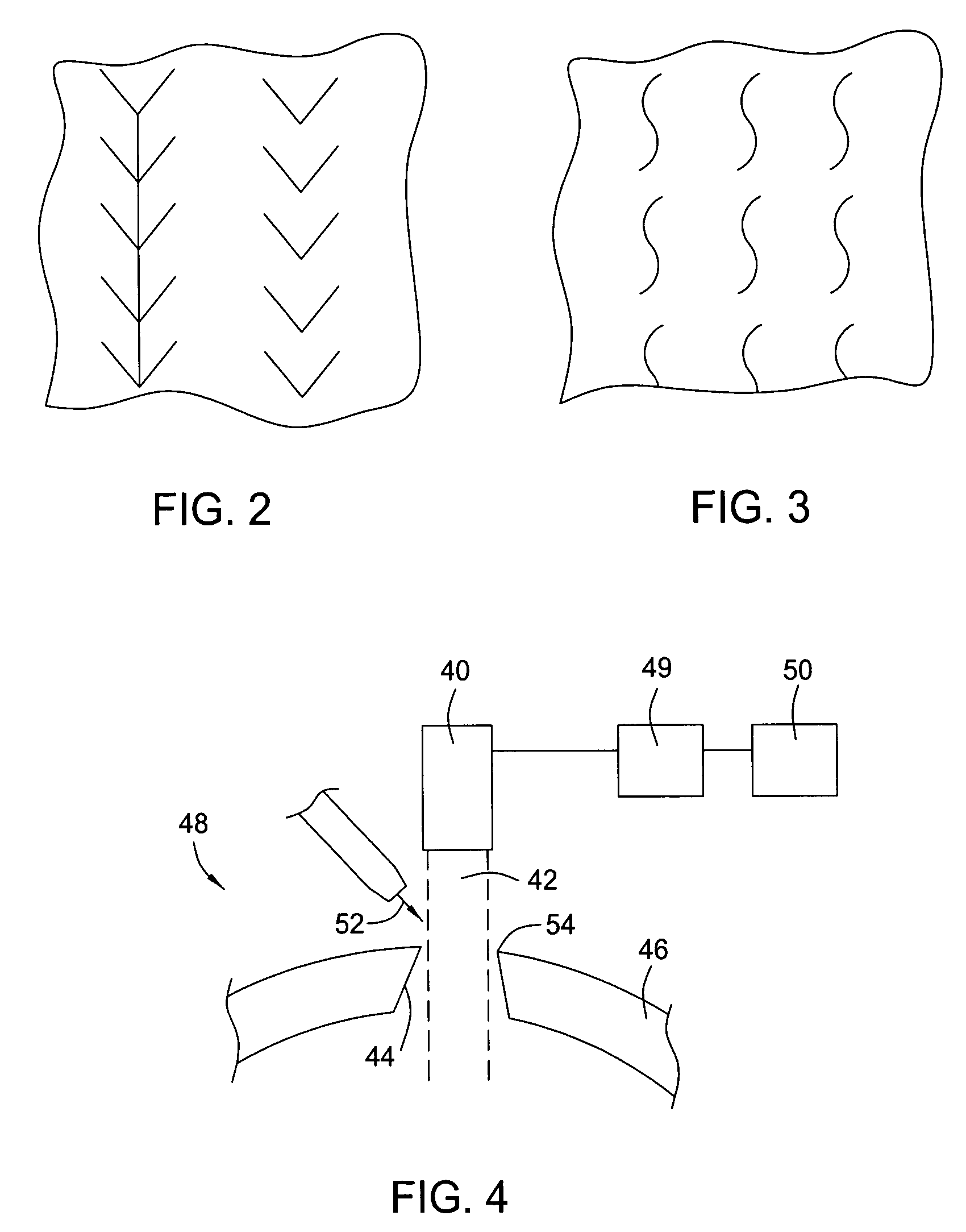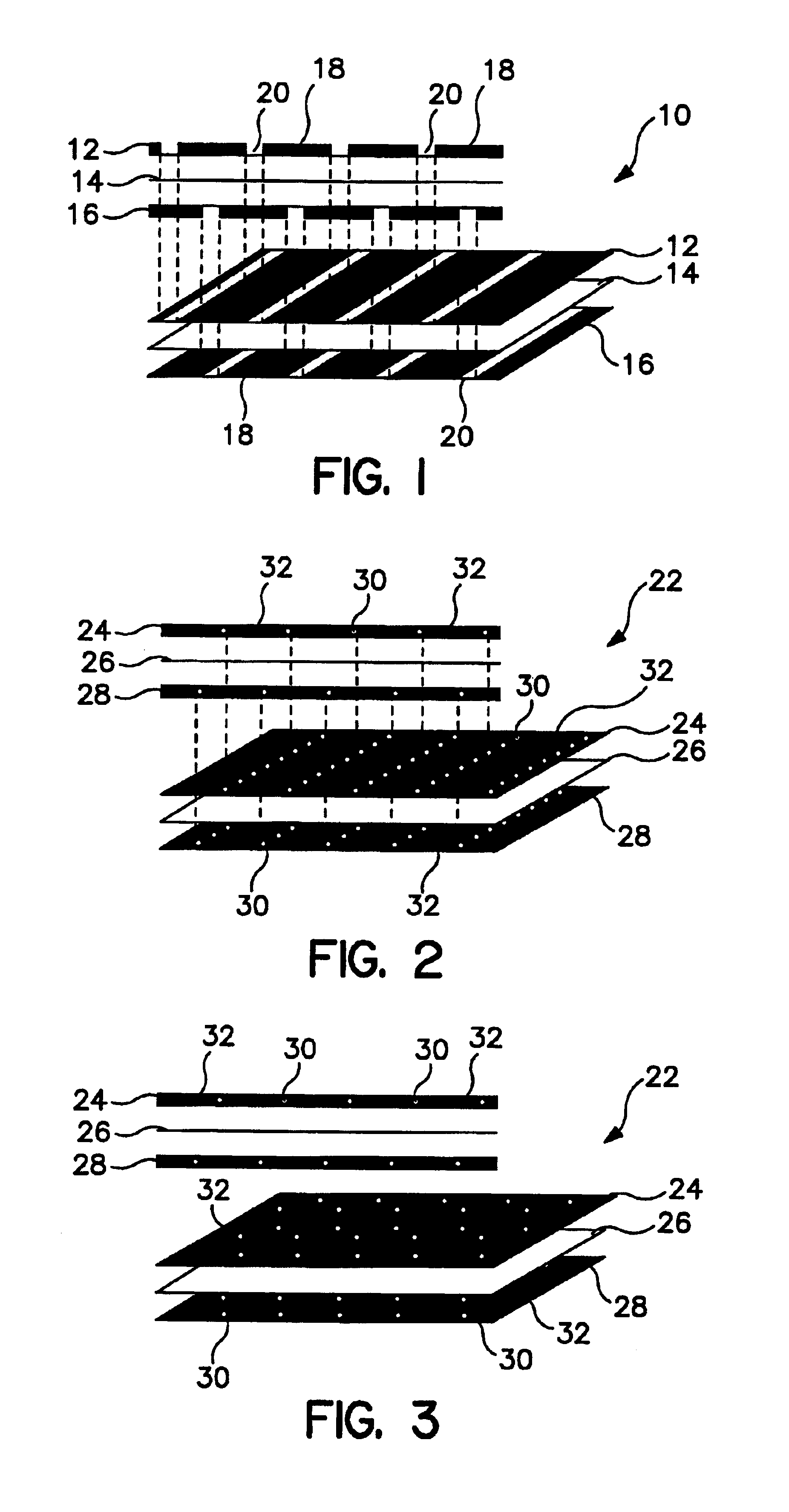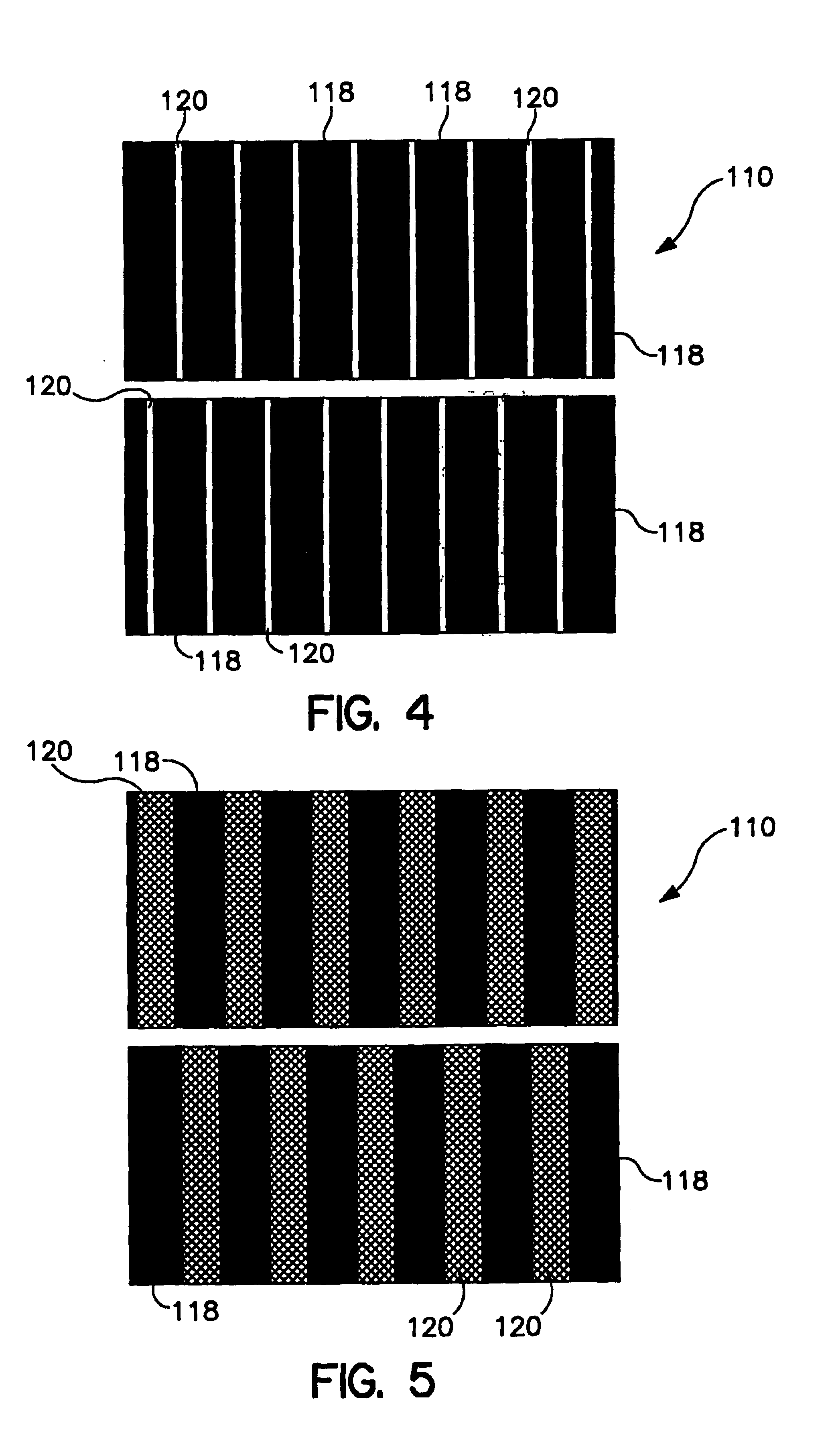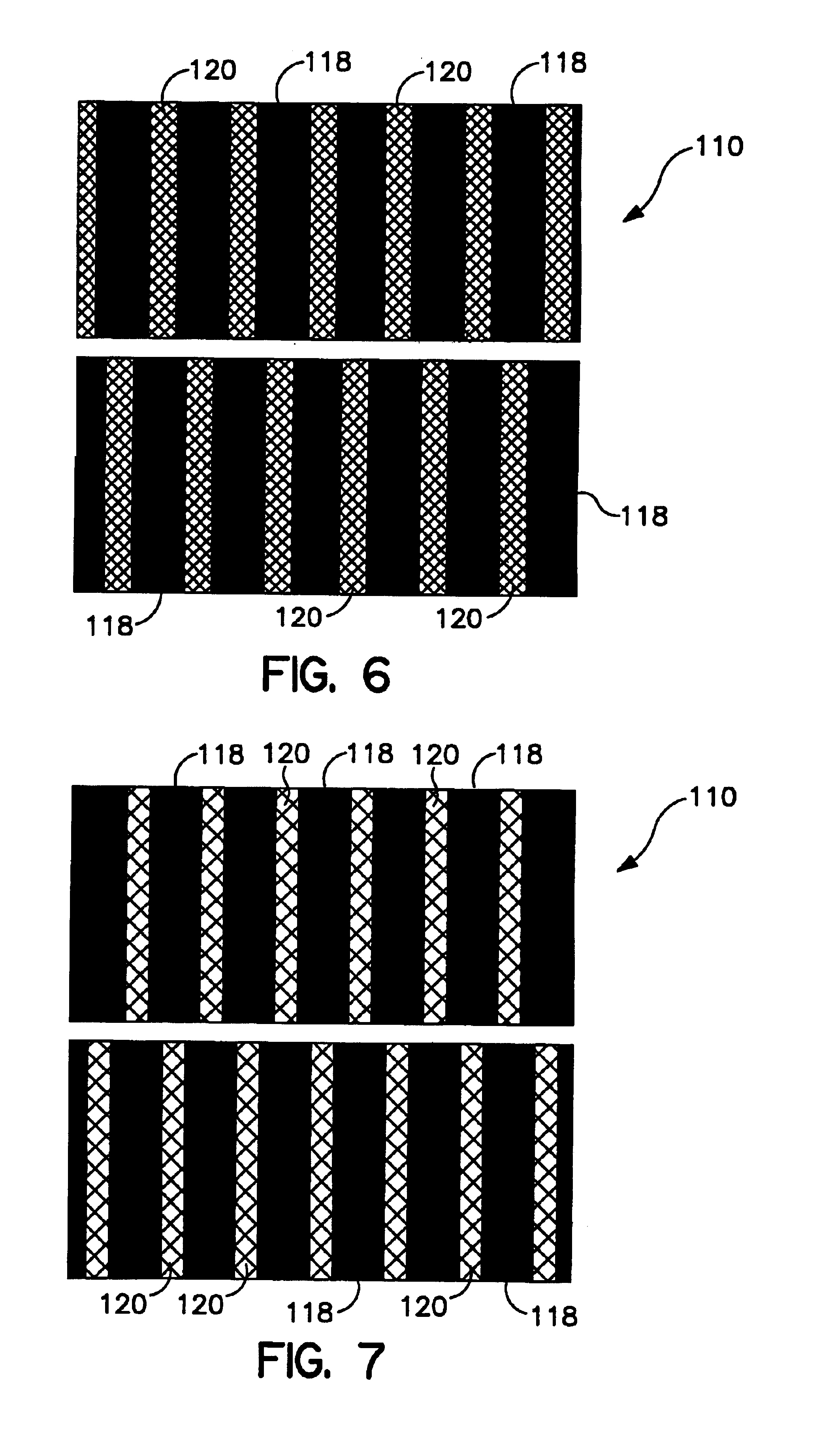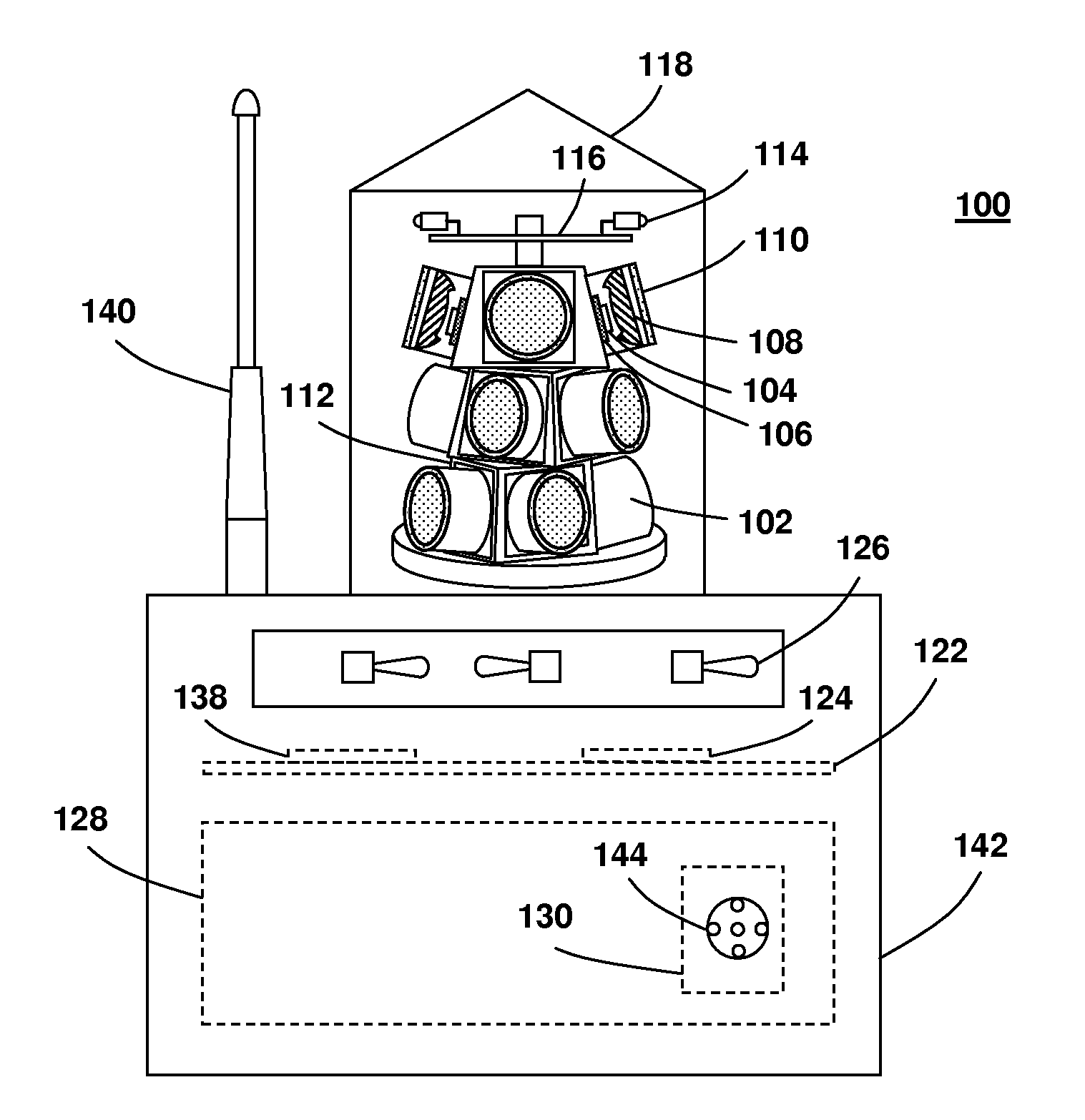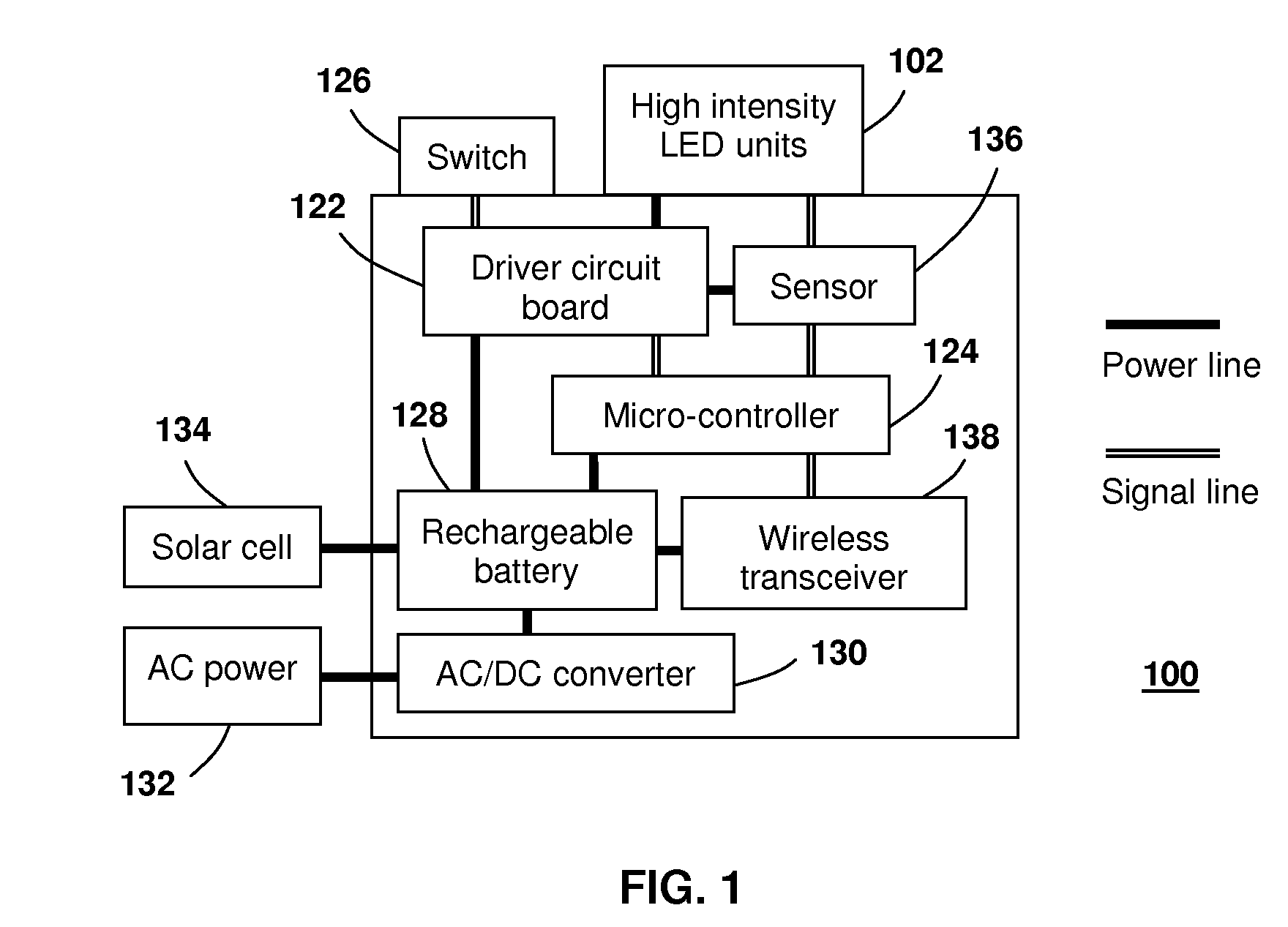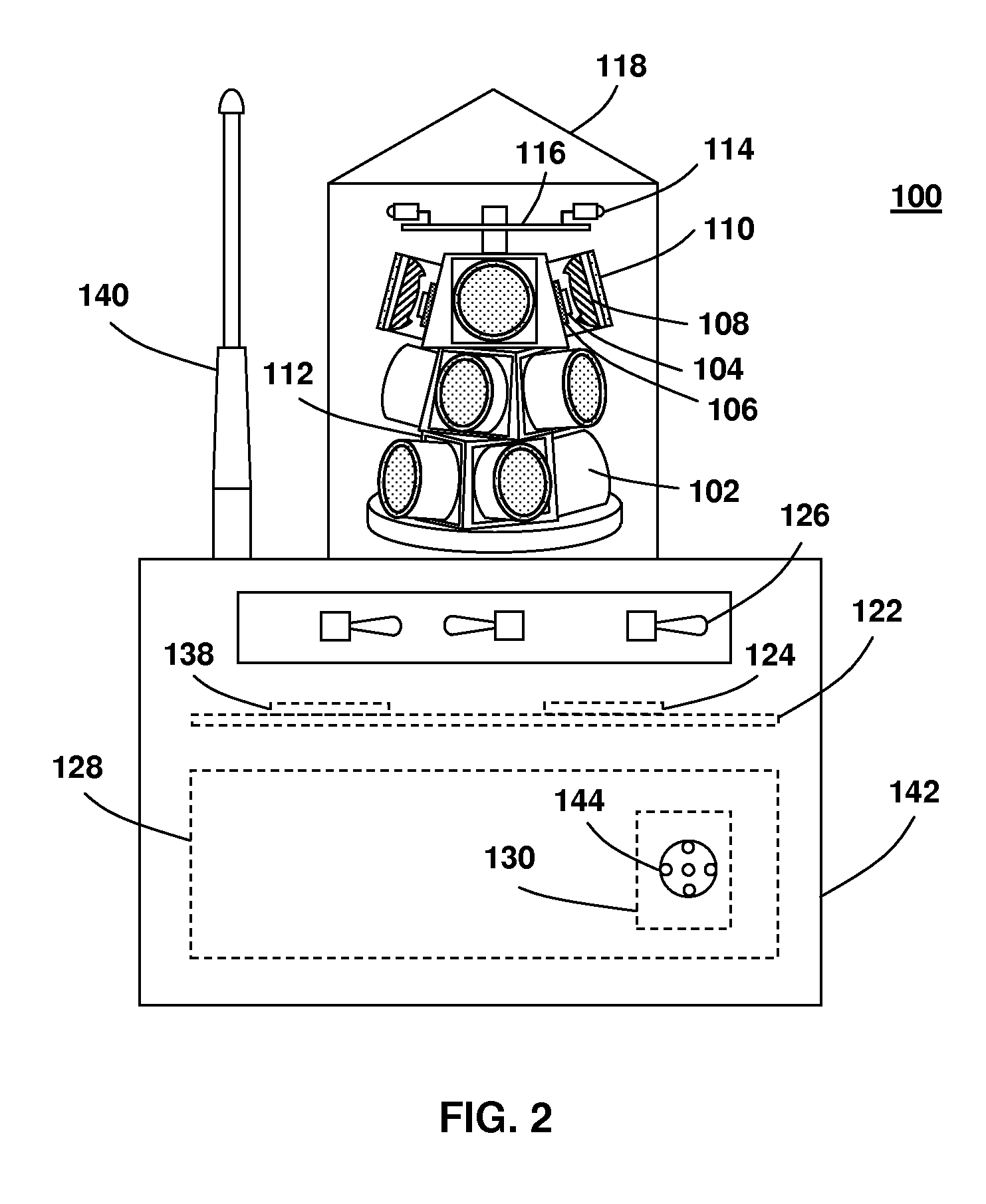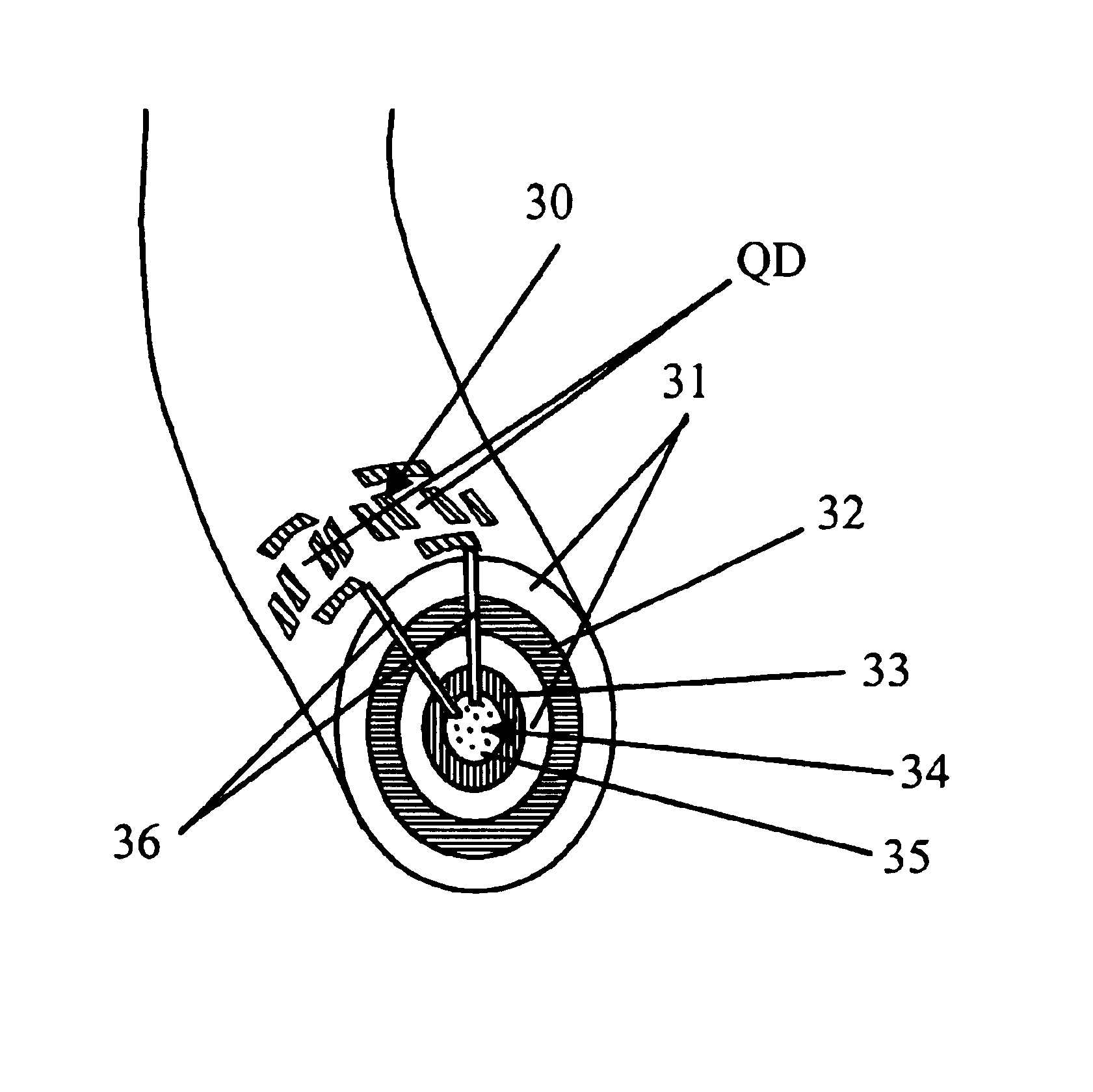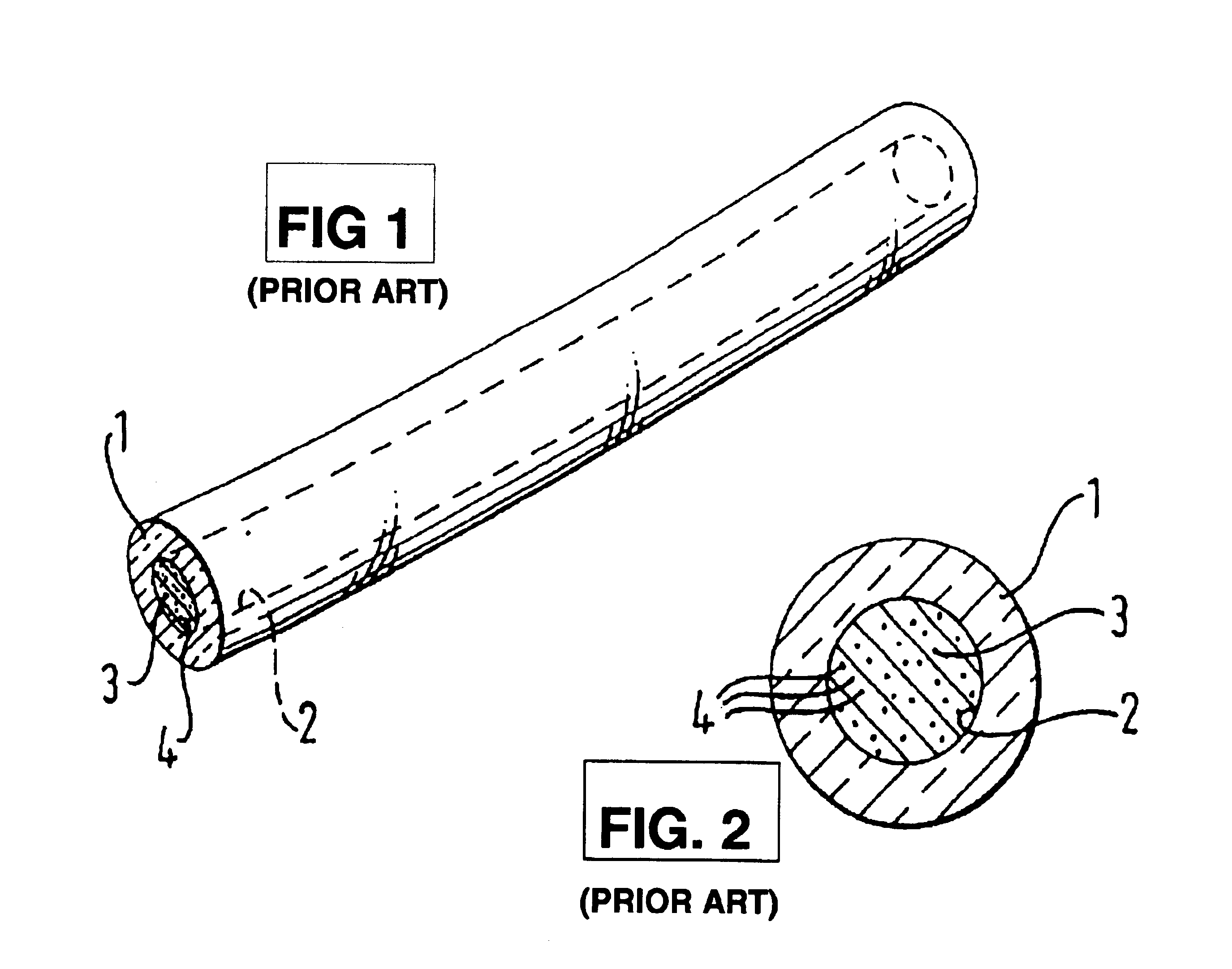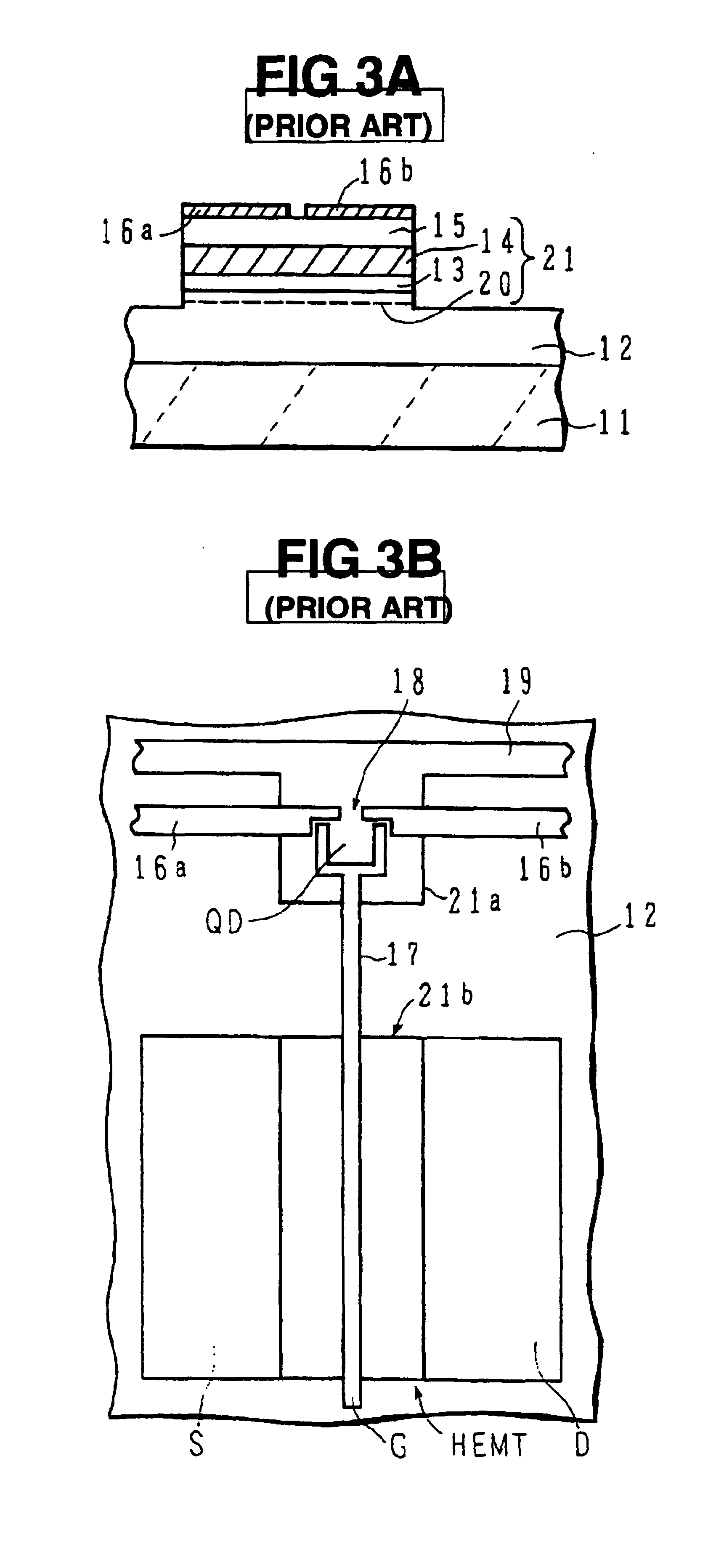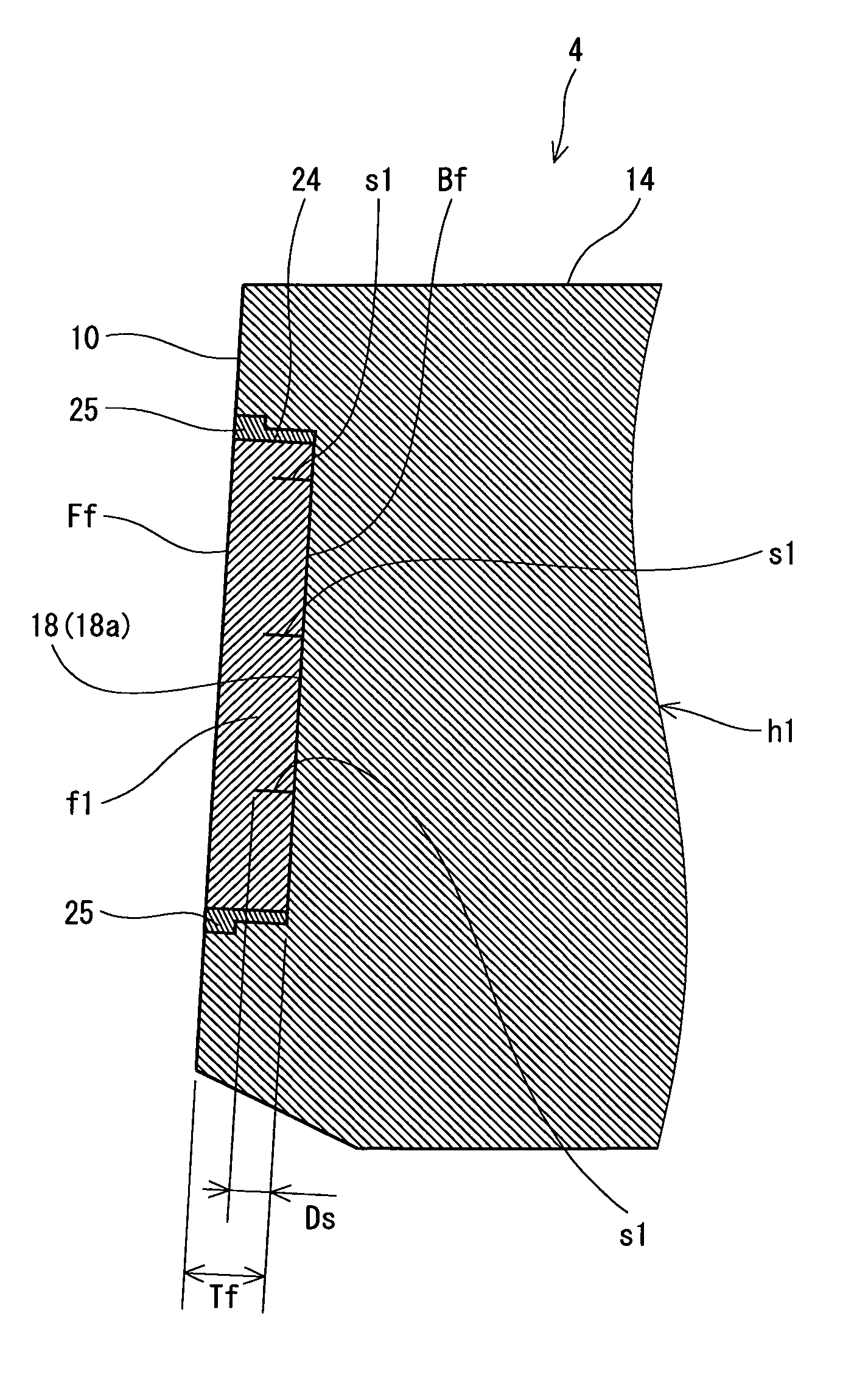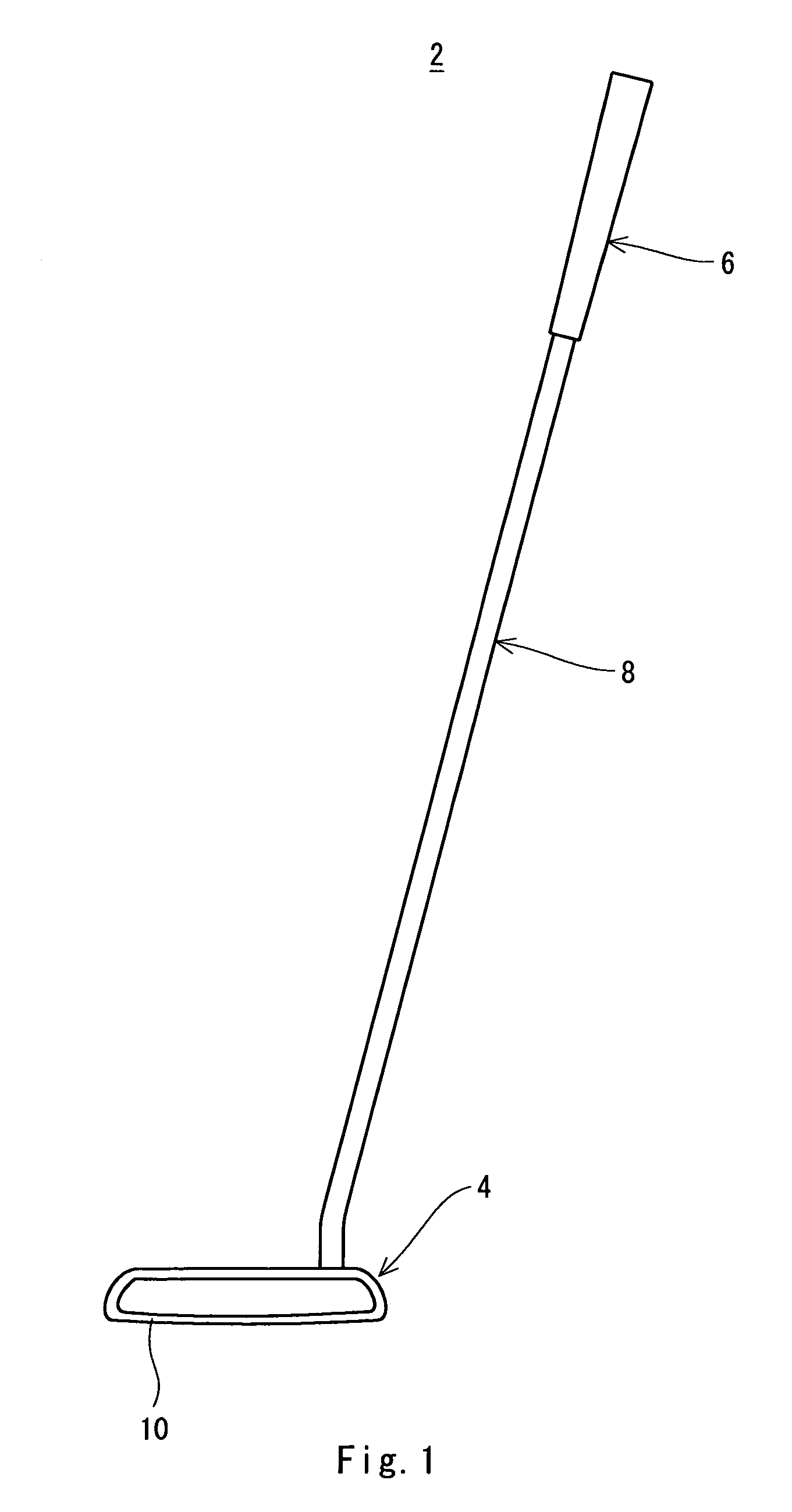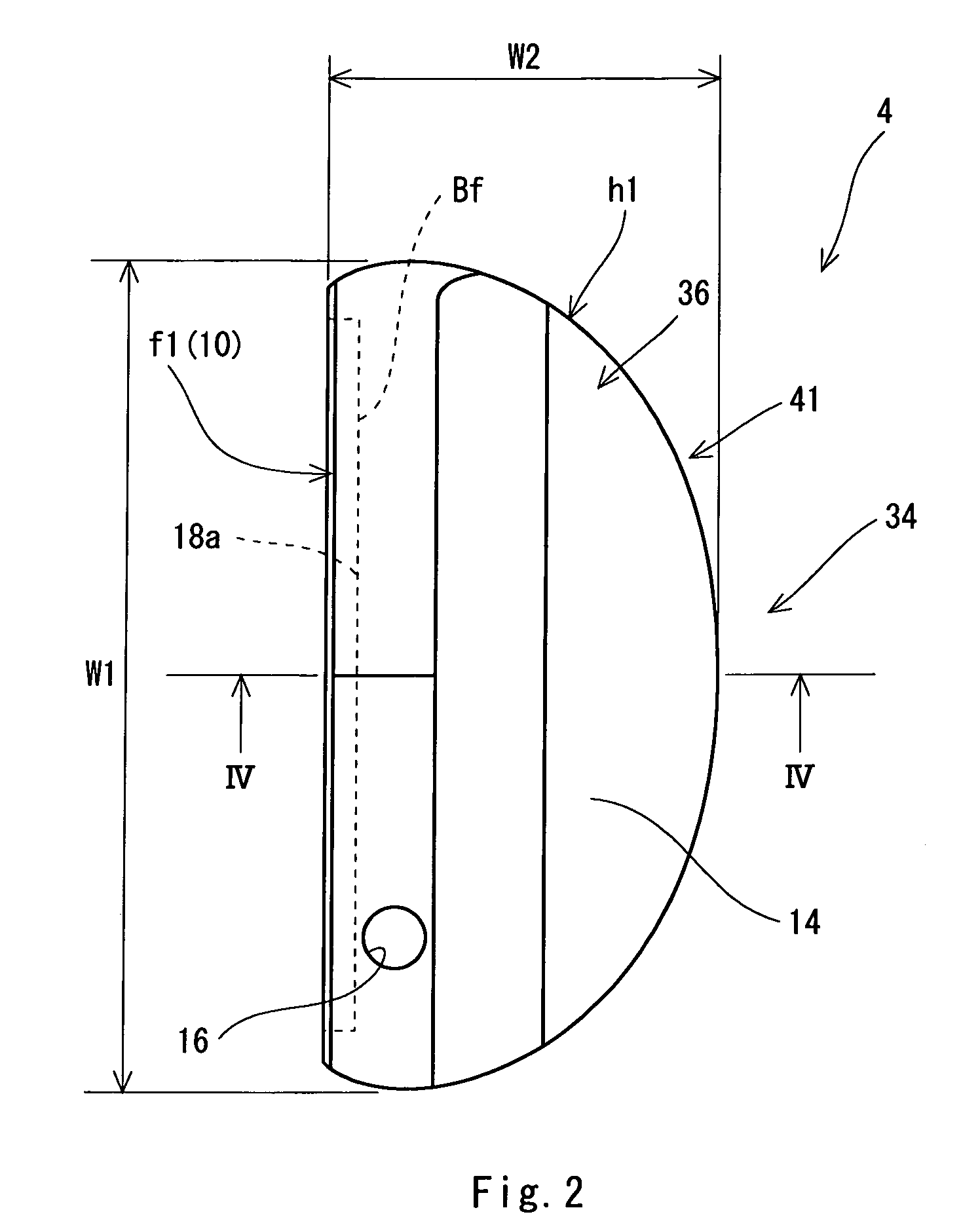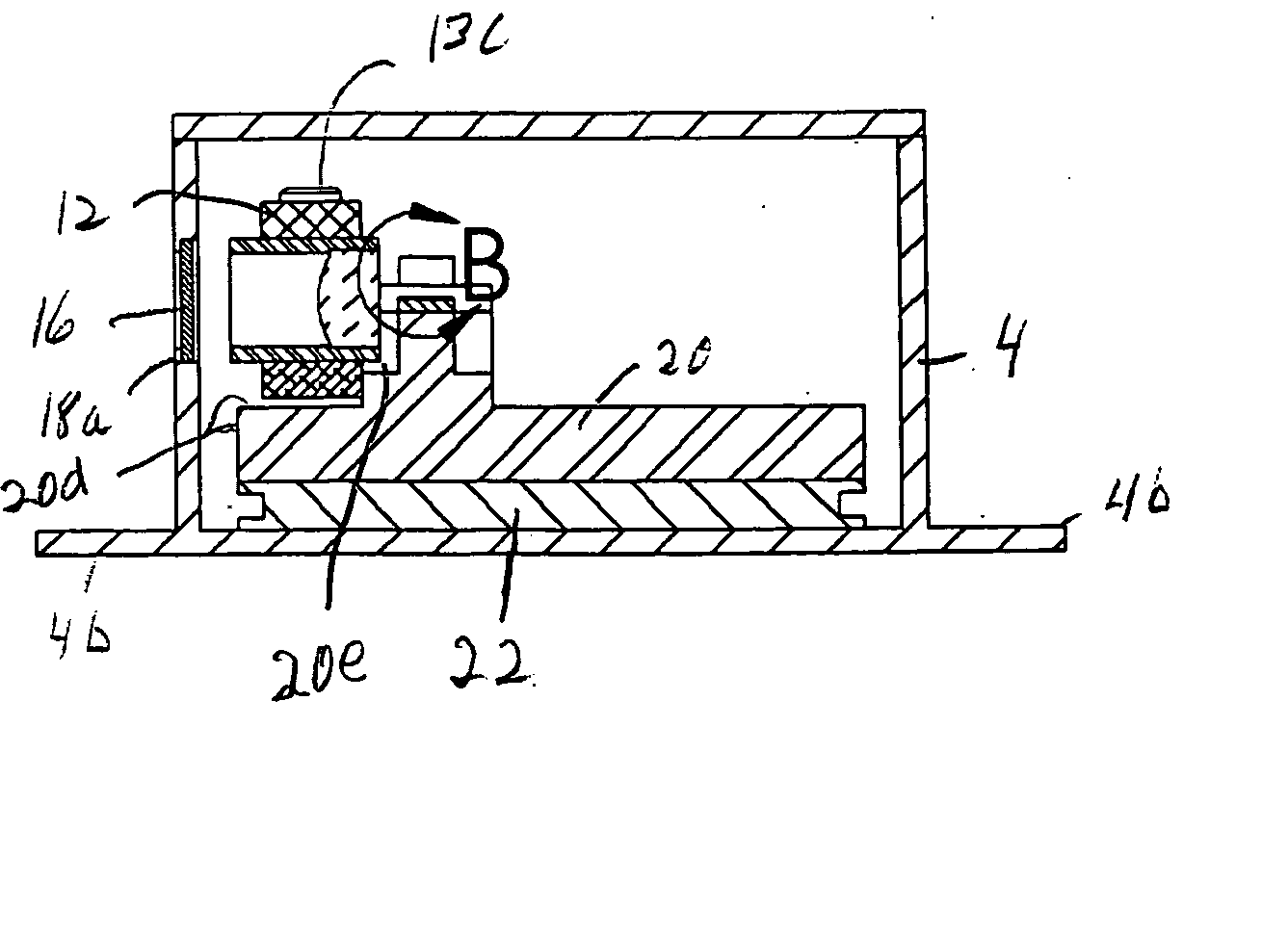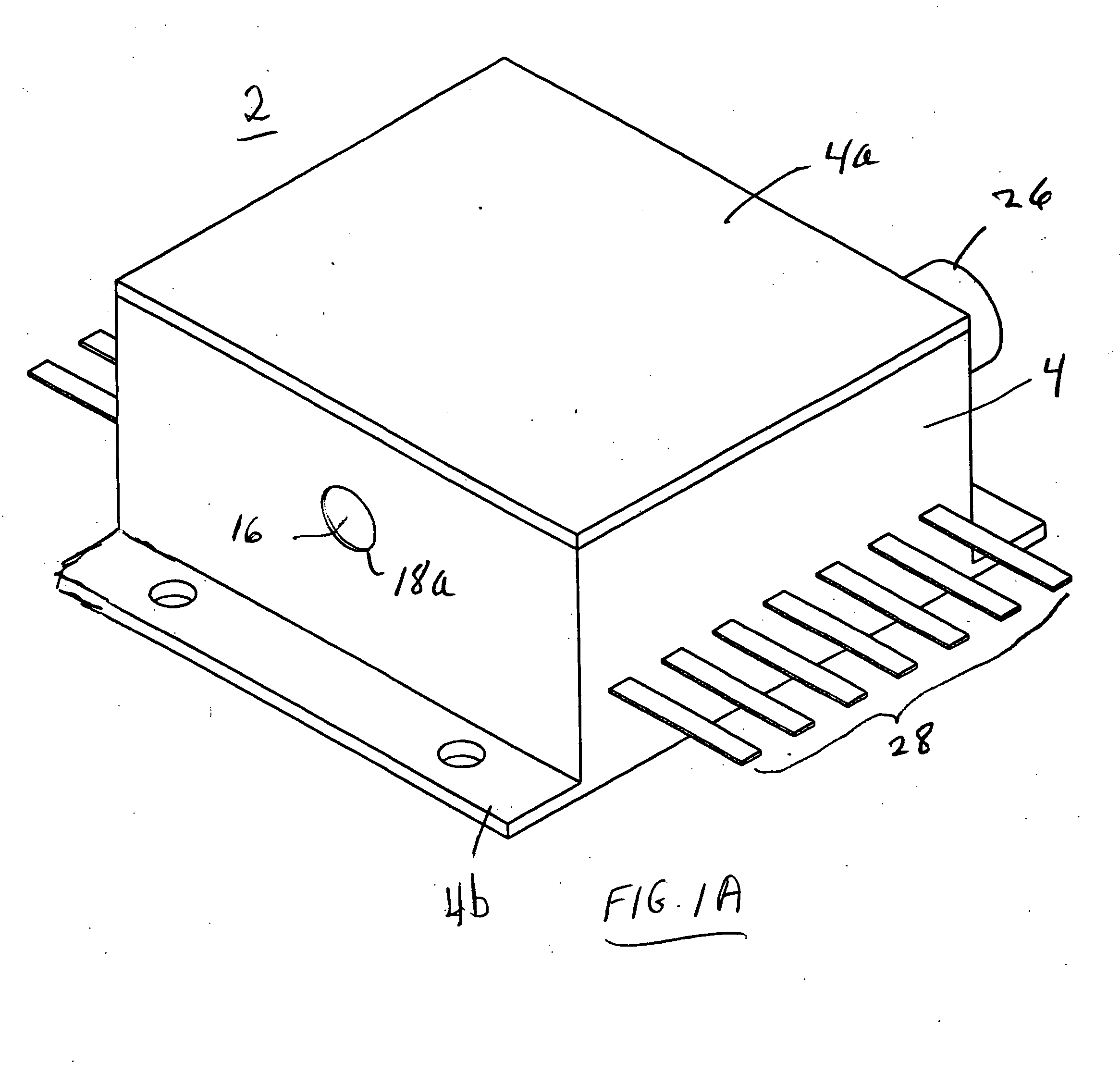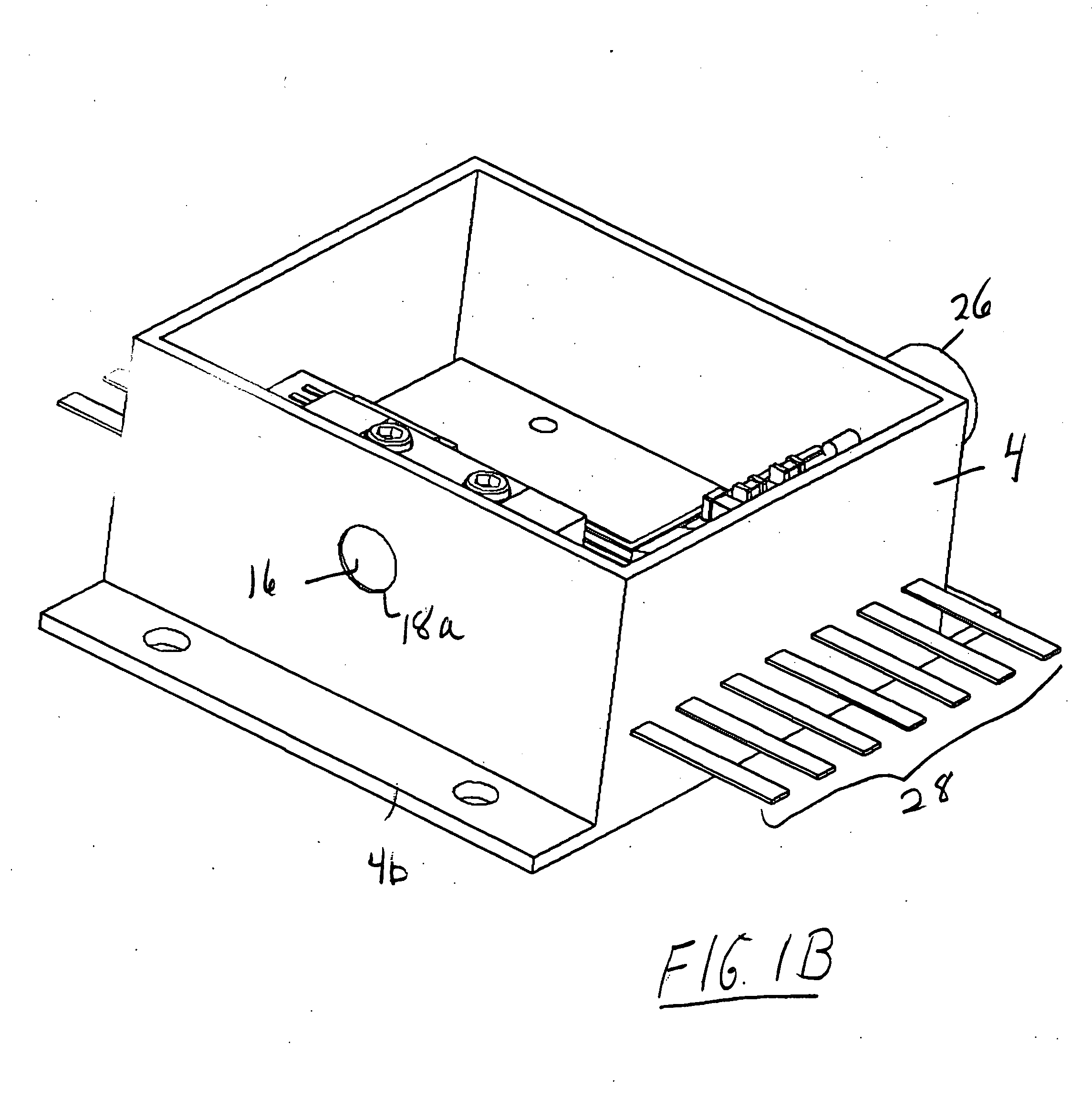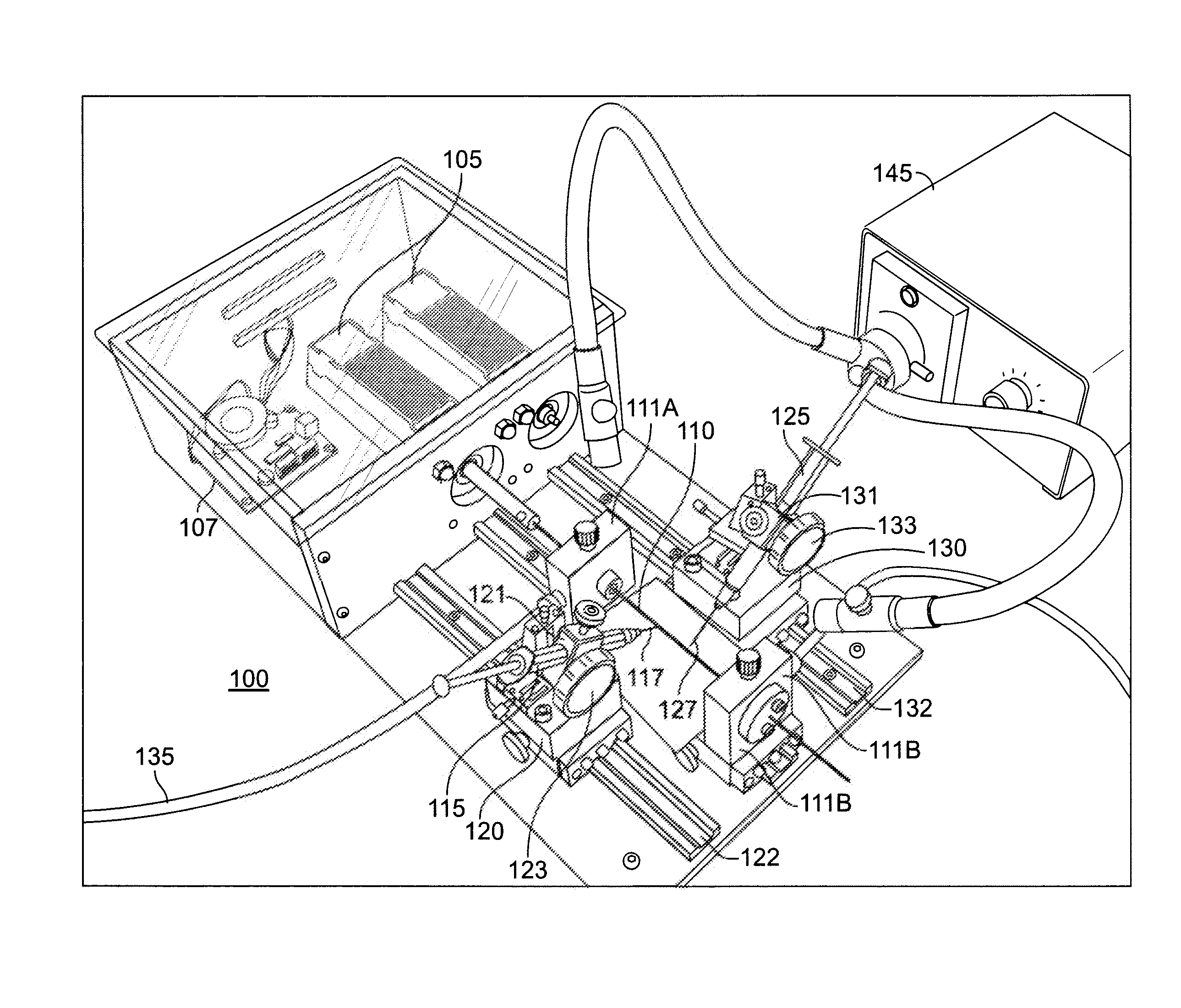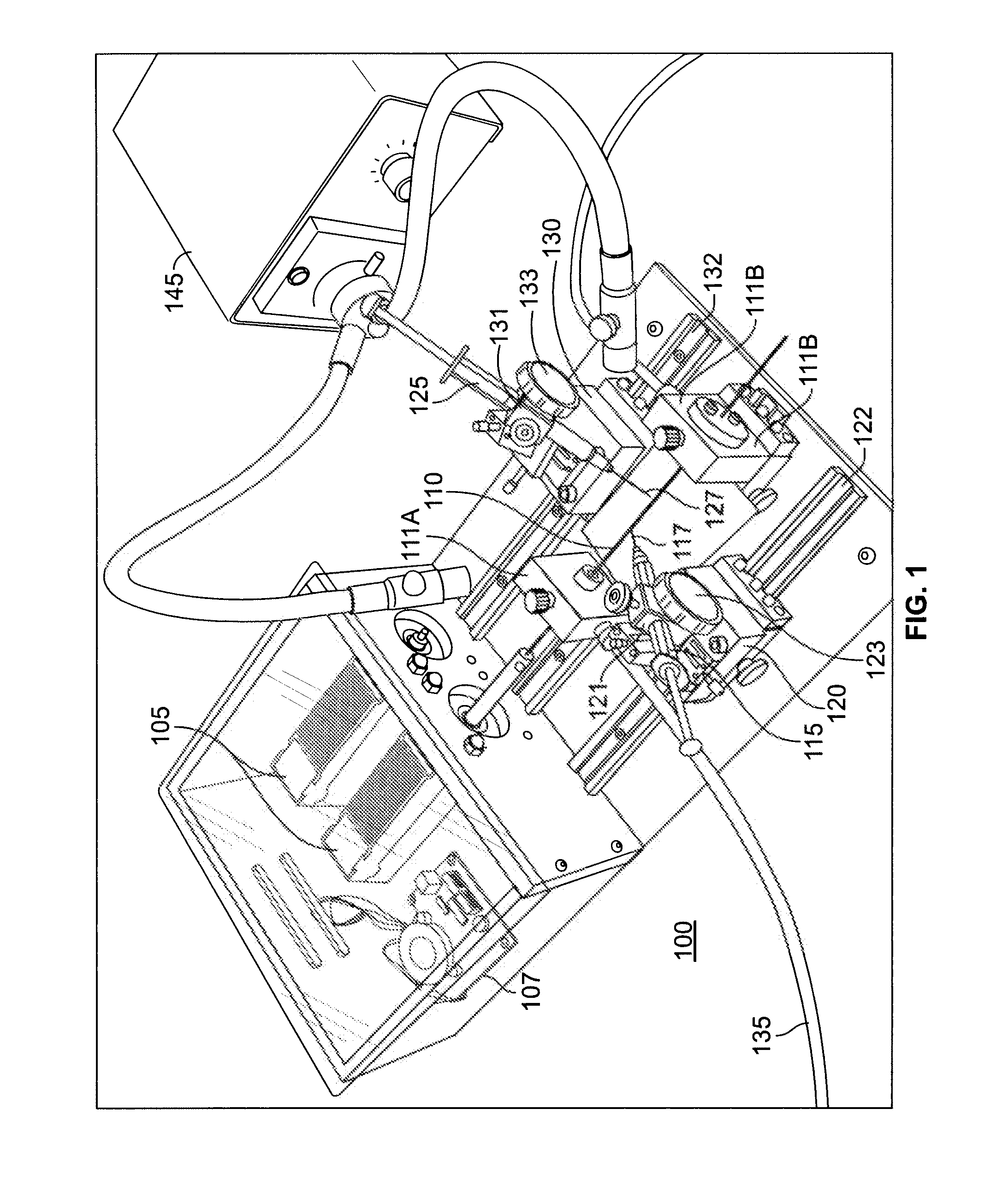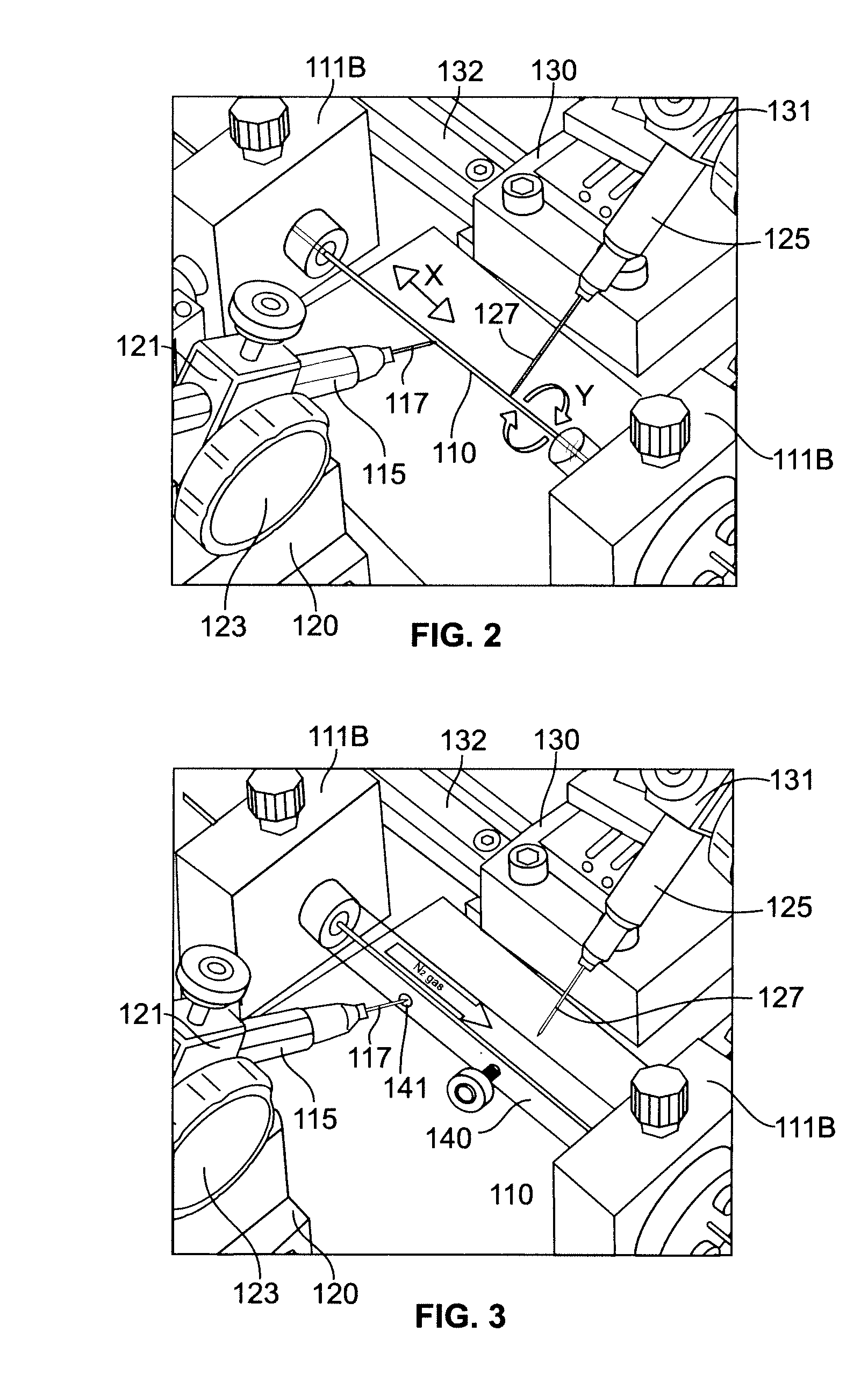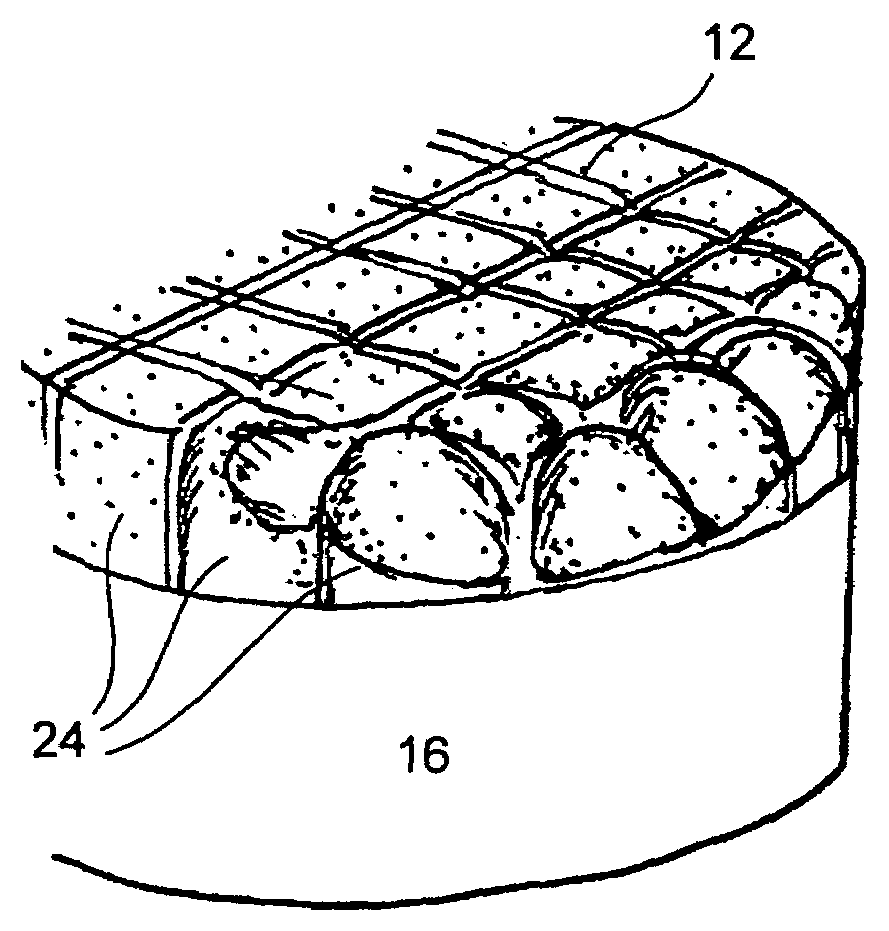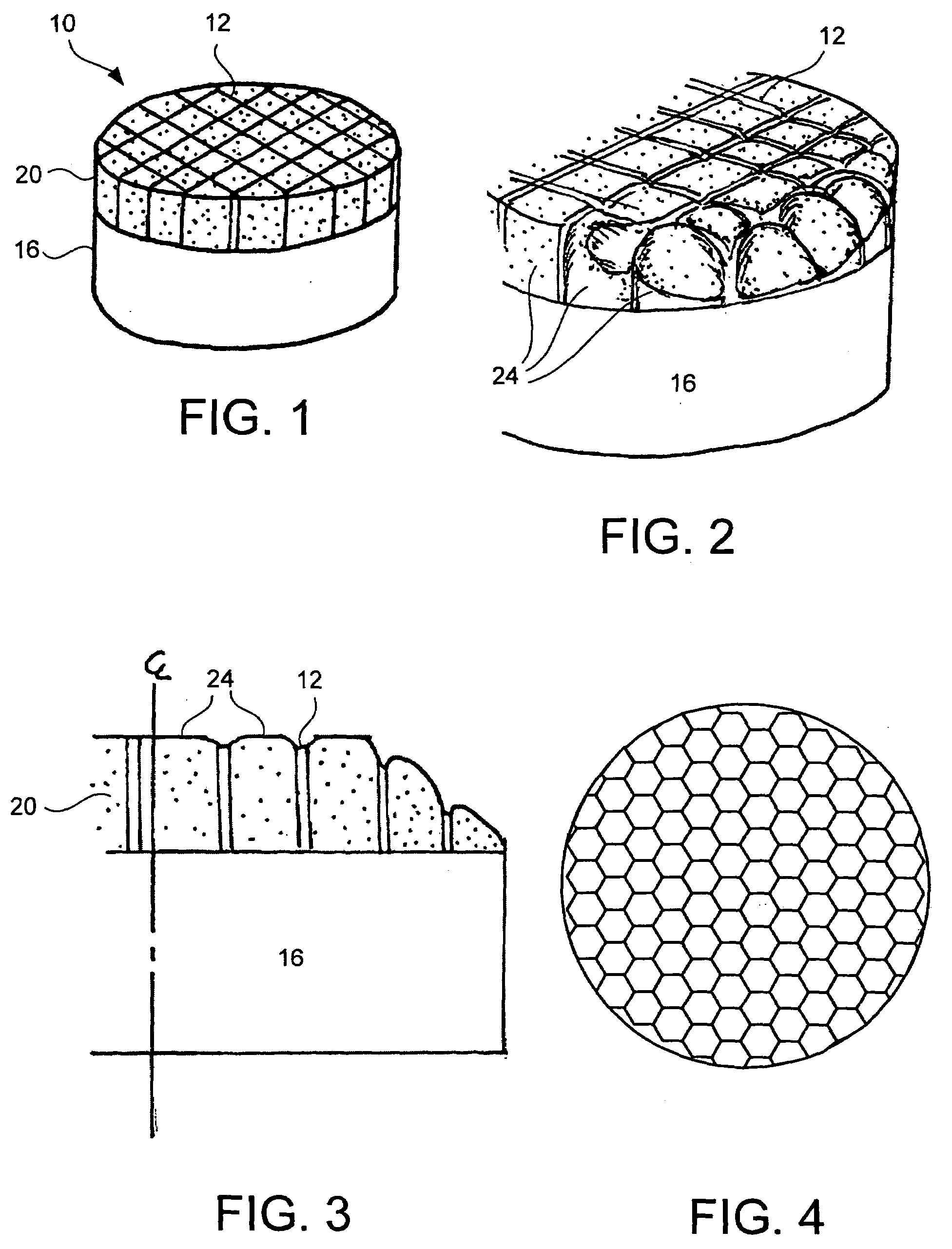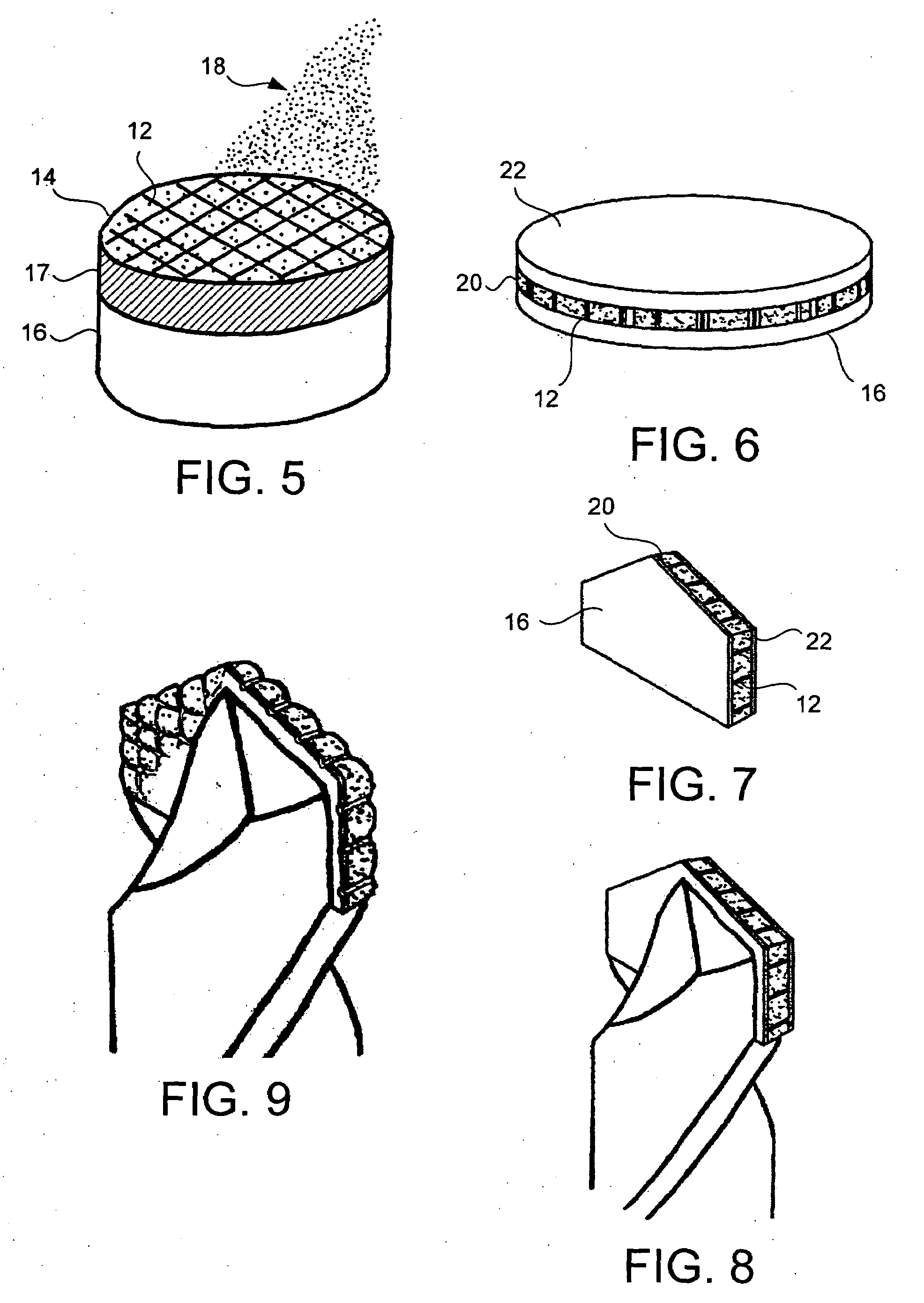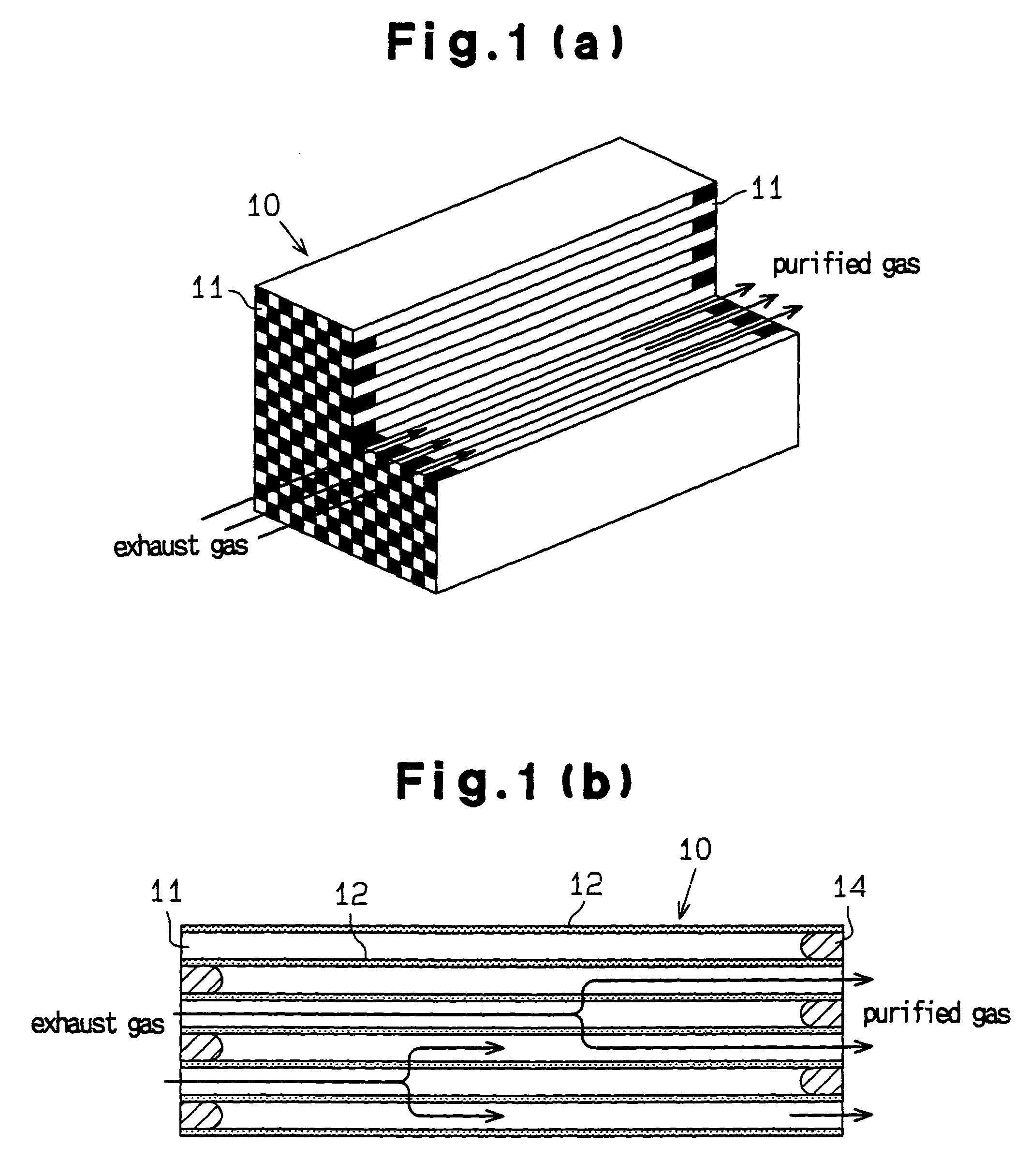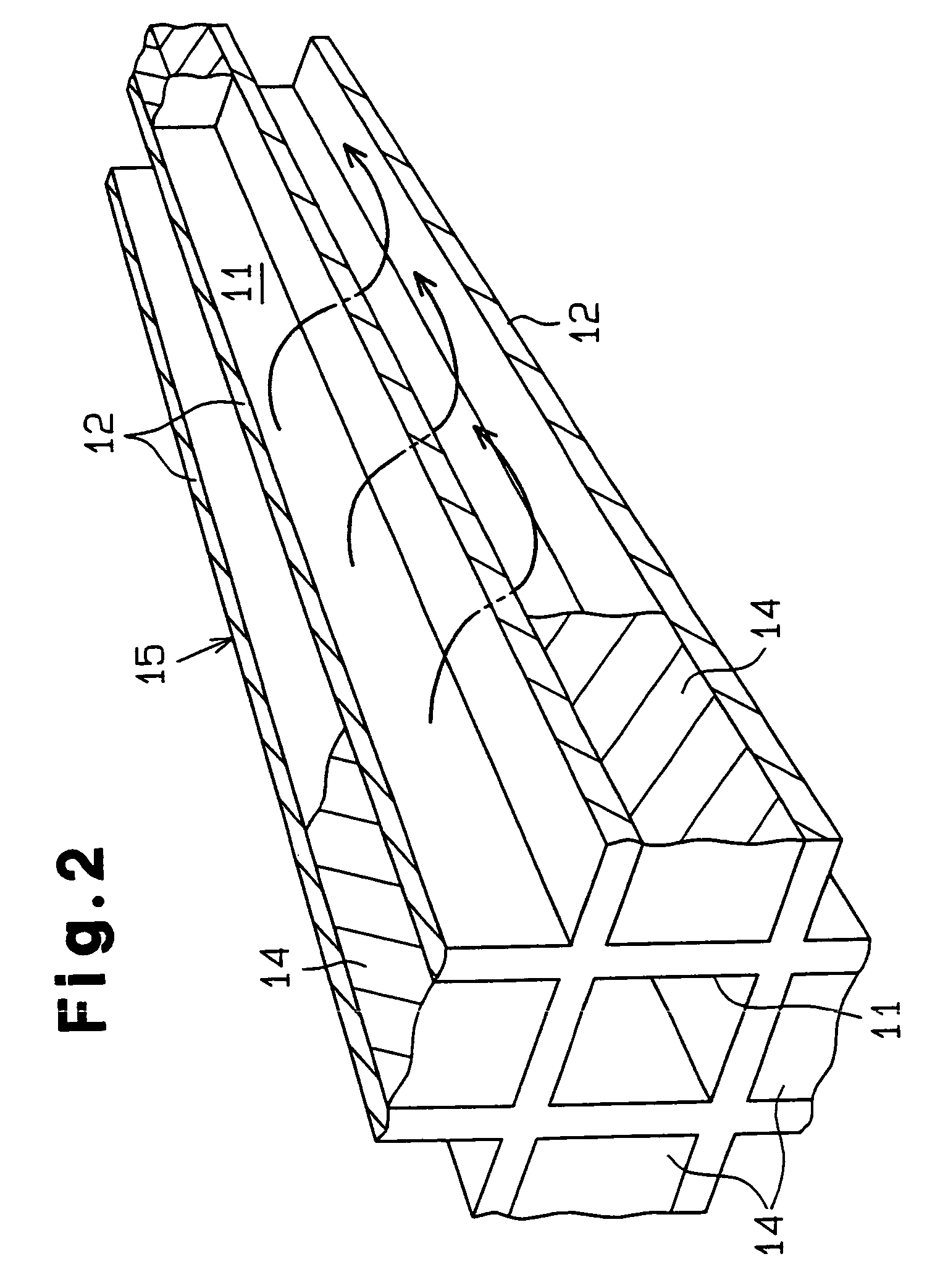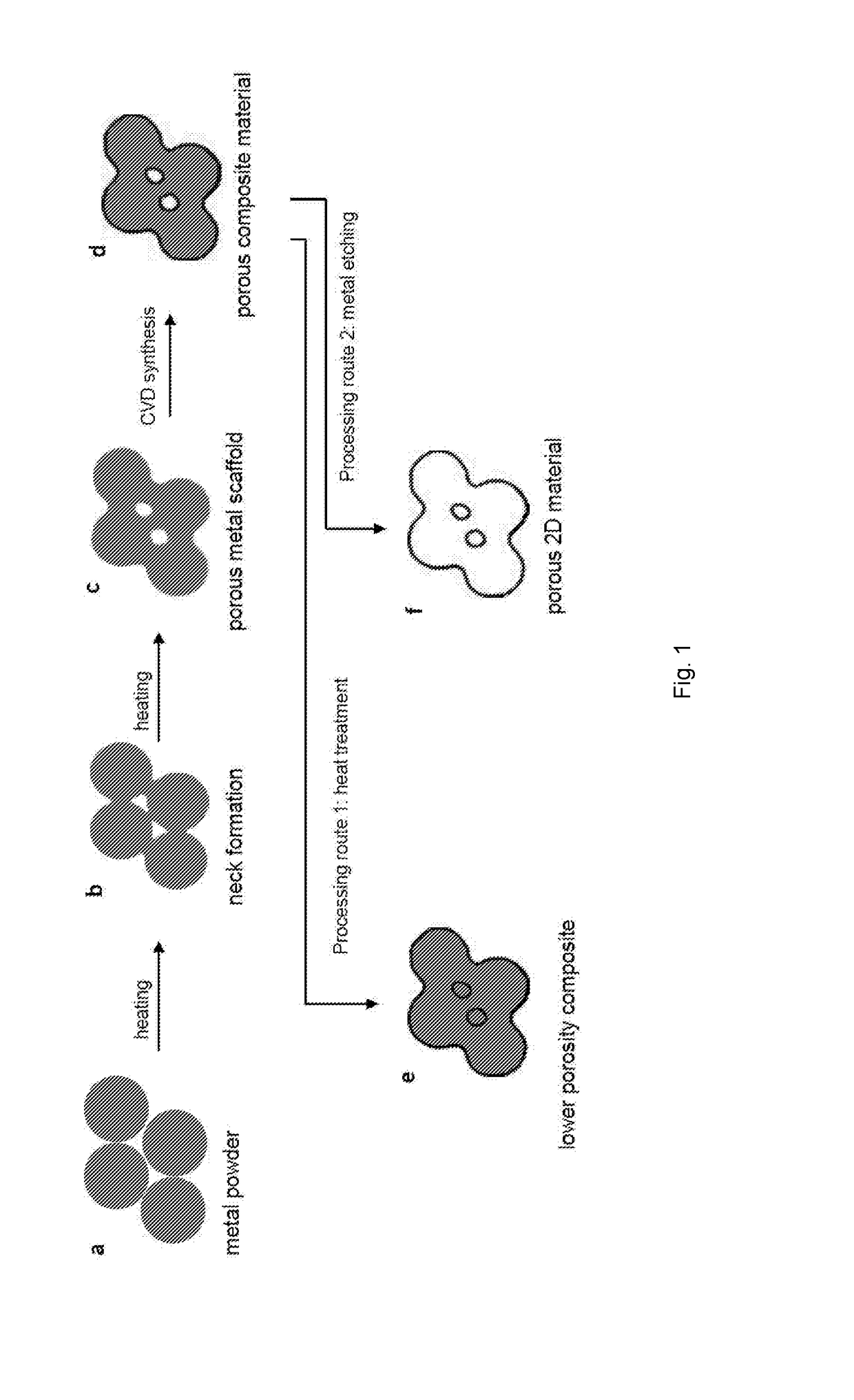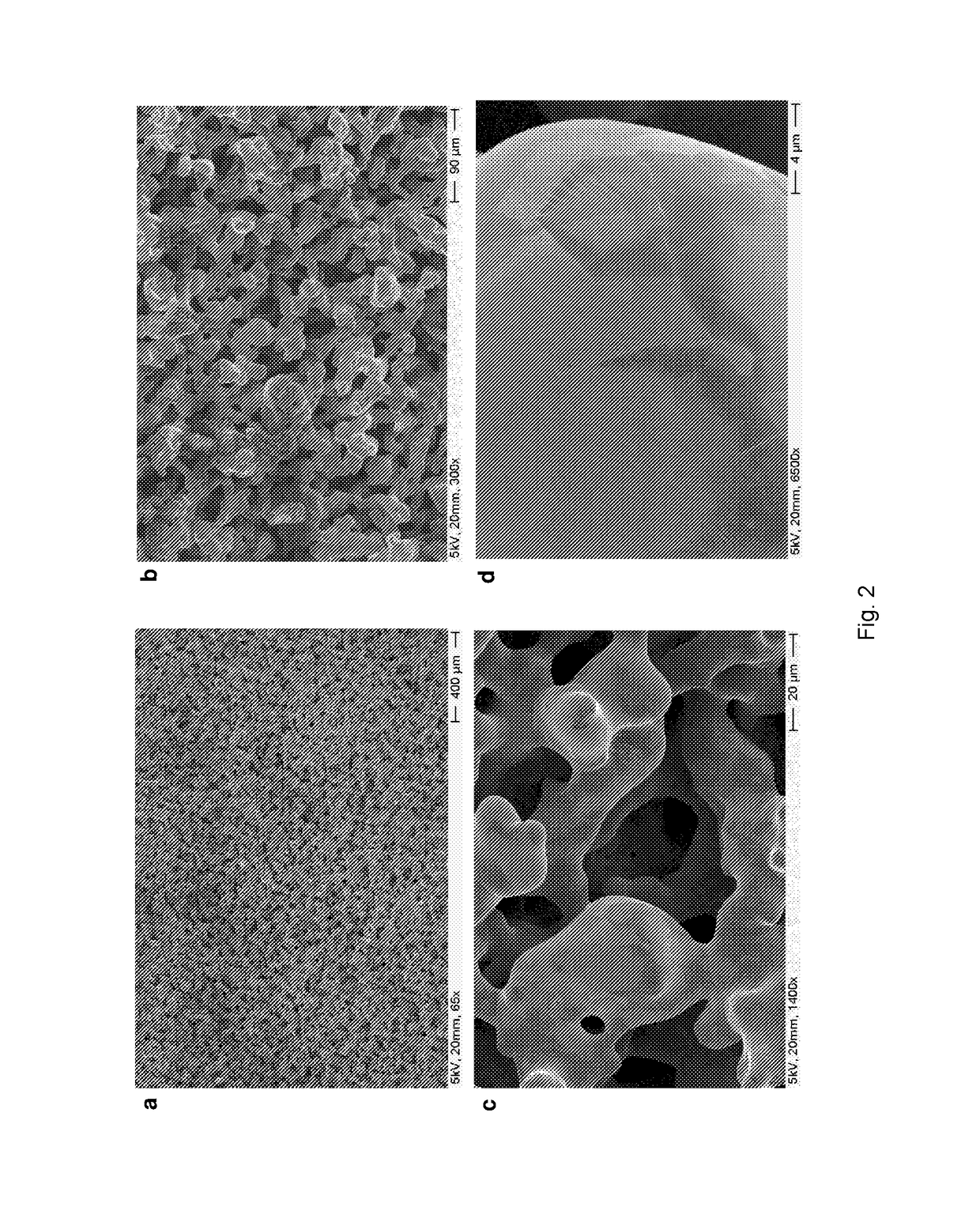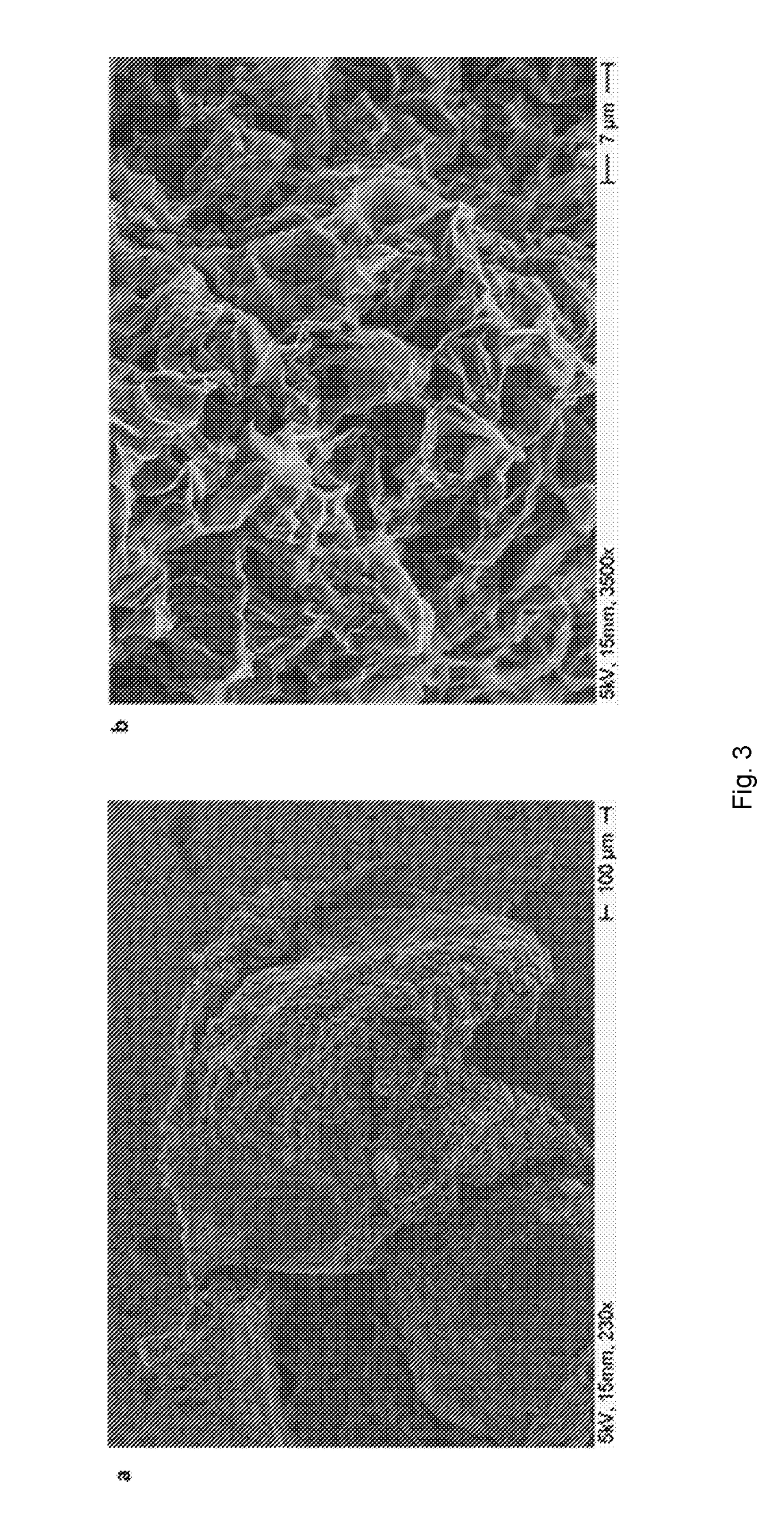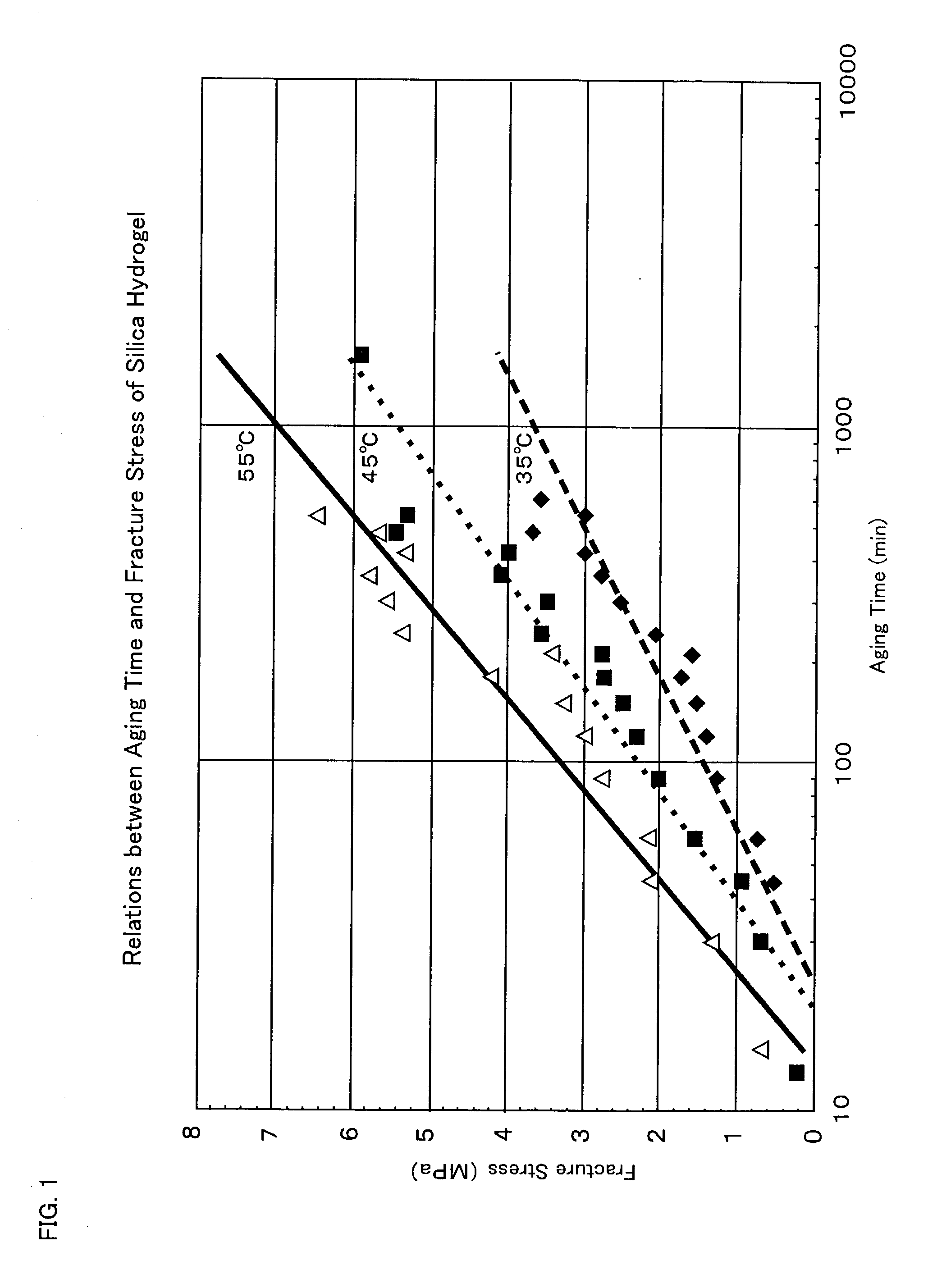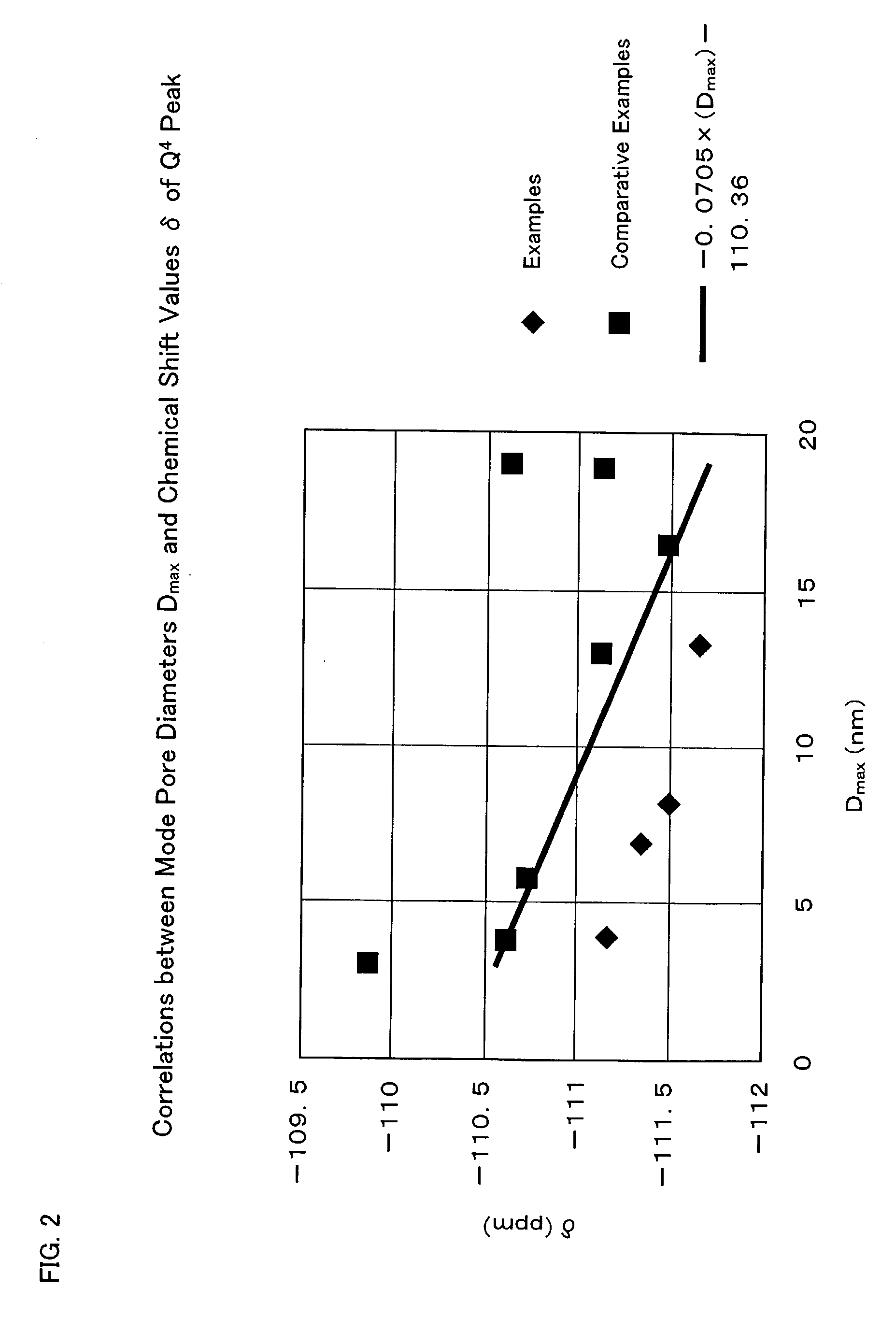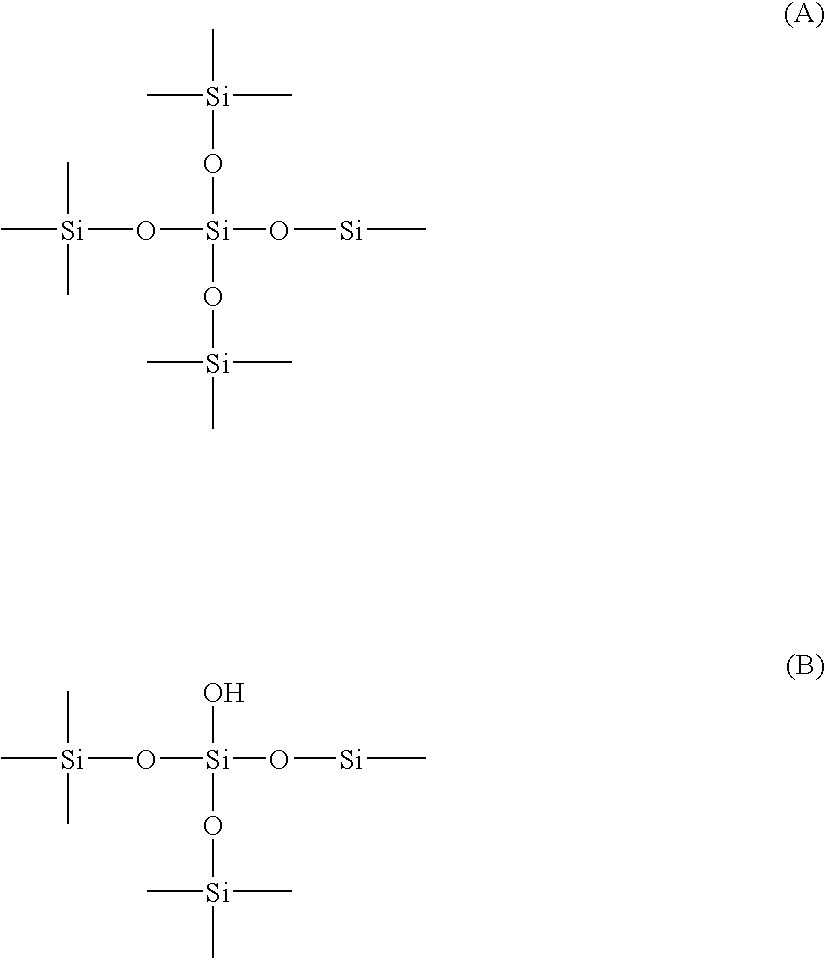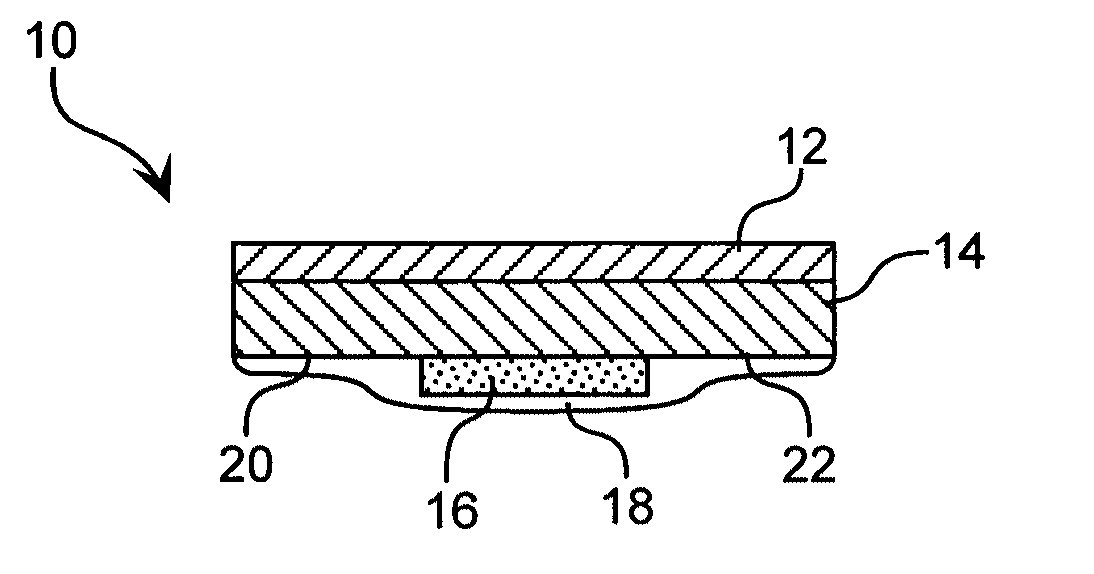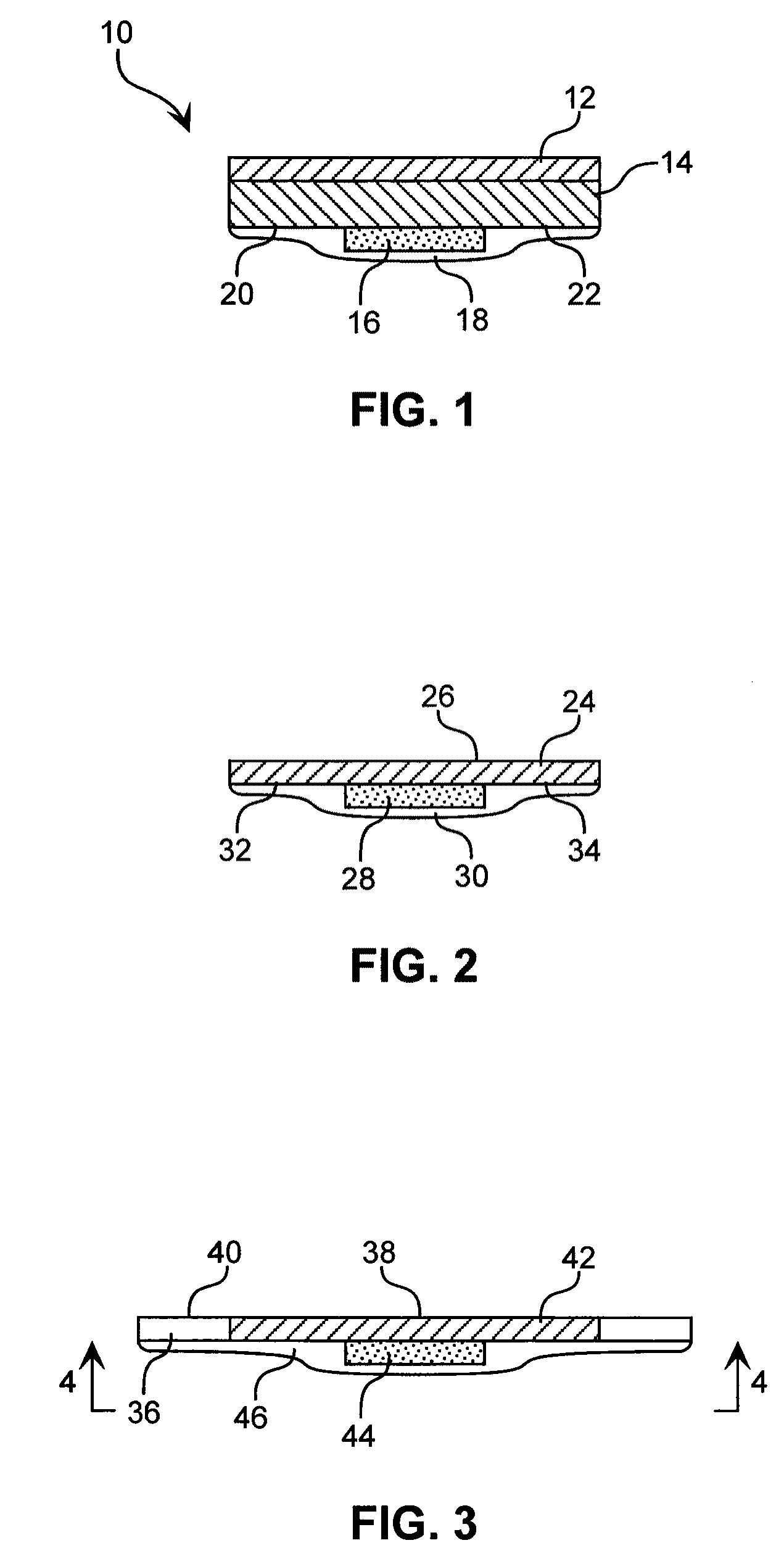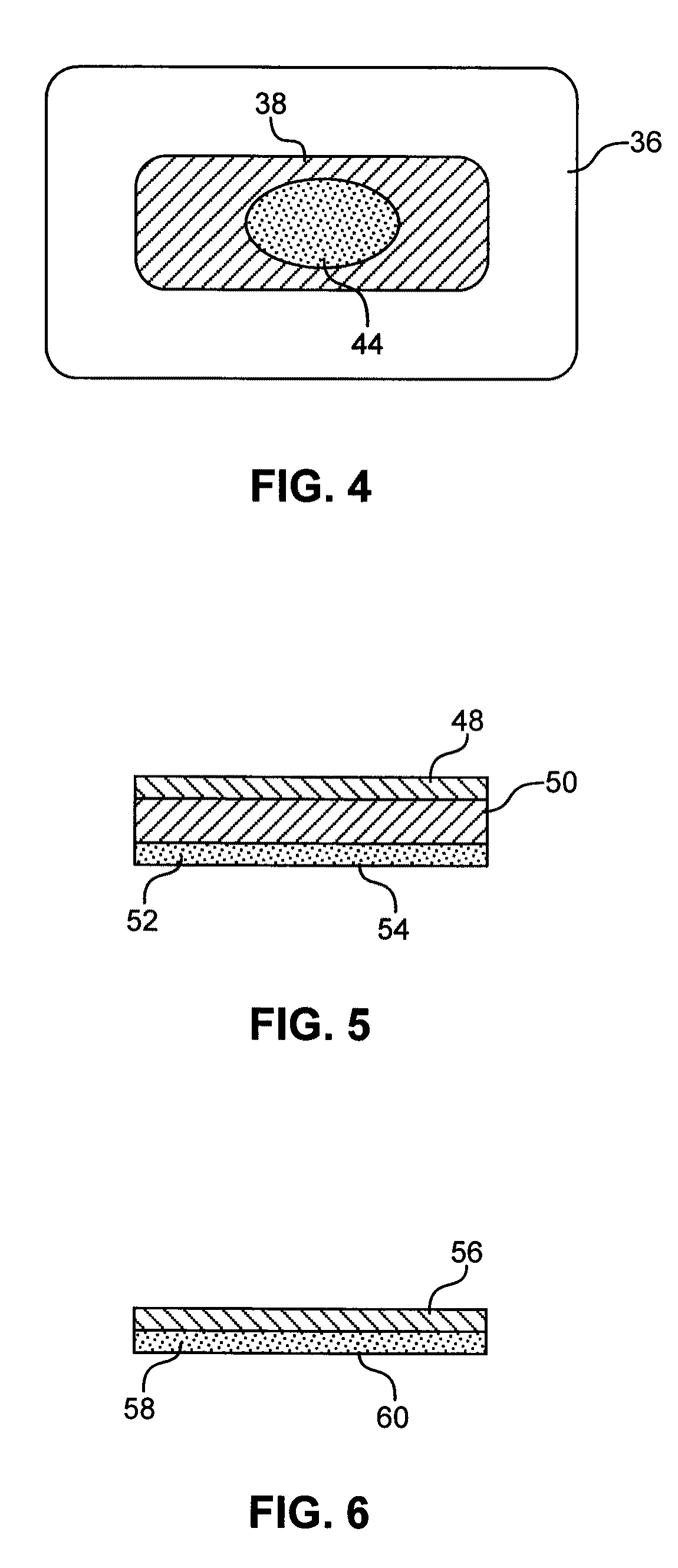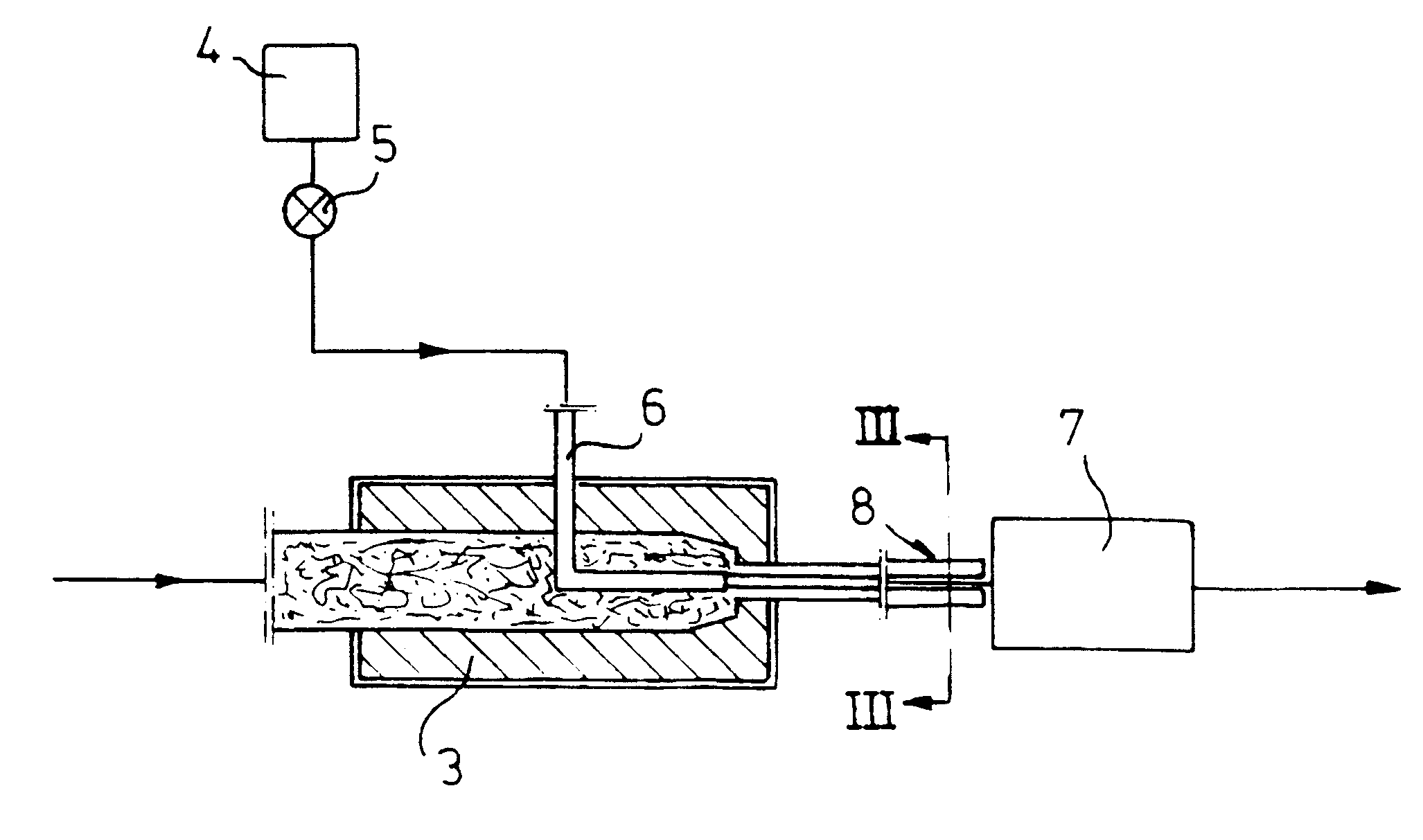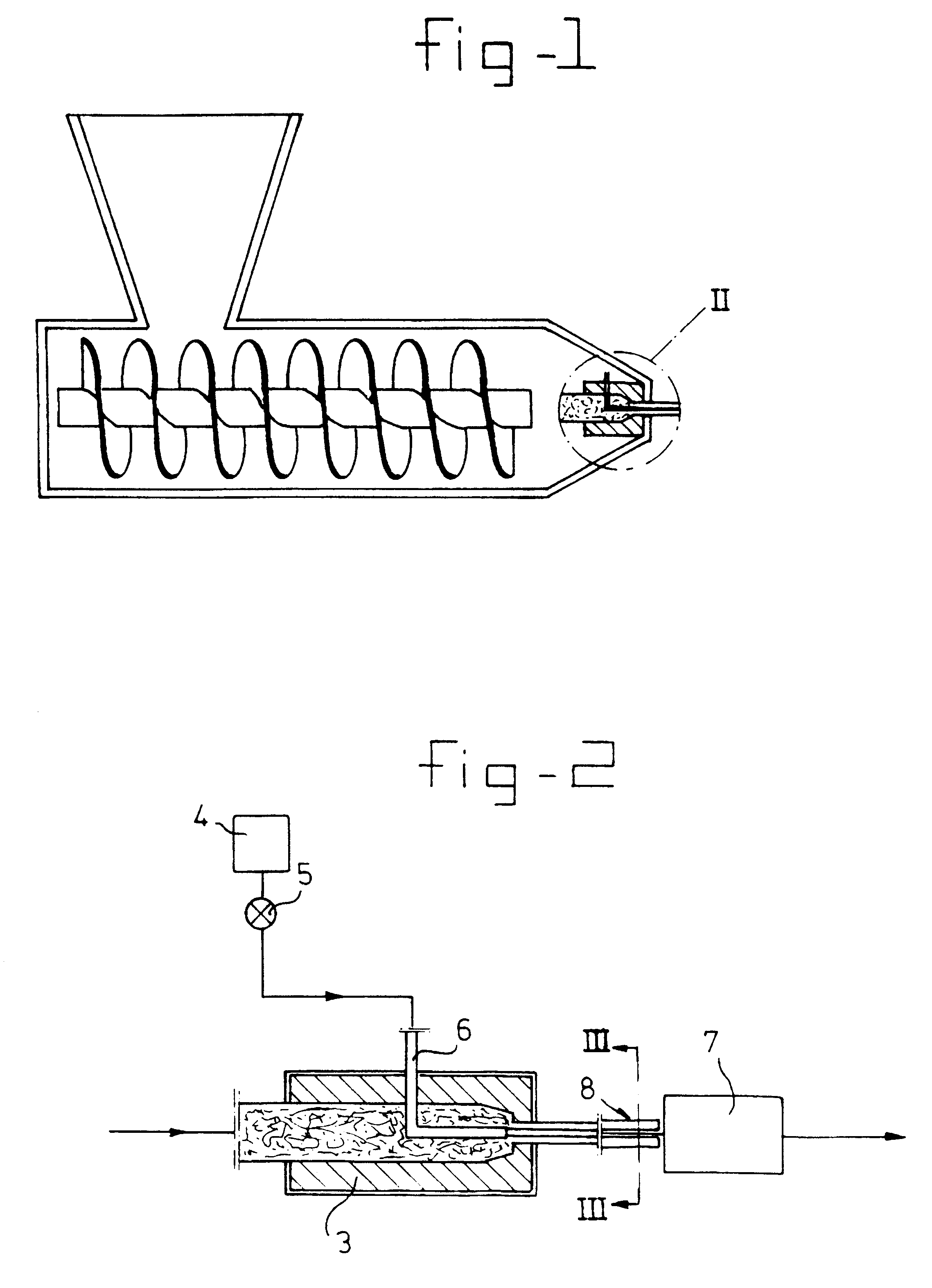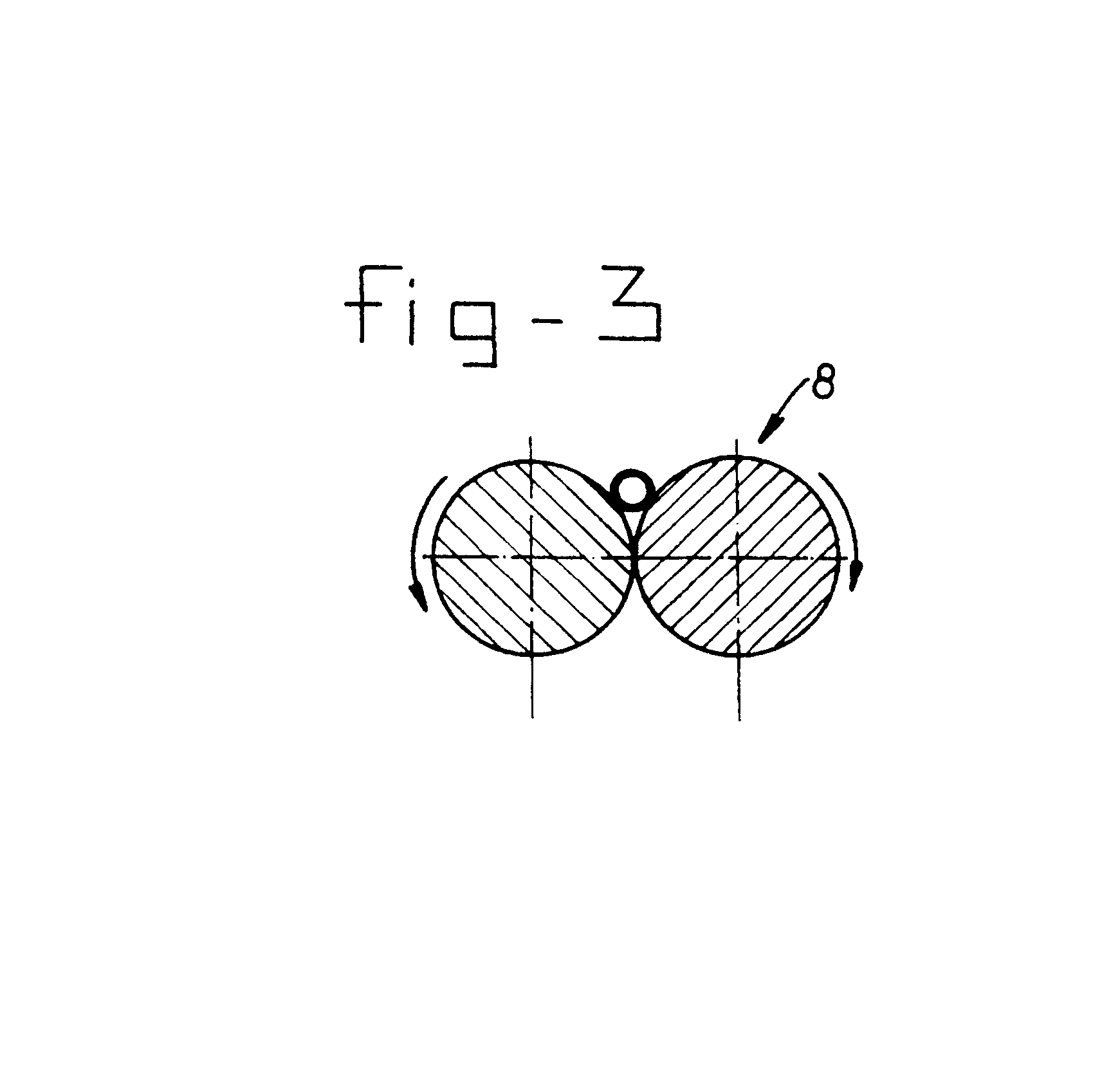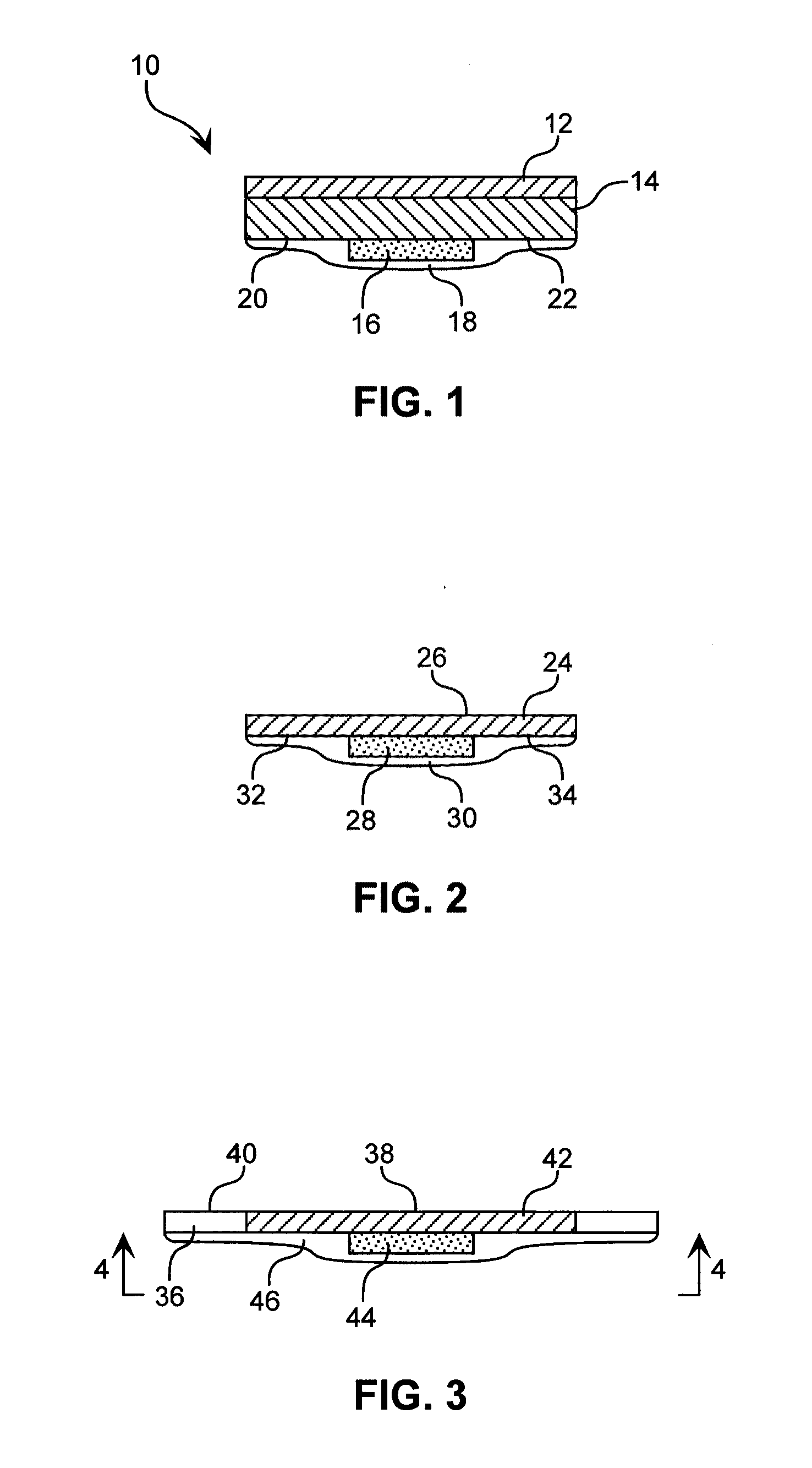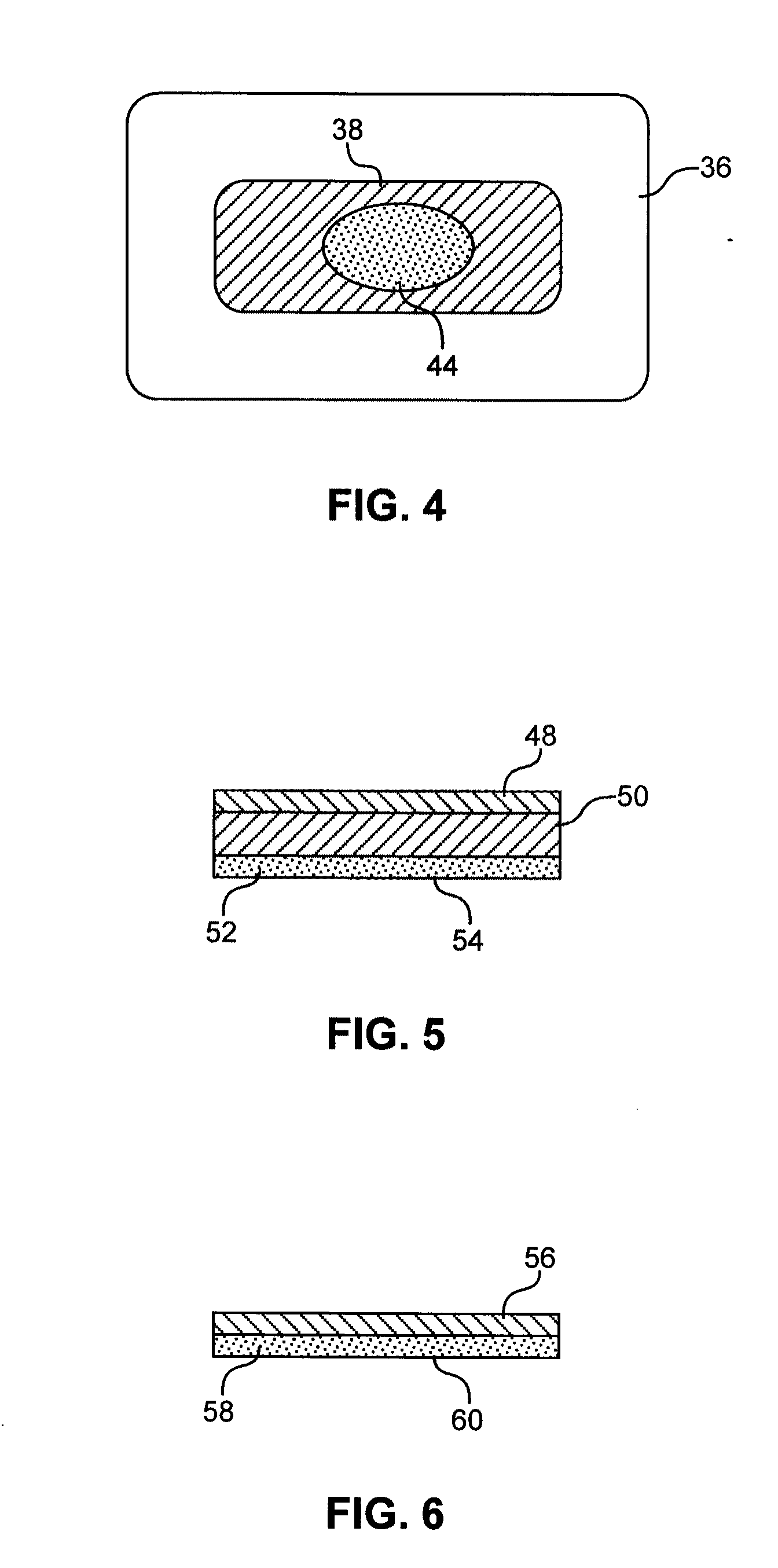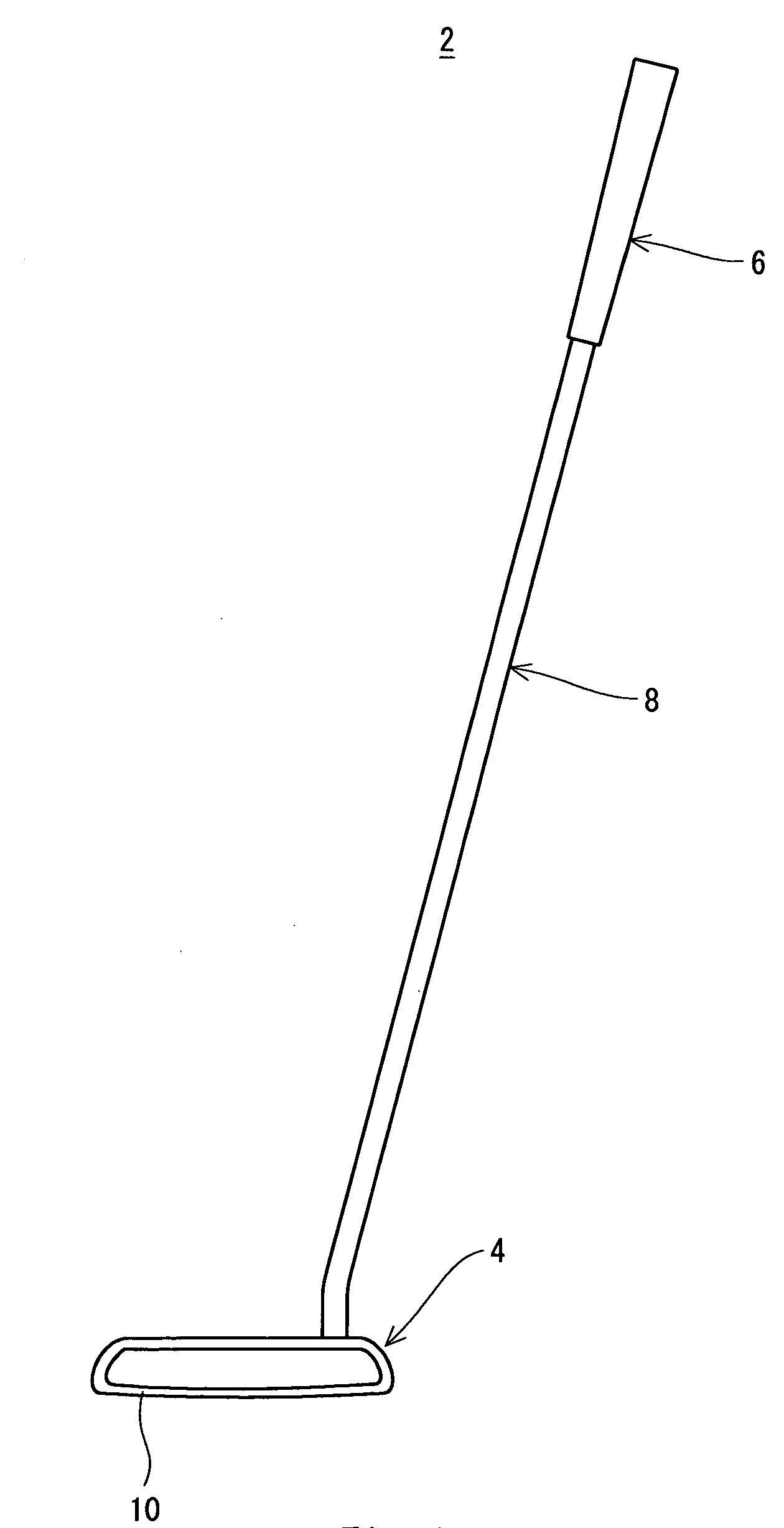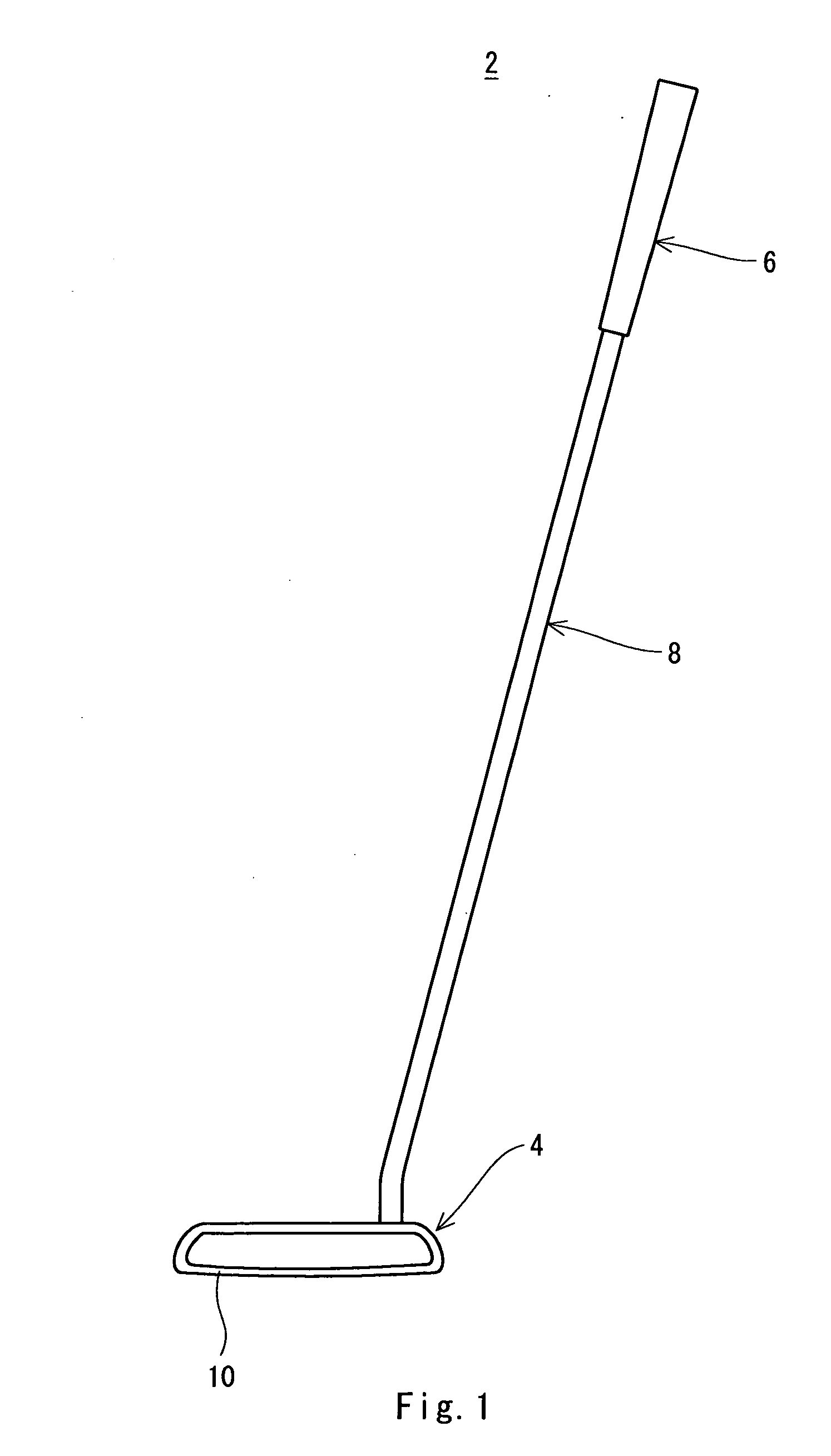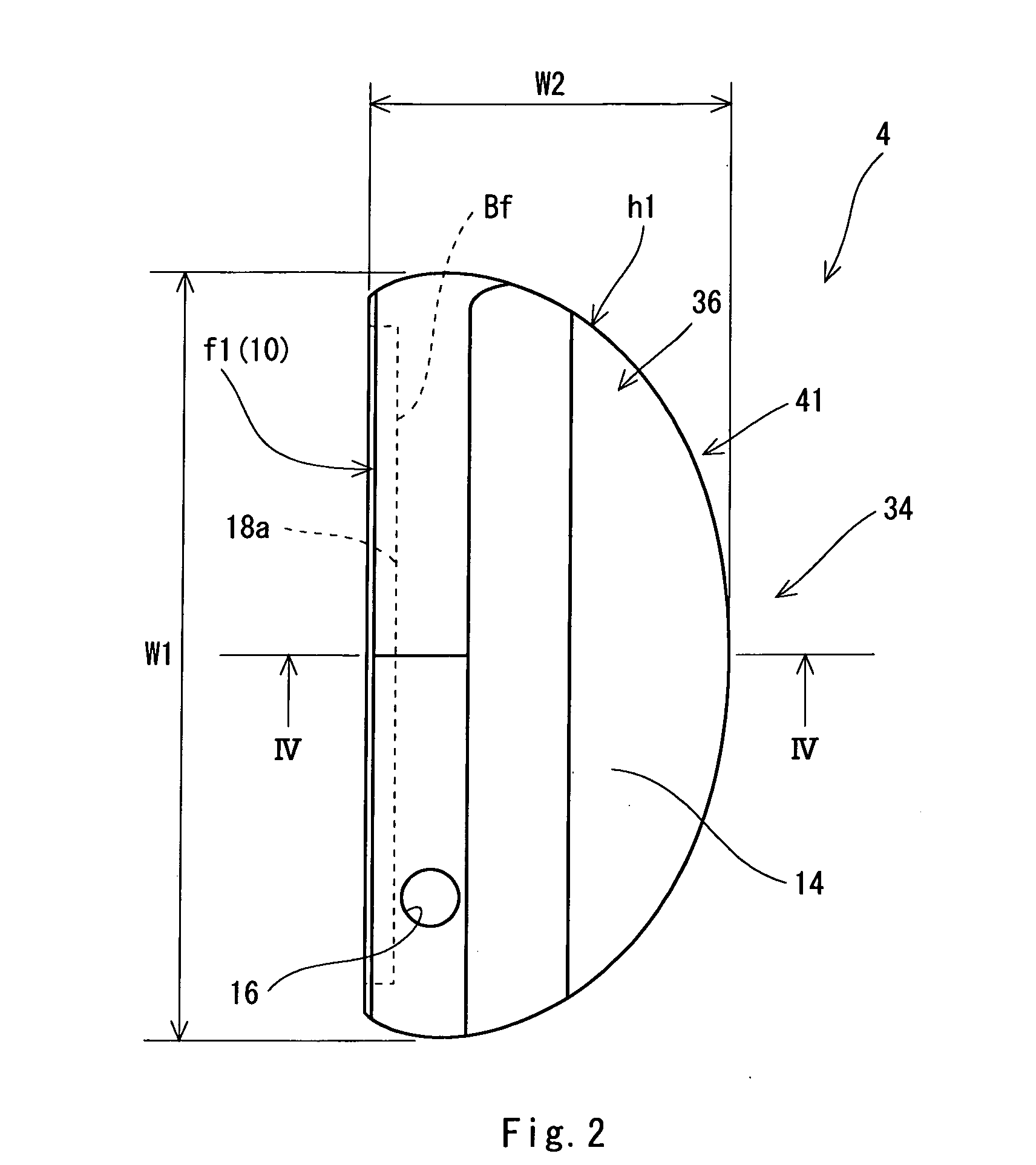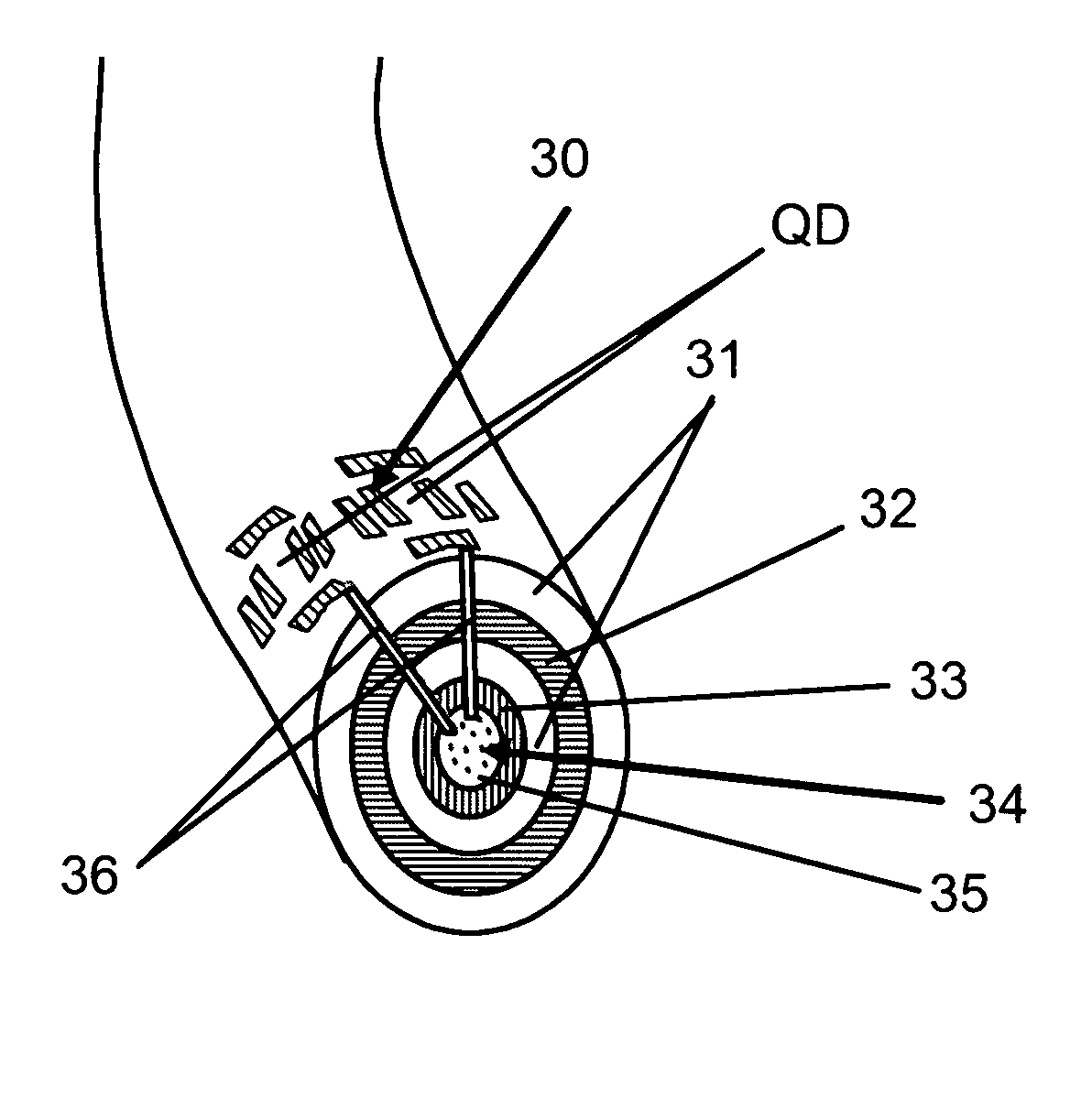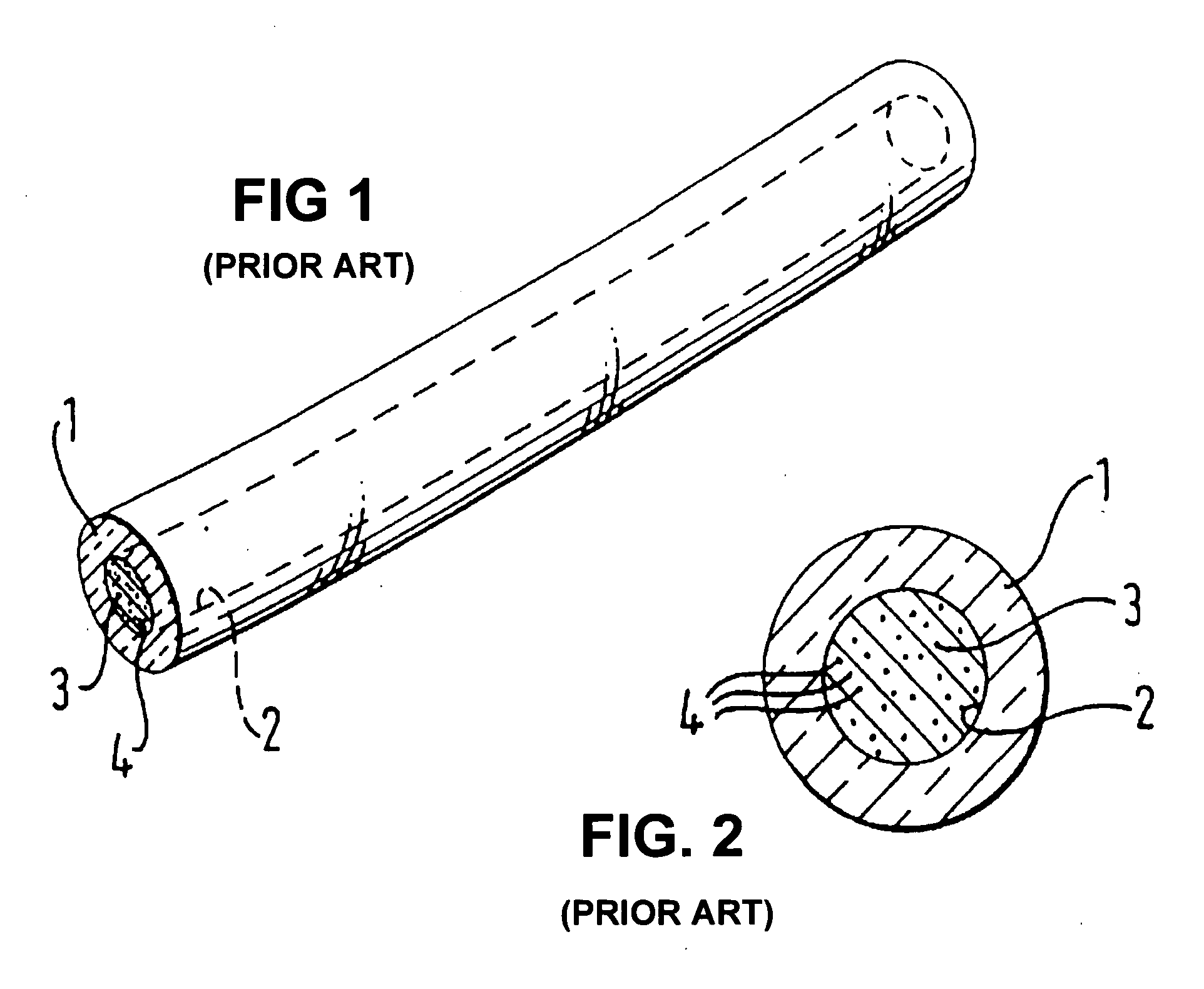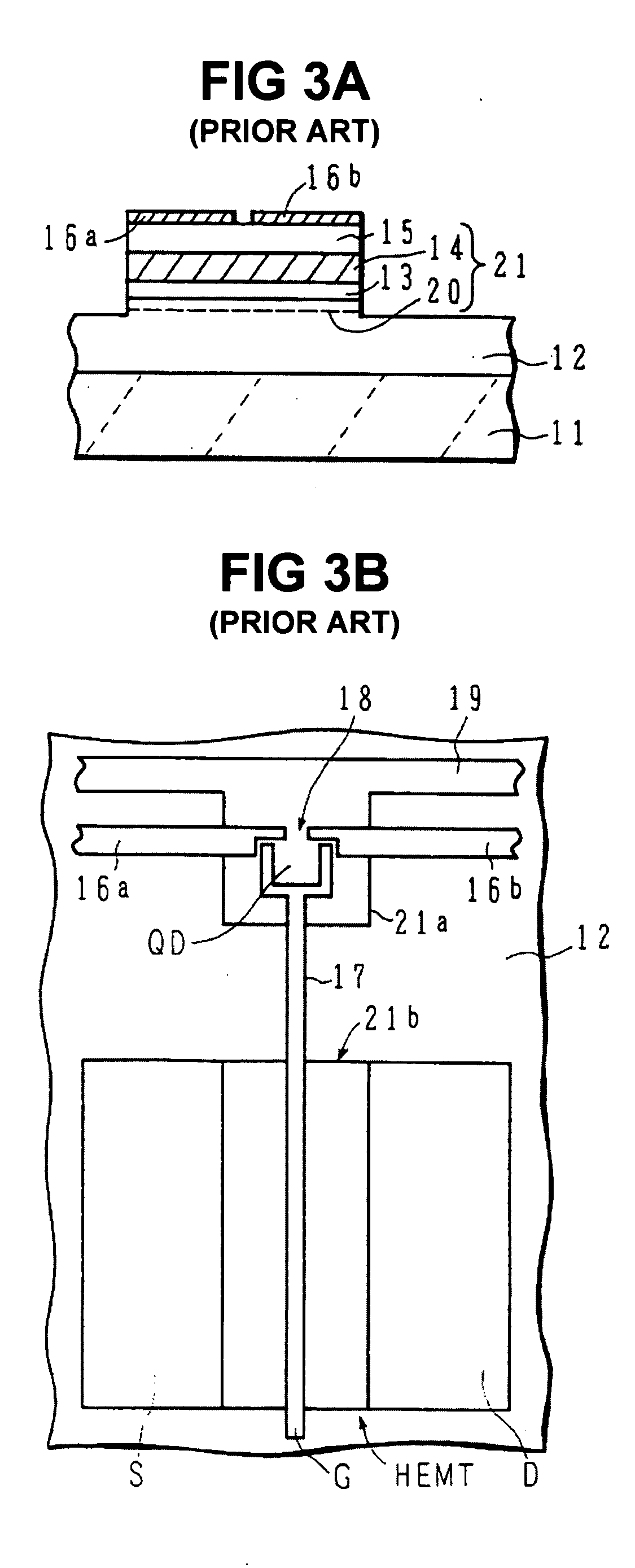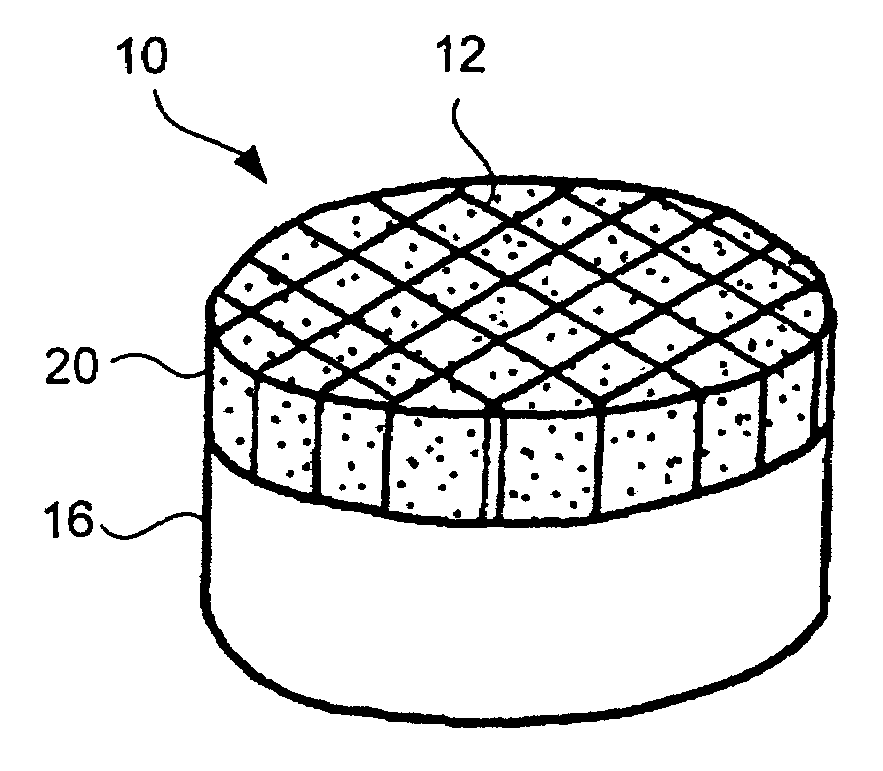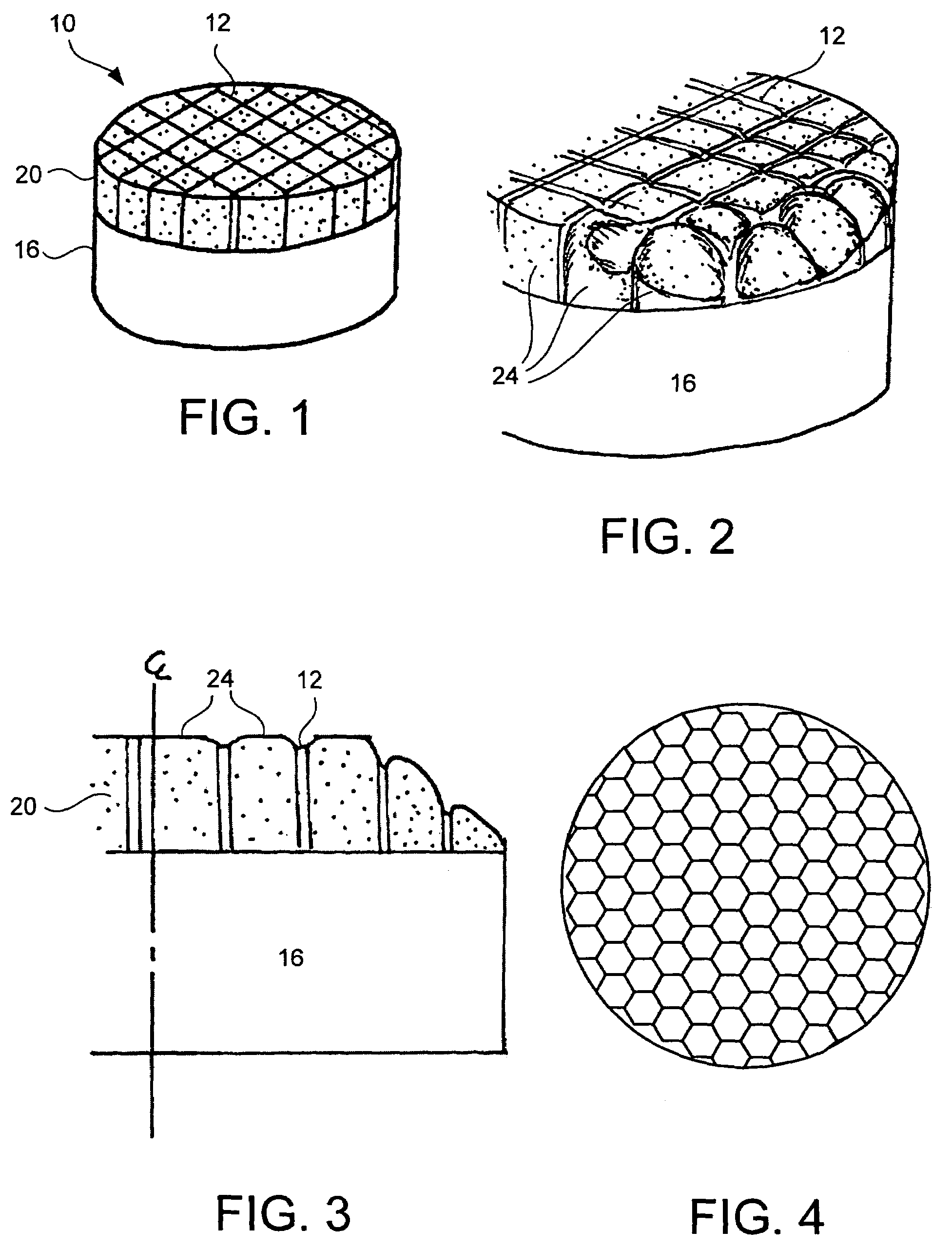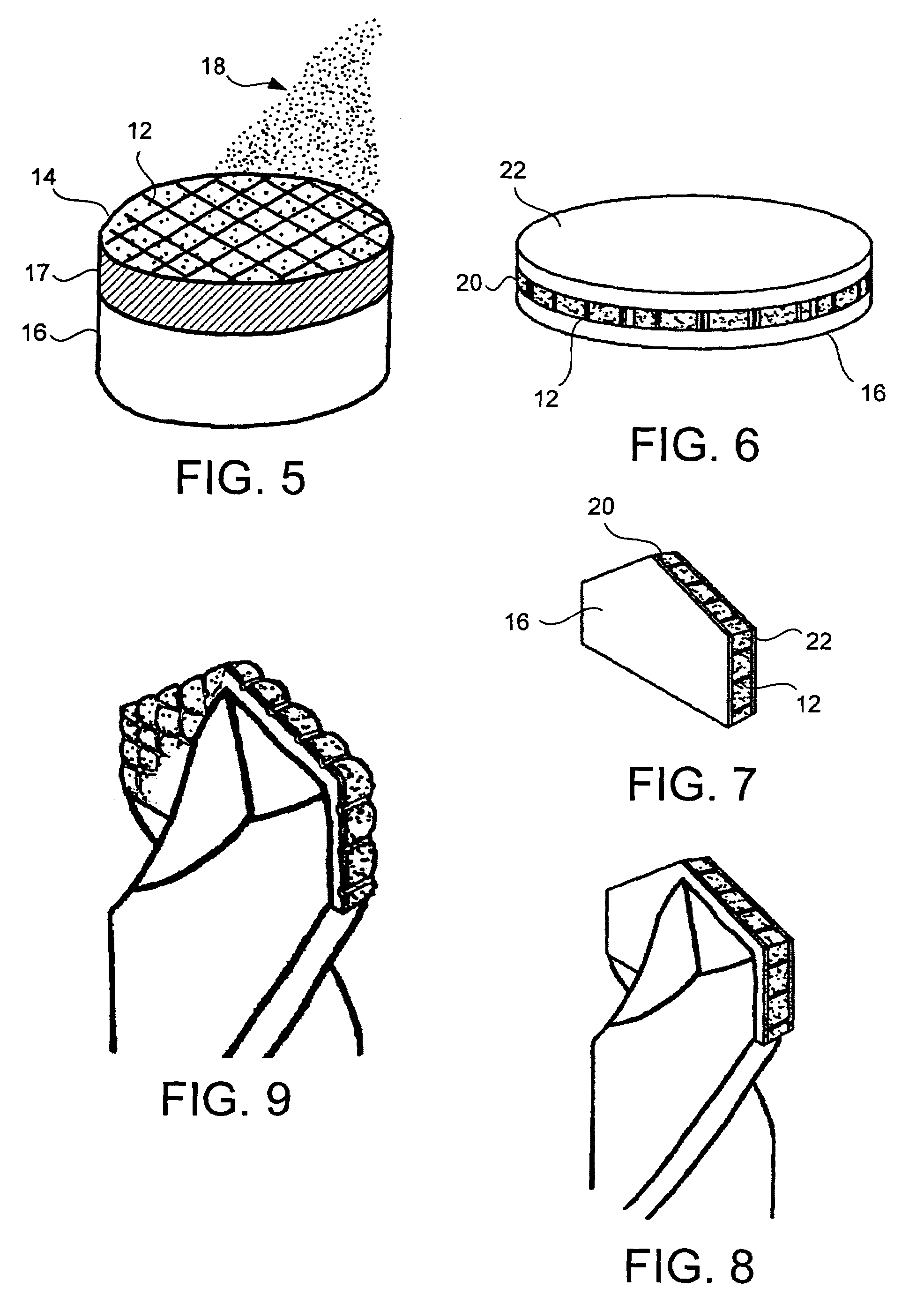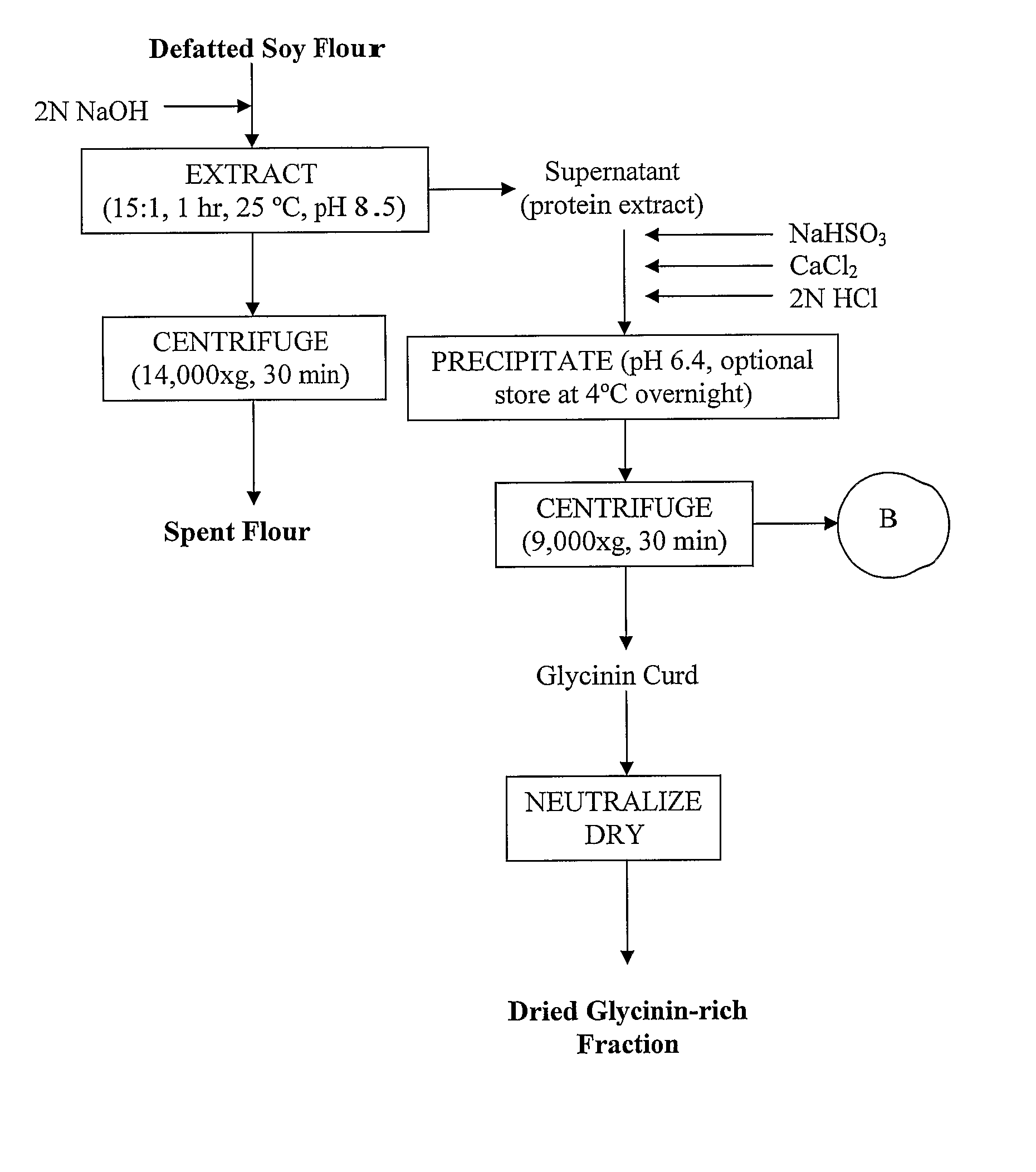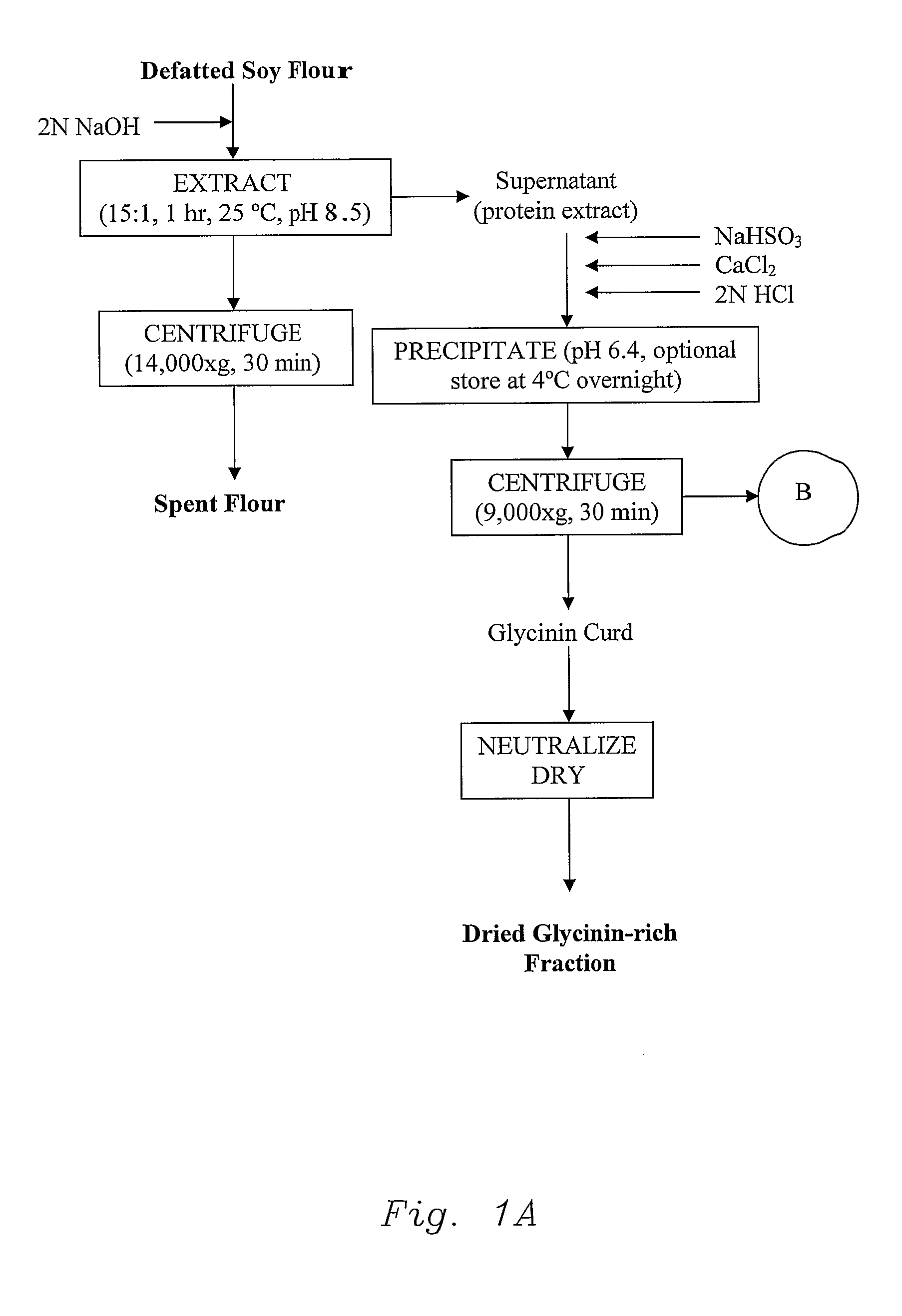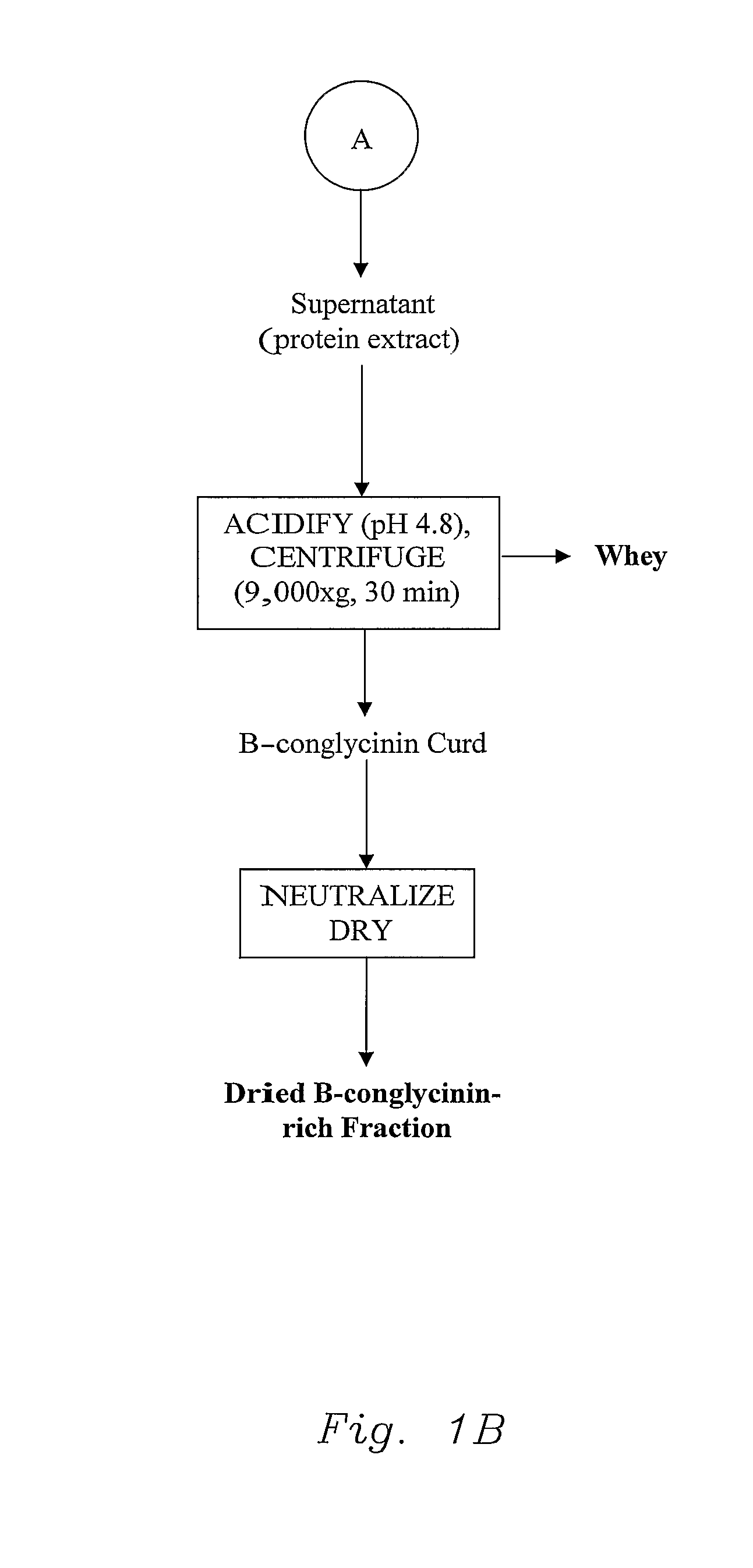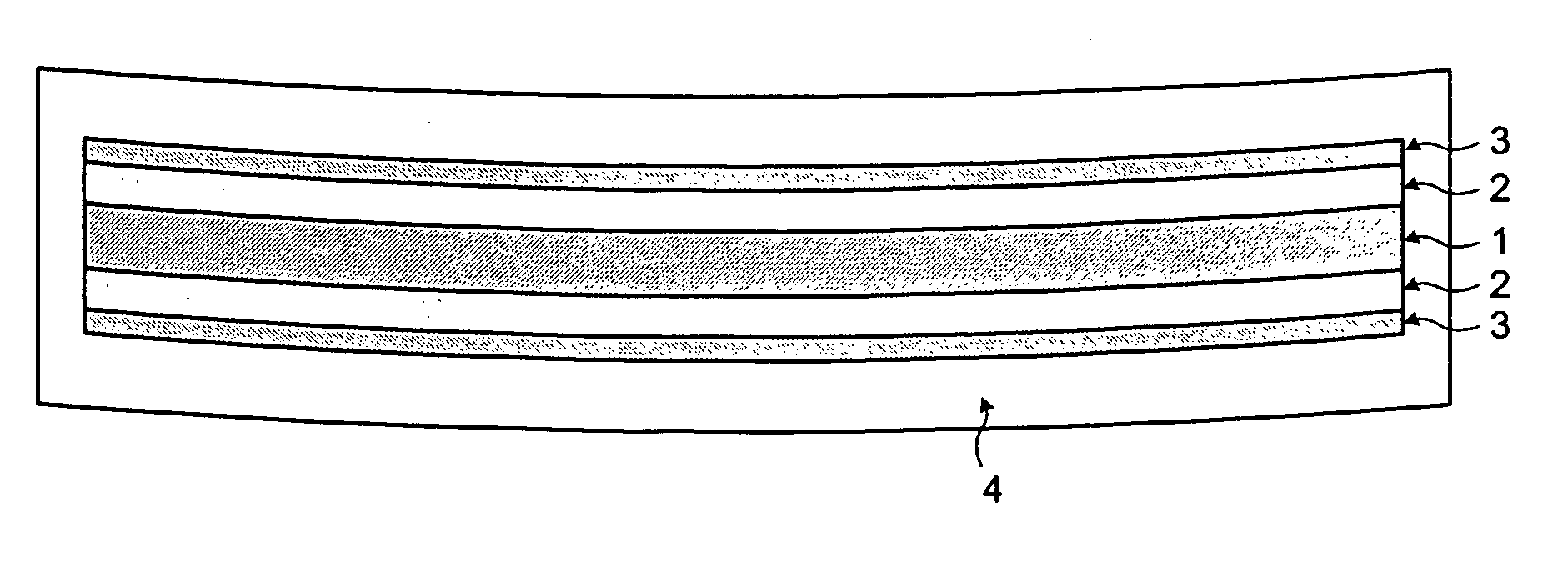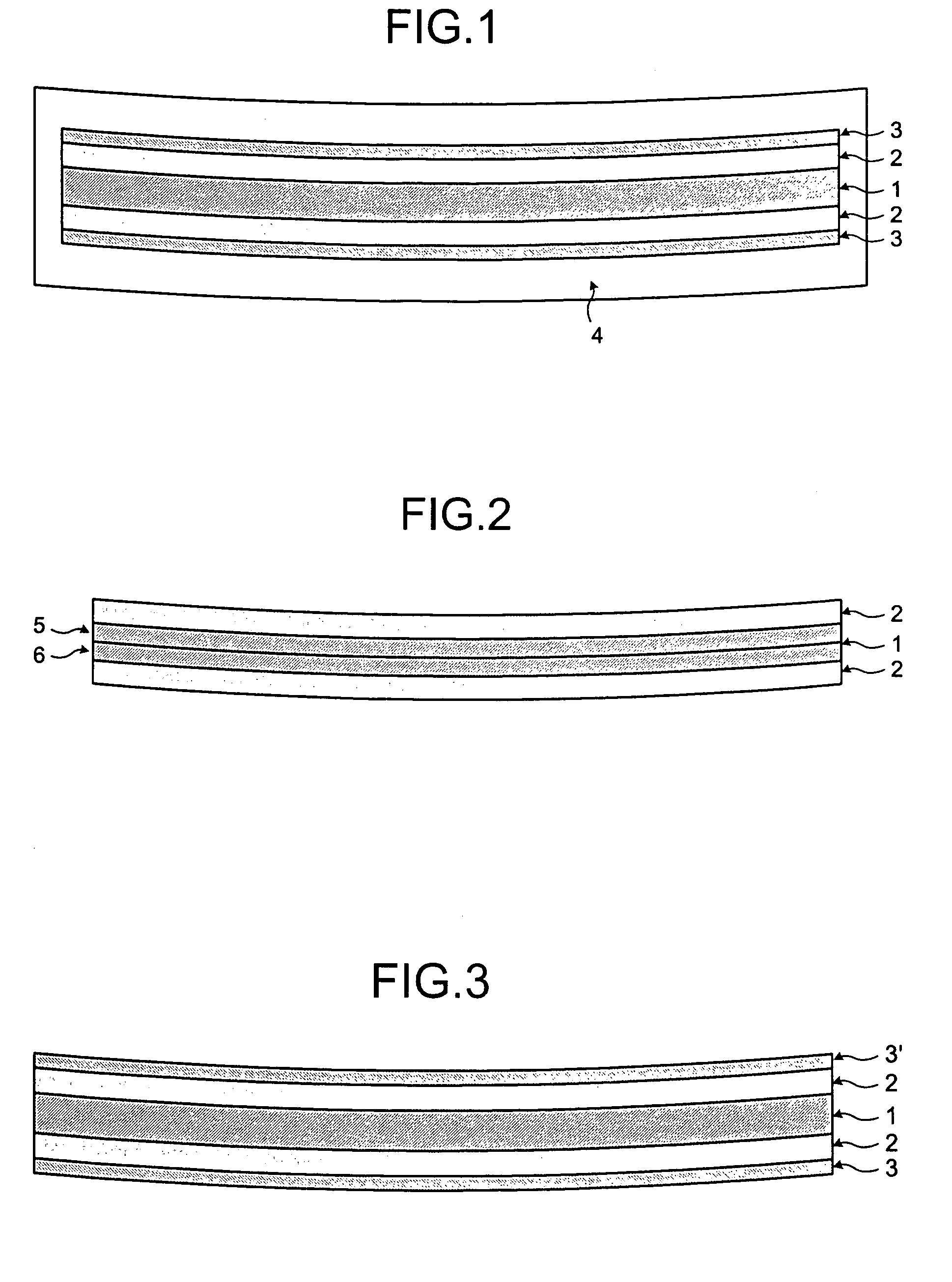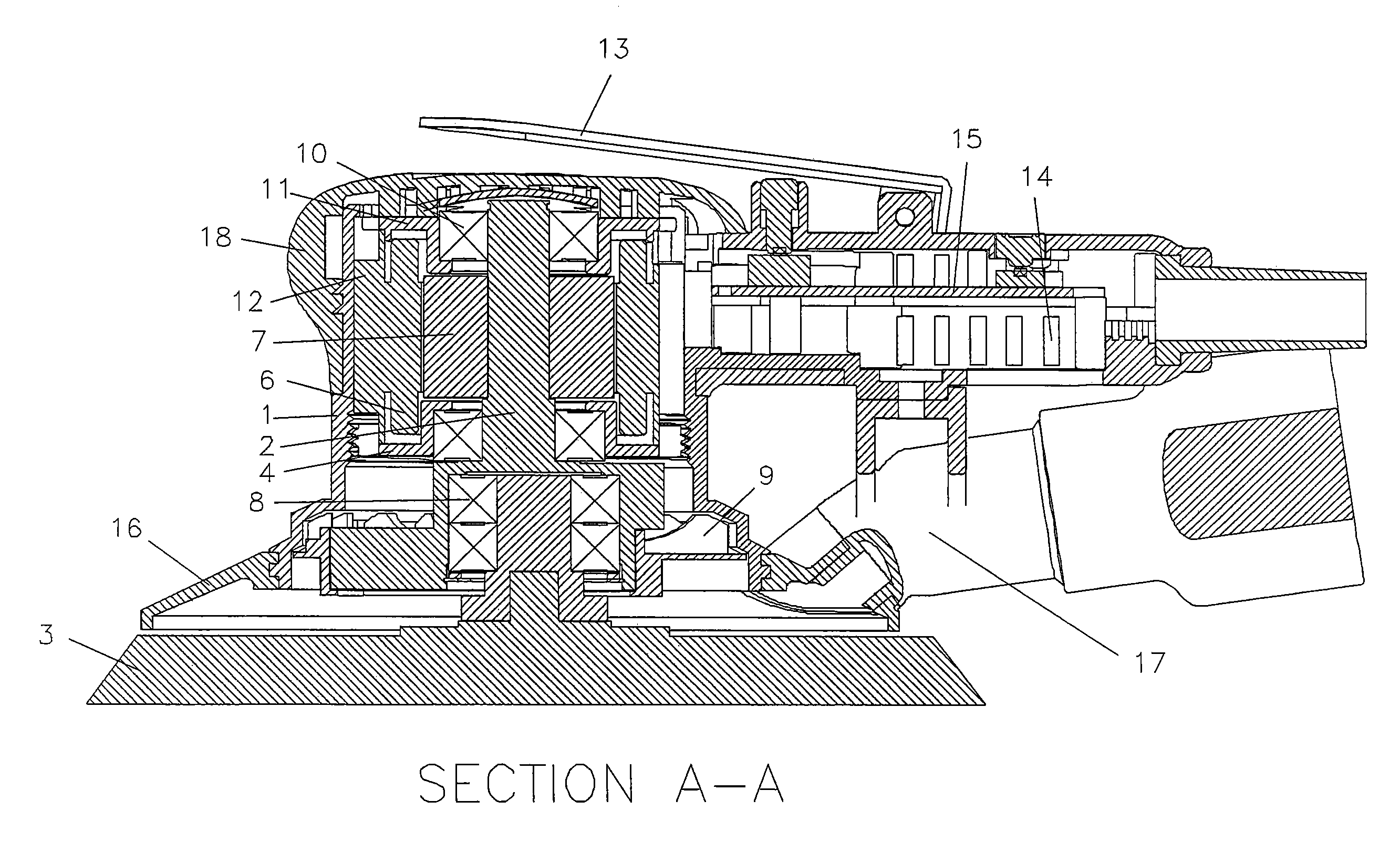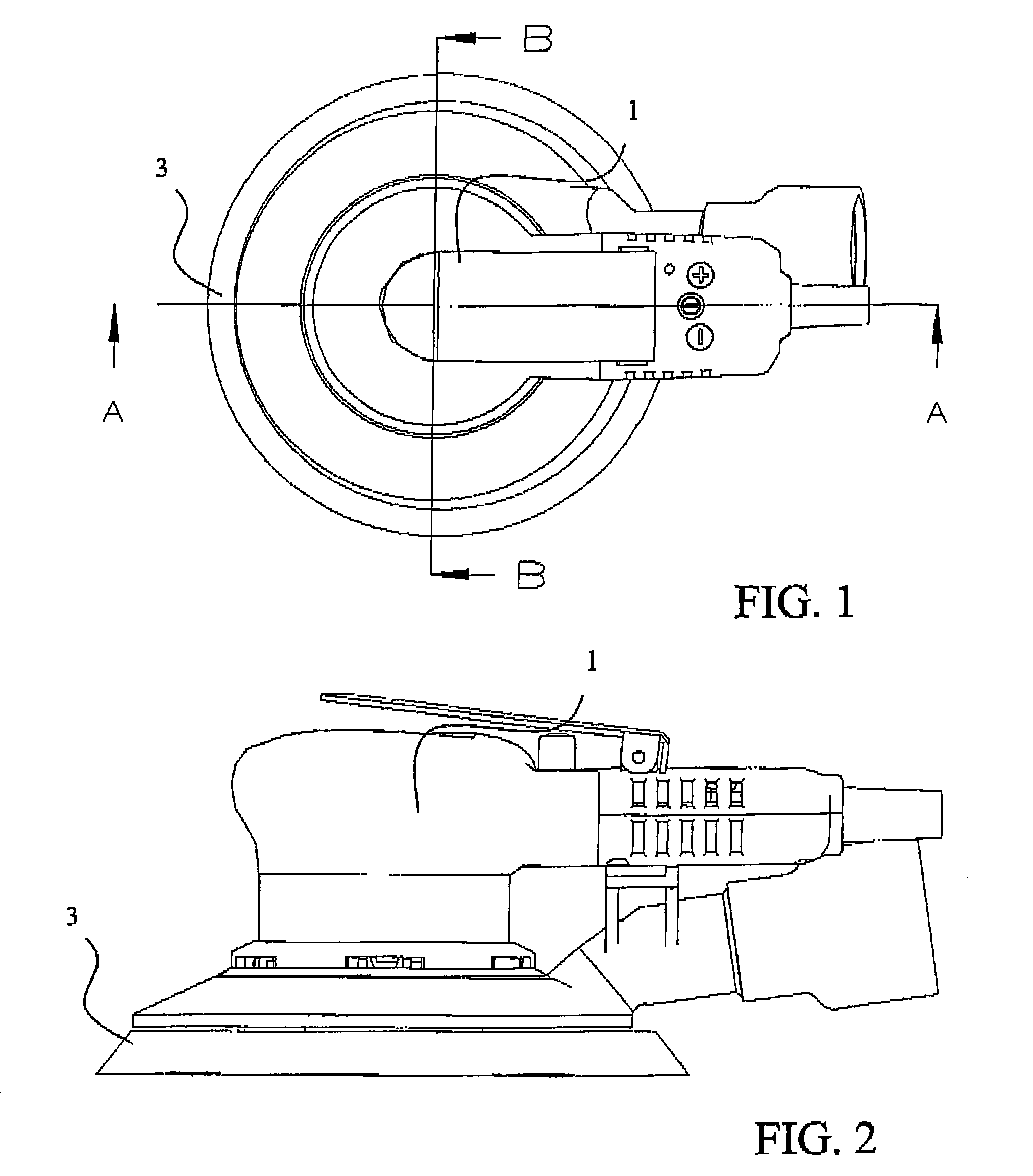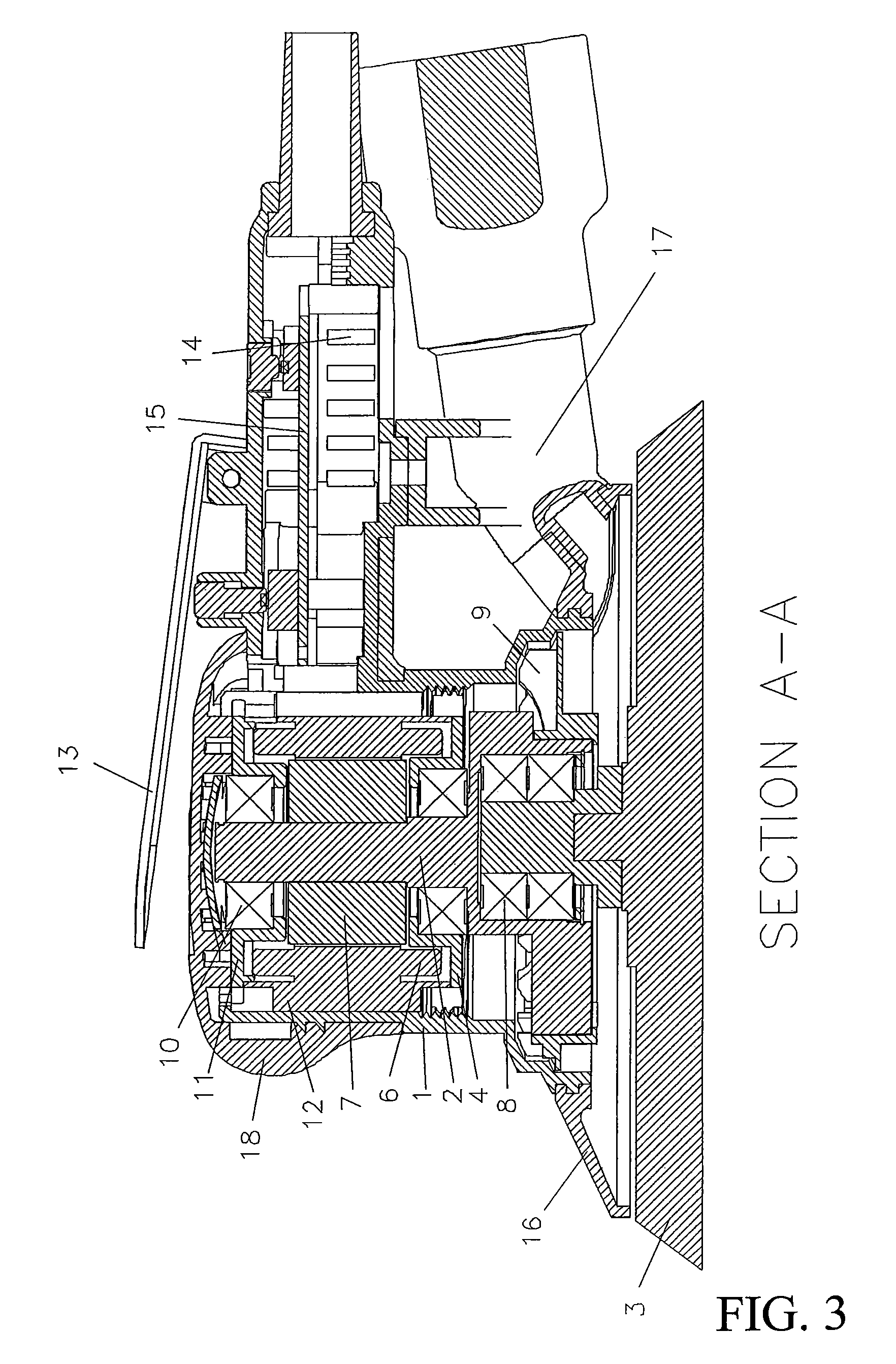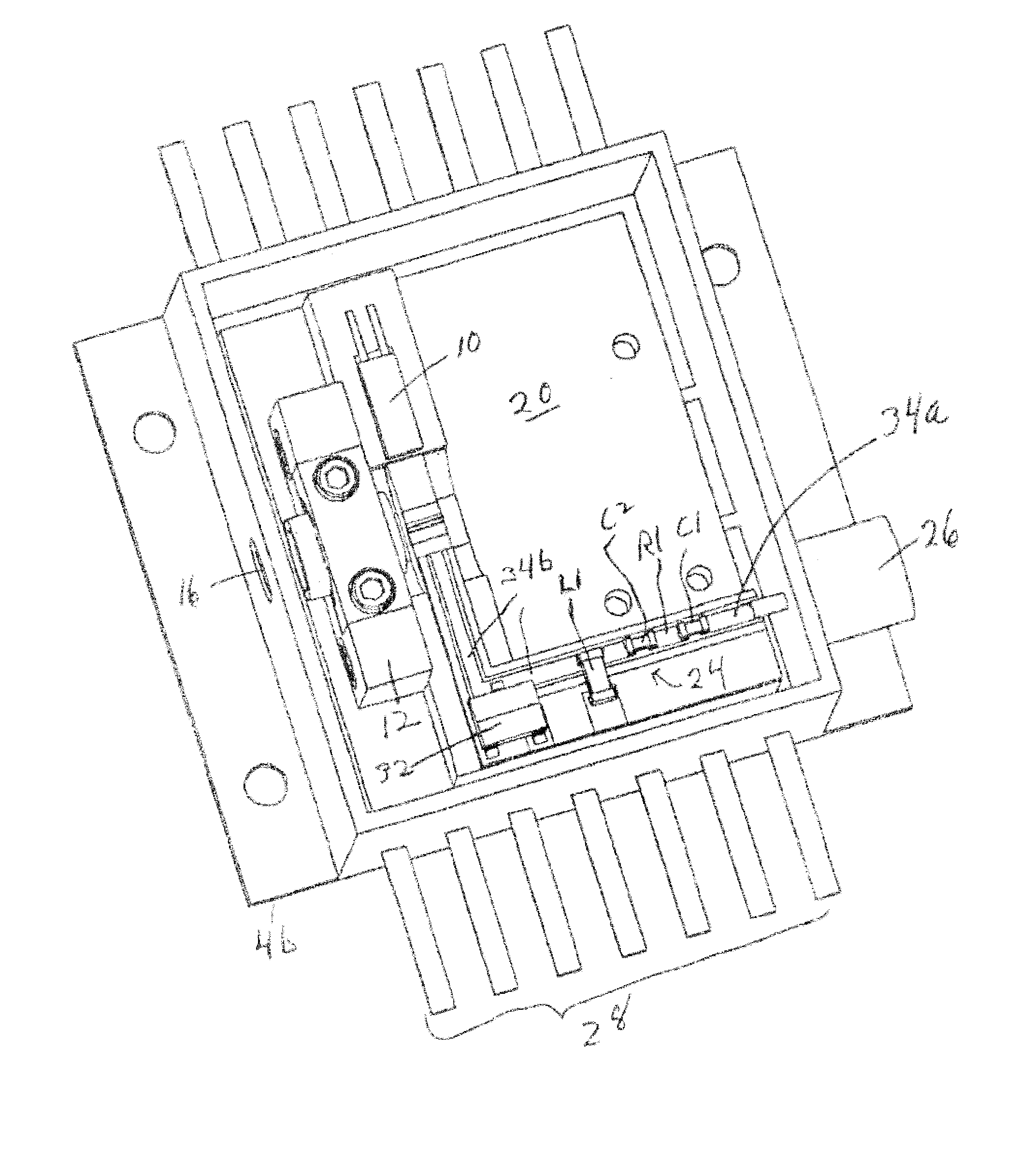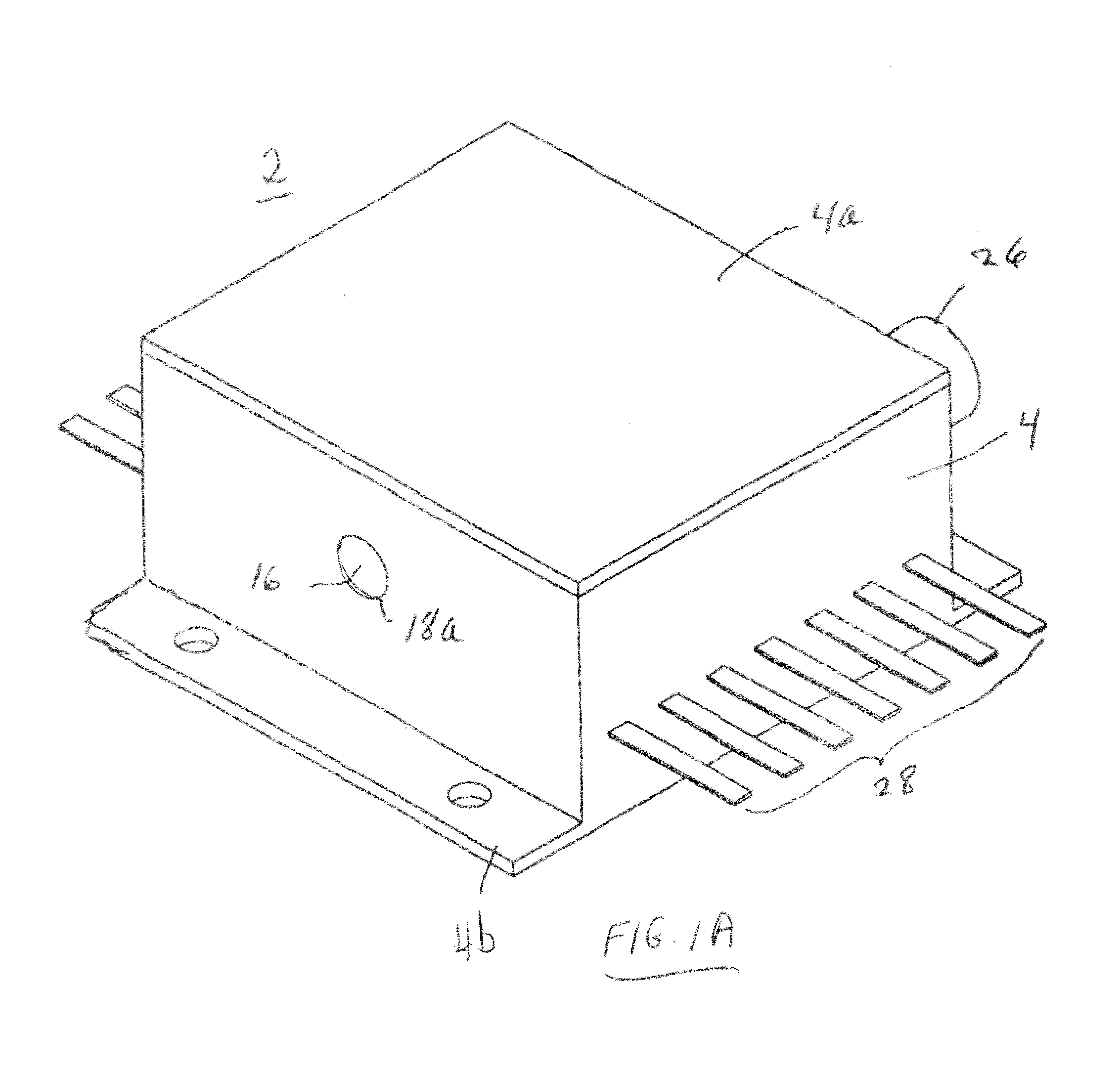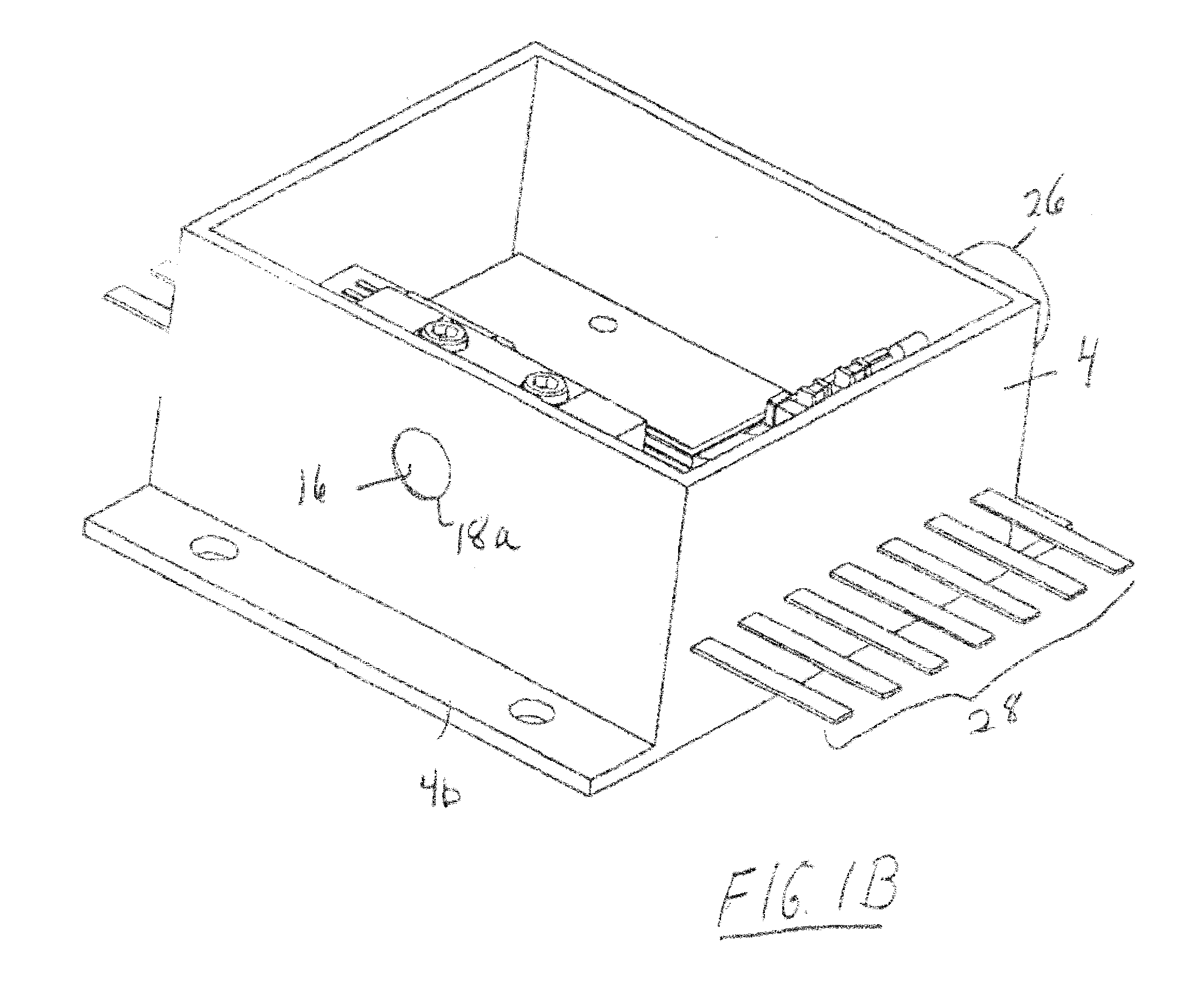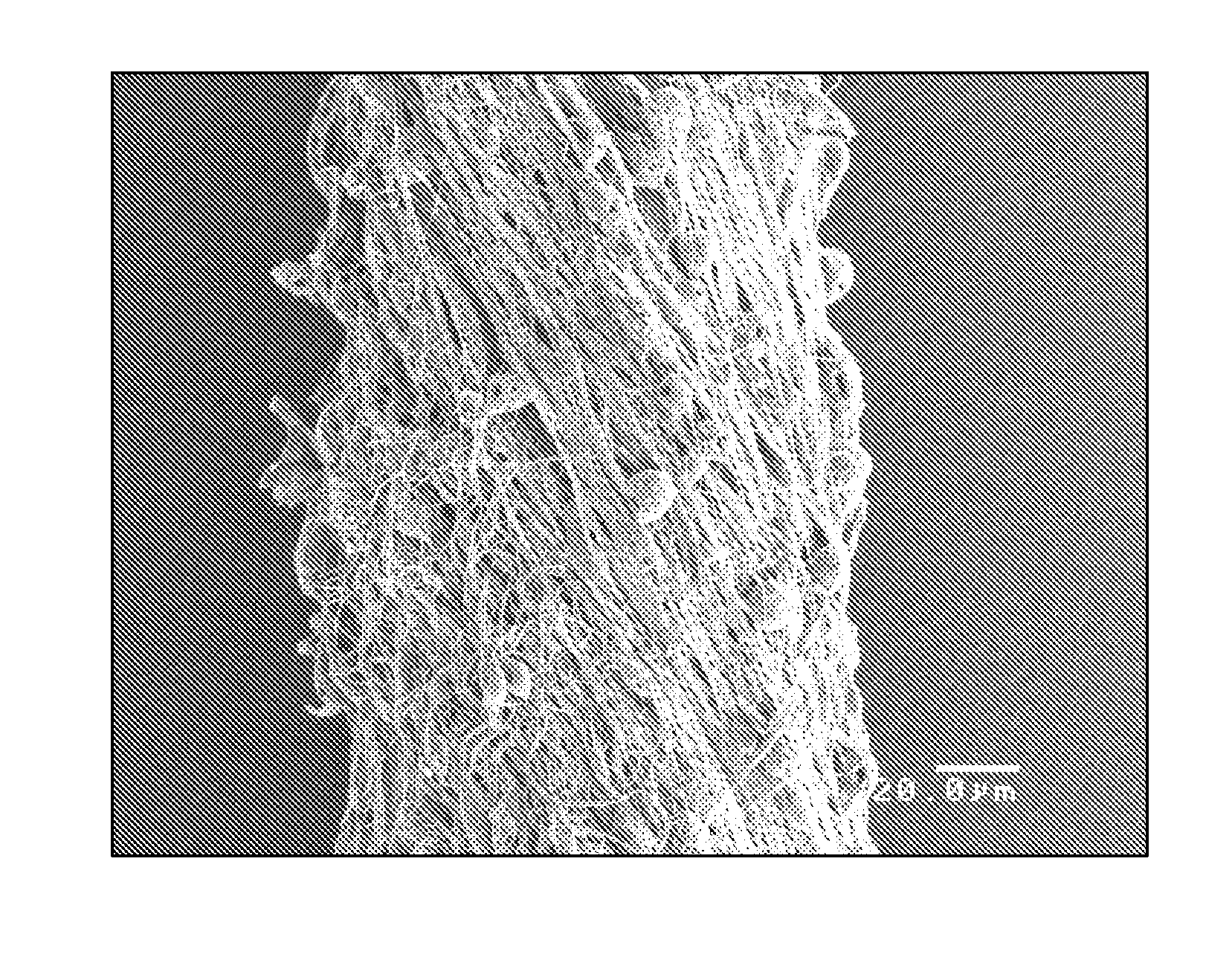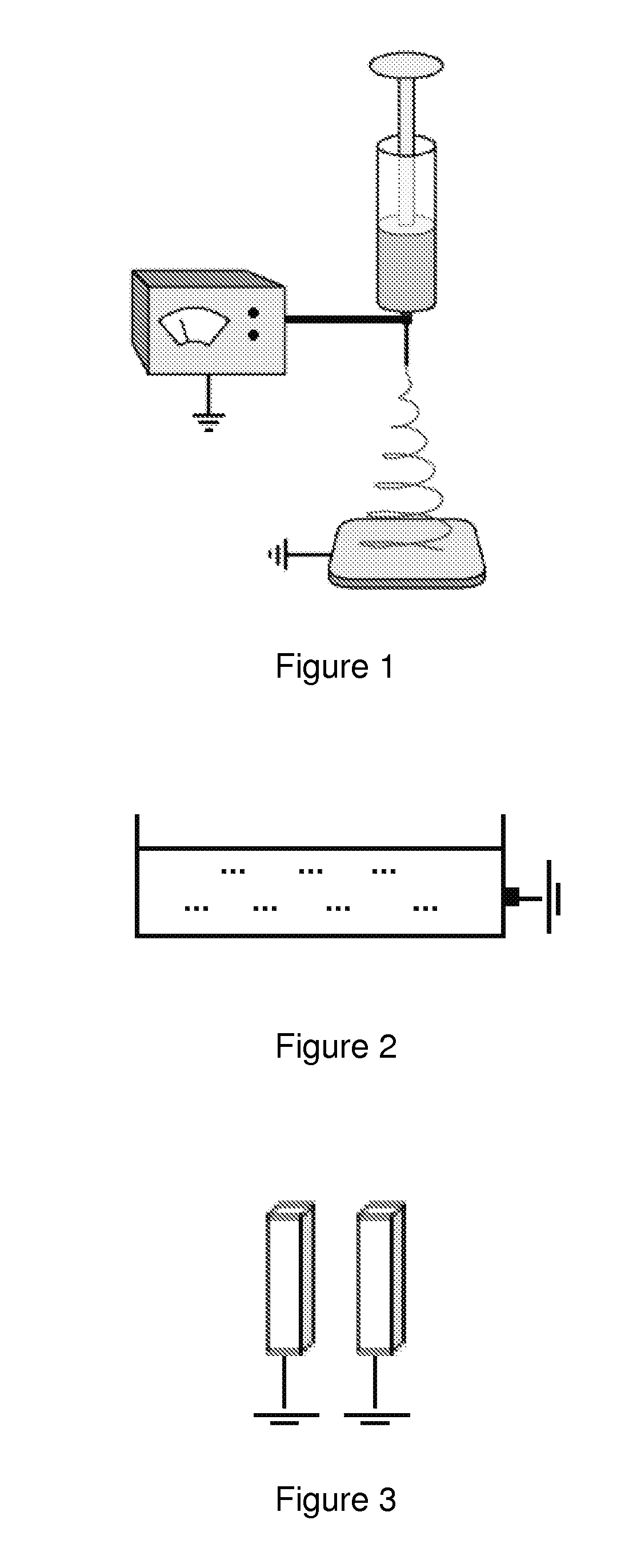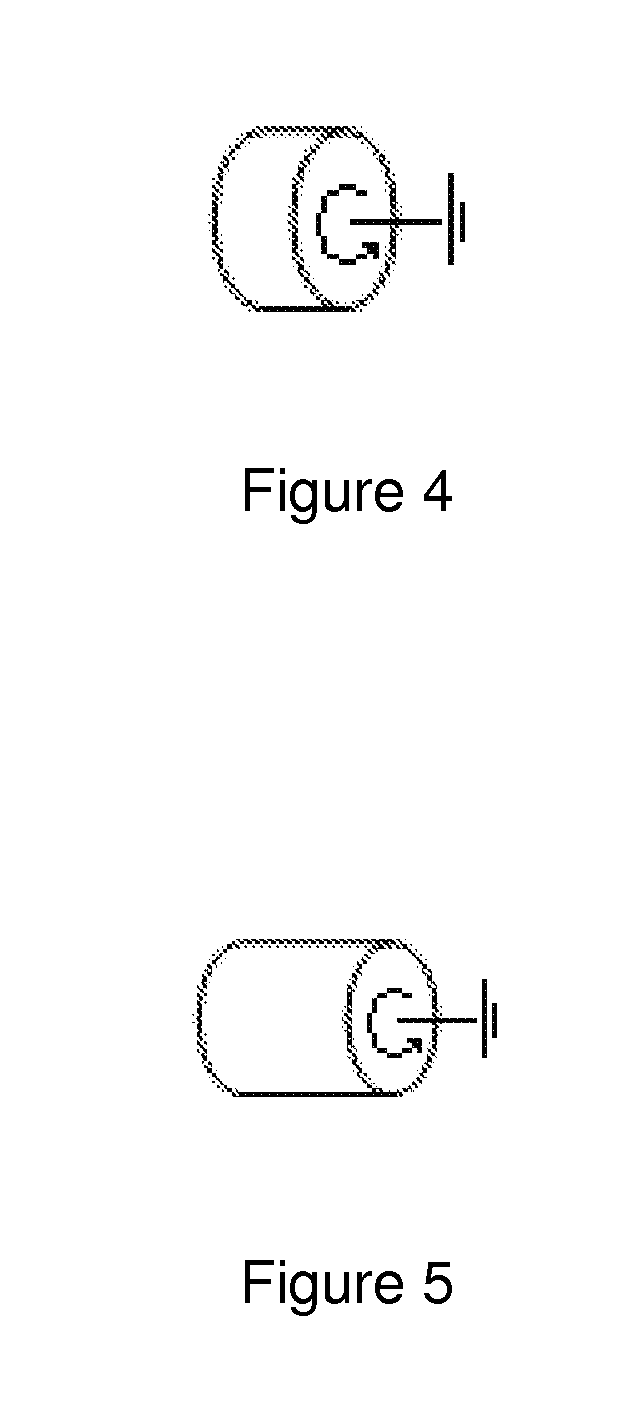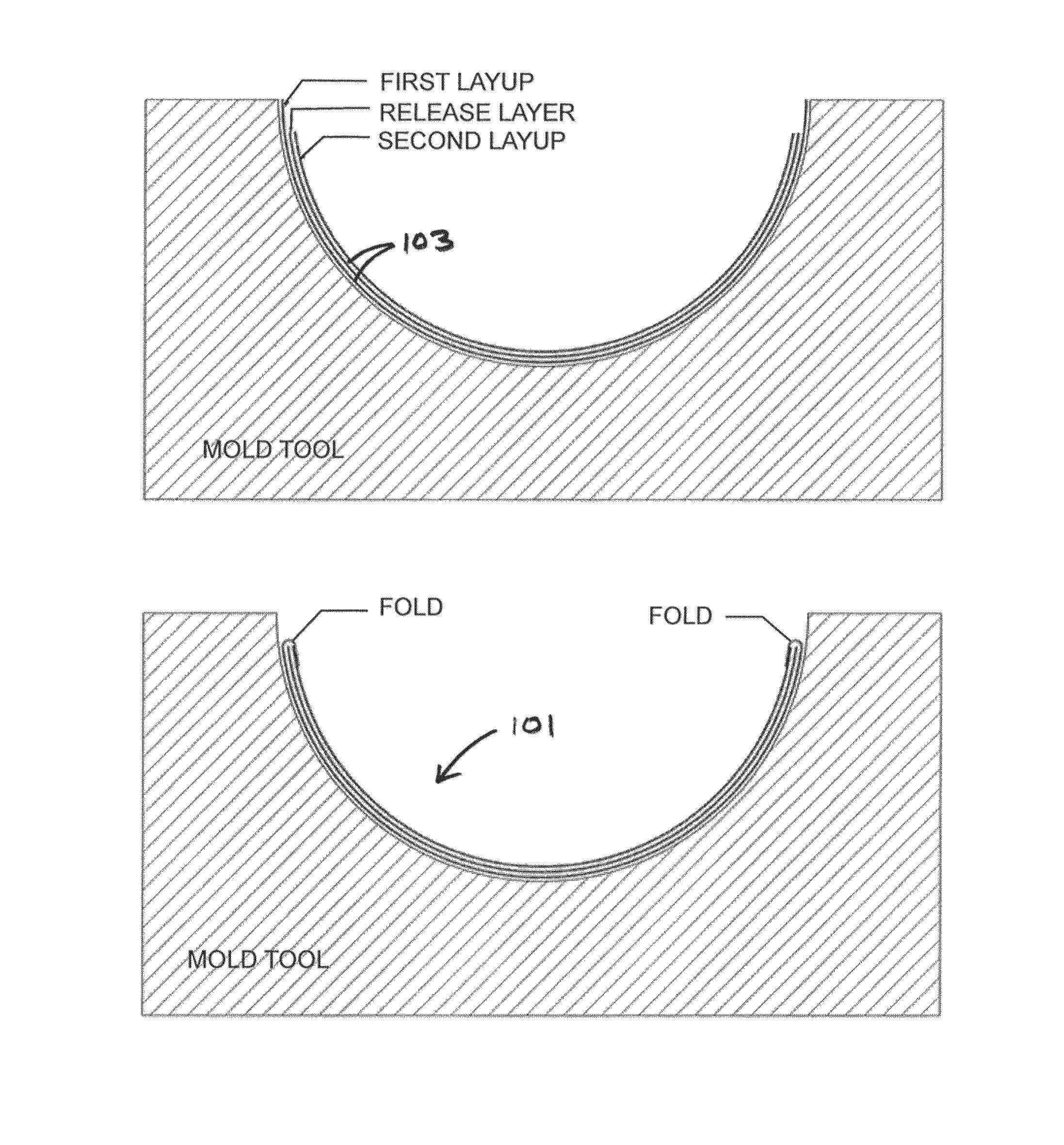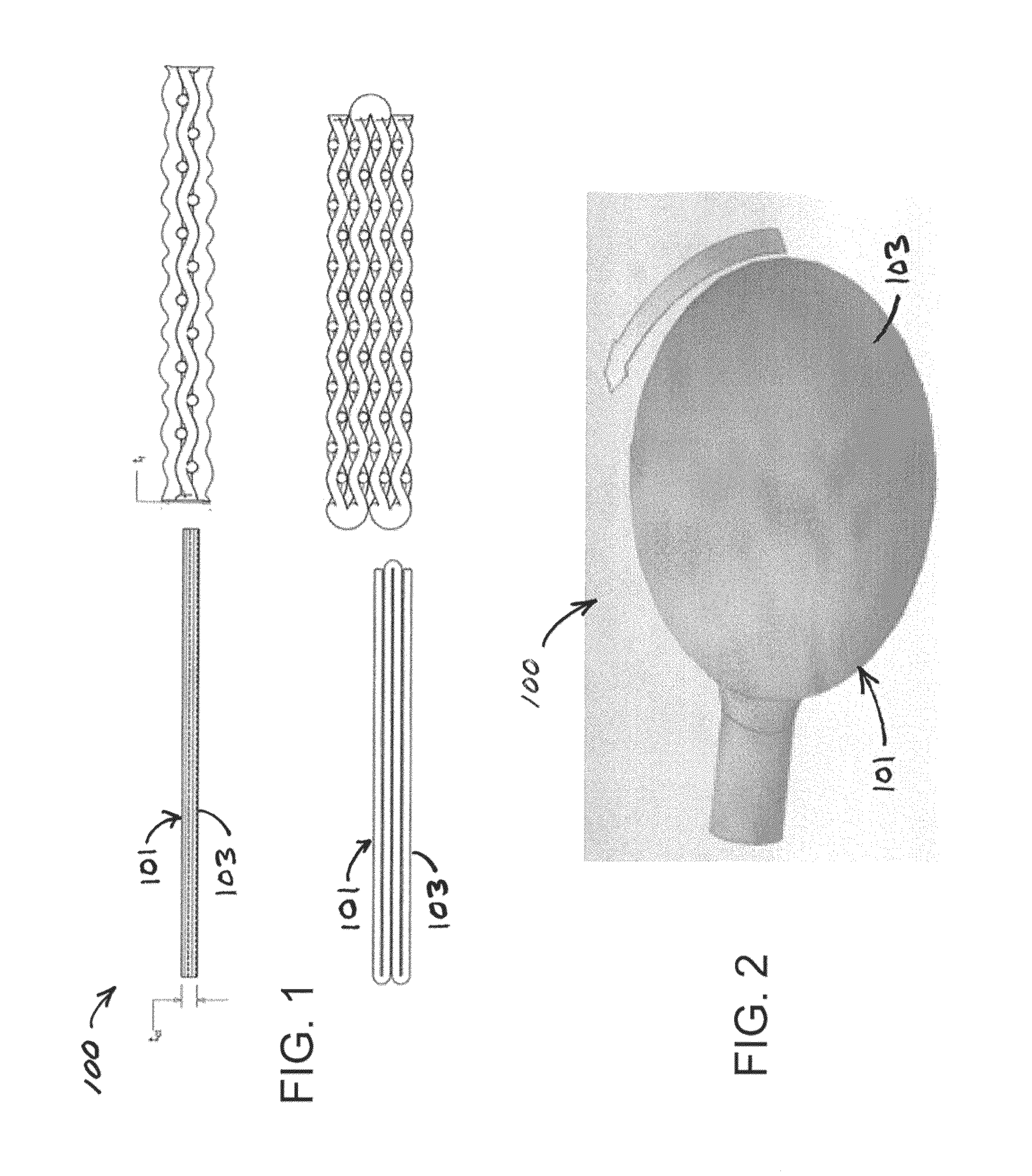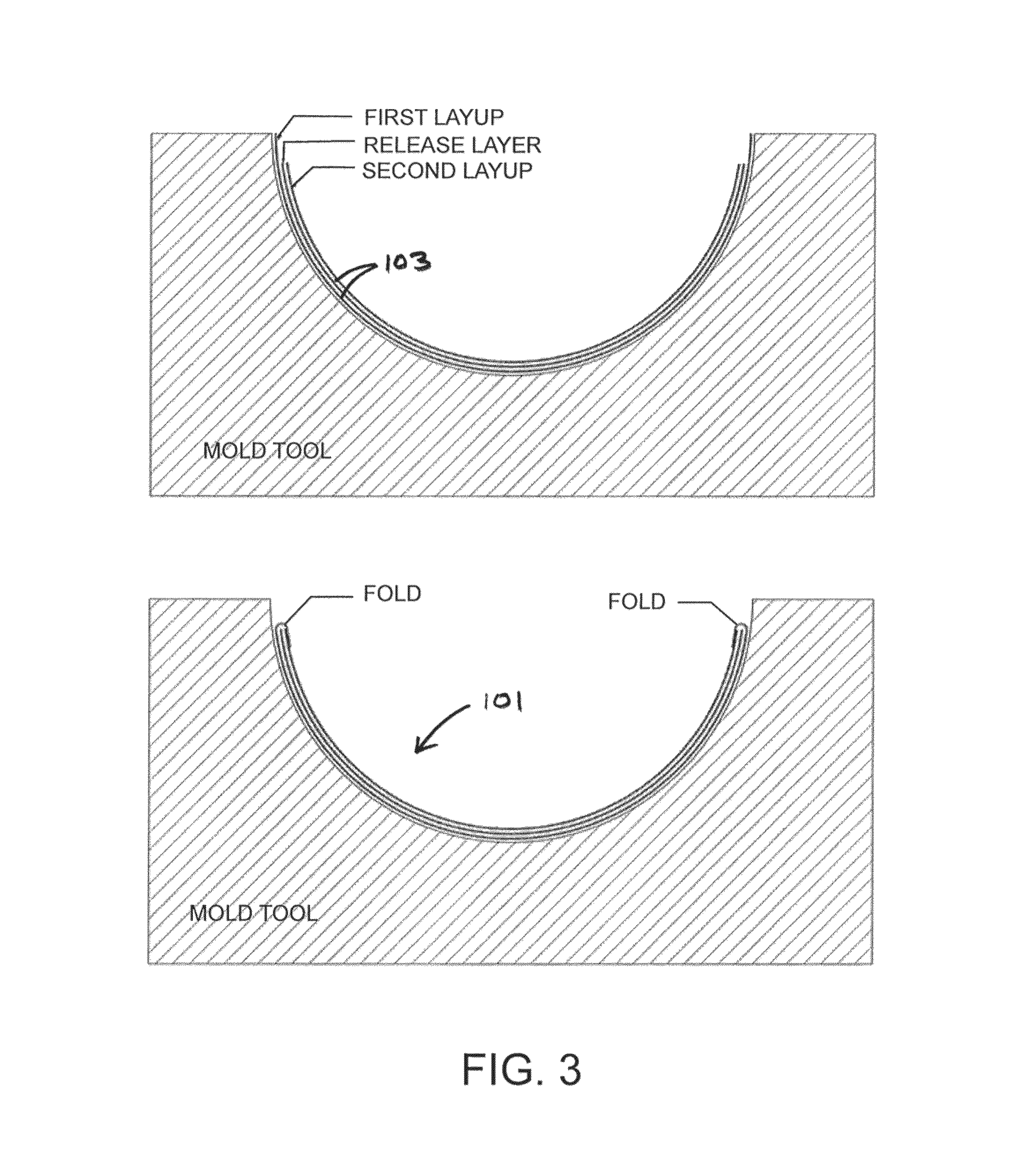Patents
Literature
161results about How to "Property is limited" patented technology
Efficacy Topic
Property
Owner
Technical Advancement
Application Domain
Technology Topic
Technology Field Word
Patent Country/Region
Patent Type
Patent Status
Application Year
Inventor
High-melting polyolefin copolymer elastomers, catalysts and methods of synthesis
InactiveUS6169151B1Property is limitedOrganic-compounds/hydrides/coordination-complexes catalystsElastomerPolymer science
This invention relates to high melting polyolefin copolymers suitable as thermoplastic elastomers and catalysts and methods for their synthesis. These elastomeric olefin copolymers are characterized by a mole fraction of crystallizable component Xc from about 30 to about 99%; low glass transition temperatures, below -20° C., and typically below -50° C.; melting points above about 90° C.; high molecular weights; a molecular weight distribution MW / Mn< / =10; and a narrow composition distribution between chains of < / =15%. The novel copolymers of the invention range from reactor blends to multiblock copolymers that can be sequentially fractionated into fractions of differing crystallinities, which fractions nevertheless show compositions of comonomers which differ by less than 15% from the parent polymer (reactor product). The invention also relates to a process for producing such copolymers by utilizing an unbridged, substituted or unsubstituted cyclopentadienyl metallocene catalyst that is capable of interconverting between states with different copolymerization characteristics, which interconversion is controlled by selecting the substituents of the cyclopentadienyl ligands so that the rate of interconversion of the two states is within several orders of magnitude of the rate of formation of a single polymer chain. Where ri>rf the polymer can be characterized as multiblock; where ri<rf, the result is a polymer blend and where ri / rf is close to 1, the resulting polymer is a mixture of blend and multiblock. The metallocene catalysts of the invention are able to interconvert between more than two states, with embodiments of four states being shown in FIG. 2.
Owner:THE BOARD OF TRUSTEES OF THE LELAND STANFORD JUNIOR UNIV
High-melting polyolefin copolymer elastomers, catalysts and methods of synthesis
InactiveUS6518378B2Property is limitedOrganic-compounds/hydrides/coordination-complexes catalystsCatalyst activation/preparationElastomerPolyolefin
This invention relates to high melting polyolefin copolymers suitable as thermoplastic elastomers and catalysts and methods for their synthesis. These elastomeric olefin copolymers are characterized by a mole fraction of crystallizable component Xc from about 30 to about 99%; low glass transition temperatures, below -20° C., and typically below -50° C.; melting points above about 90° C.; high molecular weights; a molecular weight distribution MW / Mn< / =10; and a narrow composition distribution between chains of < / =15%. The novel copolymers of the invention range from reactor blends to multiblock copolymers that can be sequentially fractionated into fractions of differing crystallinities, which fractions nevertheless show compositions of comonomers which differ by less than 15% from the parent polymer (reactor product). The invention also relates to a process for producing such copolymers by utilizing an unbridged, substituted or unsubstituted cyclopentadienyl metallocene catalyst that is capable of interconverting between states with different copolymerization characteristics, which interconversion is controlled by selecting the substituents of the cyclopentadienyl ligands so that the rate of interconversion of the two states is within several orders of magnitude of the rate of formation of a single polymer chain. Where ri>rf the polymer can be characterized as multiblock; where ri<rf, the result is a polymer blend and where ri / rf is close to 1, the resulting polymer is a mixture of blend and multiblock. The metallocene catalysts of the invention are able to interconvert between more than two states, with embodiments of four states being shown in FIG. 2.
Owner:BP AMOCO CORP +1
Methods for stepwise deposition of silk fibroin coatings
ActiveUS20090202614A1Suppression of initial burstFacilitated releasePeptide/protein ingredientsLayered productsChemical treatmentEntrapment
The invention provides a method for the controlled assembly of layered silk fibroin coatings using aqueous silk fibroin material. The methods described herein can be used to coat substrates of any material, shape, or size. Importantly, the described methods enable control of the biomaterial surface chemistry, thickness, morphology and structure using layered thin film coatings, or bulk coatings. Furthermore, the methods can be performed in all water and do not require intensive chemical processing enabling controlled entrapment of labile molecules such as, drugs, cytokines, and even cells or viruses to generate functional coatings that can be used in a variety of applications.
Owner:TRUSTEES OF TUFTS COLLEGE TUFTS UNIV
Electrostrictive and piezoelectric thin film assemblies and method of fabrication therefor
InactiveUS6447887B1Avoid misalignmentUniform propertyAnodisationMaterial nanotechnologyMolecular levelEngineering
An electrostatic self-assembly method of fabricating electrostrictive and piezoelectric thin film assemblies not only provides a thinner film than is attainable by conventional methods, but provides excellent molecular-level uniformity and precise structural control, and thus large, effective piezoelectric coefficients. The method produces a thin film assembly including (a) a substrate, and (b) a film having one or a plurality of layers disposed upon the substrate, wherein at least one of the layers includes a dipolar material, and this layer of dipolar material has a uniform thickness of at most 500 nm.
Owner:VIRGINIA TECH INTPROP INC
Systems and method for producing three-dimensional articles from flexible composite materials
ActiveUS20140134378A1Effective controlProperty is limitedVehicle componentsBaby linensFiber reinforcementMaterials science
The present disclosure encompasses three-dimensional articles comprising flexible-composite materials and methods of manufacturing said three-dimensional articles. More particularly, the present system relates to methods for manufacturing seamless three-dimensional-shaped articles usable for such finished products as airbags / inflatable structures, bags, shoes, and similar three-dimensional products. A preferred manufacturing process combines composite molding methods with specific precursor materials to form fiber-reinforced continuous shaped articles that are flexible and collapsible.
Owner:CUBIC TECH CORP
External cavity tunable compact mid-IR laser
ActiveUS20070030865A1Reduce usageImprove cooling effectLaser using scattering effectsOptical resonator shape and constructionThermoelectric coolingGrating
A compact mid-IR laser device utilizes an external cavity to tune the laser. The external cavity may employ a Littrow or Littman cavity arrangement. In the Littrow cavity arrangement, a filter, such as a grating, is rotated to provide wavelength gain medium selectivity. In the Littman cavity arrangement, a reflector is rotated to provide tuning. A quantum cascade laser gain medium provides mid-IR frequencies suitable for use in molecular detection by signature absorption spectra. The compact nature of the device is obtained owing to an efficient heat transfer structure, the use of a small diameter aspheric lens for both the output lens and the external cavity lens and a monolithic assembly structure to hold the optical elements in a fixed position relative to one another. The compact housing size may be approximately 20 cm×20 cm×20 cm or less. Efficient heat transfer is achieved using a thermoelectric cooler TEC combined with a high thermal conductivity heat spreader onto which the quantum cascade laser gain medium is thermally coupled. The heat spreader not only serves to dissipate heat and conduct same to the TEC, but also serves as an optical platform to secure the optical elements within the housing in a fixed relationship relative on one another. The small diameter aspheric output and external cavity lens each may have a diameter of 10 mm or less and each lens is positioned to provided a collimated beam output from the quantum cascade laser gain medium. The housing is hermetically sealed to provide a rugged, light weight portable MIR laser source.
Owner:DAYLIGHT SOLUTIONS
Downhole filter
InactiveUS7188687B2Without complexityWithout expenseDrilling rodsConstructionsParticulatesEngineering
A downhole filter comprises a tubular member having a wall defining a plurality of openings. The openings have an outer width less than an inner width. The parts of the opening defining the smaller width are defined by radially outer parts of the openings, such that particulates or sand prevented from passing through the openings will tend to be retained to the outside of the tubular member. A method comprises providing a tubular string having a non-porous tubular portion and a porous tubular portion, and installing the tubular string within a wellbore such that the porous tubular portion is located adjacent a fluid-producing formation within the wellbore. In another embodiment, an apparatus comprises a drill string comprising a non-porous tubular portion and a porous tubular portion, and an earth removal member operatively connected to a lower end of the drill string.
Owner:WEATHERFORD TECH HLDG LLC
Paper wiping products treated with a hydrophobic additive
InactiveUS6896766B2Improve propertiesMaintaining acceptable wetability propertyCosmetic preparationsBiocideProcess regionPaper towel
Paper products treated on two surfaces with a liquid resistant composition are disclosed. The paper products can be, for instance, bath tissues, facial tissues, paper towels, and industrial wipers. The liquid resistant compositions can include any additive that provides benefits to the product. For instance, the liquid resistant composition can be a softener containing a hydrophobic additive. In one embodiment, the hydrophobic additive is a polysiloxane. In accordance with the present invention, the water resistant composition is applied to each surface according to a pattern. Each of the patterns includes treated and untreated areas. The patterns are positioned on the paper product such that untreated areas on one surface are in correspondence with the treated areas on the other surface of the sheet.
Owner:KIMBERLY-CLARK WORLDWIDE INC
Novel lighting apparatus for navigational aids
ActiveUS20070013557A1Increase output strengthProperty is limitedLighting support devicesPoint-like light sourceLight equipmentTransceiver
A quickly deployable and reconfigurable light emitting diode (LED) lighting apparatus with high output intensity and precisely controlled beam property is disclosed for navigational aids. The lighting apparatus comprises an array of high intensity LED units with their light beams individually controlled by secondary optical systems. The transformed light beams mix in a pre-determined manner to produce an illumination pattern with desired intensity distribution. The LED lighting apparatus may further comprise a micro-controller, a plurality of sensor elements, and a wireless transceiver for remote monitoring and control. The lighting apparatus can be powered by rechargeable batteries for temporary or semi-permanent lighting. It can also be powered by standard power lines for permanent lighting.
Owner:BWTEK LIGHTING
Fiber incorporating quantum dots as programmable dopants
InactiveUS6978070B1Control distortionAltering their doping characteristicsMaterial nanotechnologyCladded optical fibreFiberArtificial atom
A programmable dopant fiber includes a plurality of quantum structures formed on a fiber-shaped substrate, wherein the substrate includes one or more energy-carrying control paths (34), possibly surrounded by an insulator (35), which pass energy to quantum structures. Quantum structures may include quantum dot particles (37) on the surface of the fiber or electrodes (30) on top of barrier layers (31) and transport layer (32) which form quantum dot devices (QD). The energy passing through the control paths (34) drives charge carriers into the quantum dots (QD), leading to the formation of “artificial atoms” with real-time tunable properties. These artificial atoms then serve as programmable dopants, which alter the behavior of surrounding materials. The fiber can be used as a programmable dopant inside bulk materials, as a building block for new materials with unique properties, or as a substitute for quantum dots or quantum wires in certain applications.
Owner:RAVENBRICK
Head for golf putter and golf putter
A golf putter (2) includes a head (4), a grip (6) and a shaft (8). The head (4) has a head body (h1) formed of a metal and a face member (f1) formed by an elastic material. A front surface (Ff) of the face member (f1) constitutes at least a part of a face surface (10). A siping (s1) is provided on a back surface (Bf) of the face member (f1). The siping (s1) is not provided on the front surface (Ff) of the face member (f1). It is preferable that the siping (s1) should be extended with bending. It is preferable that a ratio (Ds / Tf) of a depth (Ds) of the siping (s1) to a thickness (Tf) of the face member (f1) should be equal to or higher than 0.2 and should be equal to or lower than 0.8. It is preferable that a width (Ws) of the siping (s1) should be equal to or smaller than 1.0 mm.
Owner:SUMITOMO RUBBER IND LTD
Compact mid-IR laser
ActiveUS20070291804A1Enhanced cooling techniqueLight weightLaser using scattering effectsSemiconductor laser optical deviceThermoelectric coolingAspheric lens
A compact mid-IR laser device utilizes a quantum cascade laser to provide mid-IR frequencies suitable for use in molecular detection by signature absorption spectra. The compact nature of the device is obtained owing to an efficient heat transfer structure, the use of a small diameter aspheric lens and a monolithic assembly structure to hold the optical elements in a fixed position relative to one another. The compact housing size may be approximately 20 cm×20 cm×20 cm or less. Efficient heat transfer is achieved using a thermoelectric cooler TEC combined with a high thermal conductivity heat spreader onto which the quantum cascade laser is thermally coupled.
Owner:DAYLIGHT SOLUTIONS
System and method for making biomaterial structures
ActiveUS20110076384A1Unique and robust mechanical propertyProperty is limitedNew-spun product collectionMonocomponent fibroin artificial filamentFiberMaterials processing
A system and method for making a biomaterial device includes a support structure providing a shape for a biomaterial device. At least one applicator has a supply of biomaterial solution and is positioned along the support structure. The at least one applicator forms a biomaterial fiber by applying shear force to the biomaterial solution and delivering the biomaterial fiber to the support structure. A controller causes relative movement between the support structure and the at least one applicator, and the biomaterial fiber is arranged on the support structure according to the relative movement to form the biomaterial device. The biomaterial may be silk fibroin which may be wound onto a reciprocating and rotating mandrel. Control over the properties of the biomaterial device is achieved through appropriate selection of material processing, winding strategy, and post-winding processing.
Owner:TRUSTEES OF TUFTS COLLEGE +1
Polycrystalline superabrasive composite tools and methods of forming the same
ActiveUS20080023230A1Wide applicationProperty is limitedPigmenting treatmentDrill bitsCarbideHigh pressure
A polycrystalline superabrasive composite tool can be produced using high pressure high temperature processes allowing for increased thermal resistance, wear resistance and toughness of abrasive tools, and additionally allowing for increased effective thickness of abrasive tools. A polycrystalline superabrasive compact can include a support substrate and a superabrasive polycrystalline layer having a diffusion bridge embedded therein that includes a carbide former. Additionally, a working layer can be attached adjacent to the superabrasive polycrystalline layer and opposite the support substrate to form a drill bit sandwich segment. The diffusion bridge matrix of the present invention allows for a new welding phase at each interface between the superabrasive polycrystalline layer and support substrate and between the polycrystalline layer and the metal working layer, thus eliminating delamination failure at the interfaces. The superabrasive polycrystalline layer can include superabrasive particles of varying particle sizes such that the final composite tool is tailored for specific abrading characteristics. The polycrystalline superabrasive composite tools can be incorporated for use in machining, drilling, grinding, cutting, polishing and similar abrasive applications.
Owner:ADICO ASIA POLYDIAMOND
Catalyst-carrying filter
ActiveUS7625529B2Improve propertiesEasy to useUltrasonic/sonic/infrasonic diagnosticsCombination devicesPorosityCarrier material
A catalyst holding filter reducing a pressure loss. A catalyst holding filter (10) is made of a ceramic support (4) of SiC covered with a catalyst layer (2). An average pore size of the ceramic support is 10-250 μm, and a porosity of the ceramic support is 40-80%. The catalyst layer contains a catalyst, a cocatalyst and a support material.
Owner:IBIDEN CO LTD +1
Porous materials comprising two-dimensional nanomaterials
ActiveUS20170216923A1Low costImprove scalabilityNitrogen compoundsElectrode thermal treatmentCompound (substance)Metal particle
According to the present invention, there are provided processes for preparing a porous composite material comprising a metal and a two-dimensional nanomaterial. In one aspect, the processes comprise the steps of: providing a powder comprising metal particles; heating the powder such that the metal particles fuse to form a porous scaffold; and forming a two-dimensional nanomaterial on a surface of the porous scaffold by chemical vapour deposition (CVD). Also provided are materials obtainable by the present processes, and products comprising said materials.
Owner:OXFORD UNIV INNOVATION LTD
Silica
Silica with a large pore volume, a large specific surface area, a narrow pore distribution, low contents of unwanted metal impurities, and excellent physical properties such as high heat-resistance and water-resistance is provided. The silica has a mode pore diameter (Dmax) of 20 nm or less, and a solid-state Si nuclear magnetic resonance (hereinafter called solid-state Si NMR) spectrum of the silica includes a chemical shift (δ ppm) of Q4 peak meeting the following inequality (I). −0.0705×(Dmax)−110.36>δ (I) The silica with such properties can be suitably used in fields of which particularly excellent heat resistance and water resistance are required, and moreover controlled pore properties, and the fact that physical properties scarcely change over a long period of time are required among the above-mentioned applications.
Owner:MITSUBISHI CHEM CORP
Hydrogel compositions
InactiveUS8481059B2Less tackyProperty is limitedCosmetic preparationsToilet preparationsElastomerHydrophilic polymers
Owner:CORIUM PHARMA SOLUTIONS INC
Method for producing hollow fibrous membranes for microfiltration, ultrafiltration or gas separation
InactiveUS6261510B1Low production costRapidly acquires rigidityMembranesDispersed particle separationSolventGas separation
A method for producing hollow fibrous membranes includes the steps of mixing a ceramic powder with a binder to form a paste having a sufficient viscosity to be extruded without heating, characterized in that said binder is a binder dissolved in water or another simple solvent or a thermosetting binder or an inorganic binder or a combination of said binders; extruding the paste to the form of hollow fibers by means of a spinneret; supporting the hollow fibers leaving the spinneret on a roller conveyor comprising a pair of rollers which rotate in opposite directions away from each other where the fibers contact the rollers; and sintering the hollow fibers. These membranes are used for microfiltration, ultrafiltration or gas separation. The fibrous membranes have an external diameter of 0.1-3 mm and a wall thickness of 10-500 mum.
Owner:NEDERLANDSE ORG VOOR TOEGEPAST-NATUURWETENSCHAPPELIJK ONDERZOEK (TNO)
Hydrogel Compositions
InactiveUS20090258060A1Improve attributesLess tackyCosmetic preparationsPowder deliveryElastomerHydrophilic polymers
Hydrogel compositions are provided (a) that have a continuous hydrophobic phase and a discontinuous hydrophilic phase, (b) that have a discontinuous hydrophilic phase and a continuous hydrophilic phase, or (c) that are entirely composed of a continuous hydrophilic phase. The hydrophobic phase, if present, is composed of a hydrophobic polymer, particularly a hydrophobic pressure-sensitive adhesive (PSA), a plasticizing elastomer, a tackifying resin, and an optional antioxidant. The discontinuous hydrophilic phase, if present, is composed of a crosslinked hydrophilic polymer, particularly a crosslinked cellulosic polymer such as crosslinked sodium carboxymethylcellulose. For those hydrogel compositions containing a continuous hydrophilic phase, the components of the phase include a cellulose ester composition or an acrylate polymer or copolymer, and a blend of a hydrophilic polymer and a complementary oligomer capable of hydrogen bonding thereto. Films prepared from hydrogel compositions containing or entirely composed of the aforementioned continuous hydrophilic phase can be made translucent, and may be prepared using either melt extrusion or solution casting. A preferred use of the hydrogel compositions is in wound dressings, although numerous other uses are possible as well.
Owner:CORIUM PHARMA SOLUTIONS INC
Head for golf putter and golf putter
A golf putter (2) includes a head (4), a grip (6) and a shaft (8). The head (4) has a head body (h1) formed of a metal and a face member (f1) formed by an elastic material. A front surface (Ff) of the face member (f1) constitutes at least a part of a face surface (10). A siping (s1) is provided on a back surface (Bf) of the face member (f1). The siping (s1) is not provided on the front surface (Ff) of the face member (f1). It is preferable that the siping (s1) should be extended with bending. It is preferable that a ratio (Ds / Tf) of a depth (Ds) of the siping (s1) to a thickness (Tf) of the face member (f1) should be equal to or higher than 0.2 and should be equal to or lower than 0.8. It is preferable that a width (Ws) of the siping (s1) should be equal to or smaller than 1.0 mm.
Owner:SUMITOMO RUBBER IND LTD
Fiber incorporating quantum dots as programmable dopants
InactiveUS20050157996A1Control distortionAltering their doping characteristicsMaterial nanotechnologyCladded optical fibreFiberArtificial atom
A programmable dopant fiber includes a plurality of quantum structures formed on a fiber-shaped substrate, wherein the substrate includes one or more energy-carrying control paths, which pass energy to quantum structures. Quantum structures may include quantum dot particles on the surface of the fiber or electrodes on top of barrier layers and a transport layer, which form quantum dot devices. The energy passing through the control paths drives charge carriers into the quantum dots, leading to the formation of “artificial atoms” with real-time, tunable properties. These artificial atoms then serve as programmable dopants, which alter the behavior of surrounding materials. The fiber can be used as a programmable dopant inside bulk materials, as a building block for new materials with unique properties, or as a substitute for quantum dots or quantum wires in certain applications.
Owner:RAVENBRICK
Polycrystalline superabrasive composite tools and methods of forming the same
ActiveUS7585342B2Property is limitedWide applicationPigmenting treatmentDrill bitsCarbideHigh pressure
A polycrystalline superabrasive composite tool can be produced using high pressure high temperature processes allowing for increased thermal resistance, wear resistance and toughness of abrasive tools, and additionally allowing for increased effective thickness of abrasive tools. A polycrystalline superabrasive compact can include a support substrate and a superabrasive polycrystalline layer having a diffusion bridge embedded therein that includes a carbide former. Additionally, a working layer can be attached adjacent to the superabrasive polycrystalline layer and opposite the support substrate to form a drill bit sandwich segment. The diffusion bridge matrix of the present invention allows for a new welding phase at each interface between the superabrasive polycrystalline layer and support substrate and between the polycrystalline layer and the metal working layer, thus eliminating delamination failure at the interfaces. The superabrasive polycrystalline layer can include superabrasive particles of varying particle sizes such that the final composite tool is tailored for specific abrading characteristics. The polycrystalline superabrasive composite tools can be incorporated for use in machining, drilling, grinding, cutting, polishing and similar abrasive applications.
Owner:ADICO ASIA POLYDIAMOND
Novel Vegetable Protein Fractionization Process And Compositions
InactiveUS20080095914A1High in isoflavone contentUnique functional and nutritional applicabilityProtein composition from vegetable seedsDepsipeptidesFood industryFractionation
According to the invention a novel vegetable protein fractionation procedure is disclosed which includes a straightforward process to obtain 7S-rich (β-conglycinin-rich) and 11S-rich (glycinin-rich) isolated protein fractions with unique functional and nutritional properties desired by the food industry. The process is much simplified compared to the art and avoids multiple steps in the usual fractionation of soy protein and uses very small amounts of salts avoiding the necessity of excessive washing and desalting steps. The process yields high amounts of protein fractions with high isoflavone contents and improved functional properties.
Owner:IOWA STATE UNIV RES FOUND
Light control plastic lens, coated sheet-like light control element for the lens production, and a production method for light control plastic lens
ActiveUS7350917B2Lower performance requirementsDegree of polarization can be reducedOptical articlesPolarising elementsRefractive indexPhotochromism
A light control plastic lens, a sheet-like light control element, and a production method for light control plastic lenses are provided. More specifically, a light control plastic lens, such as a high index polarizing property and / or a photochromic plastic lens that is made by cast polymerization is provided. Also provided is a sheet-like light control element for use in the production of the lenses, as well as a production method of such light control plastic lenses. The light control plastic lens has a sheet-like light control element including at least a light control sheet. In particular, the light control plastic lens has a sheet-like light control element, a curable resin layer laminated on at least one surface of the sheet-like light control element, and a polymerizable lens resin layer laminated at least on the curable resin layer.
Owner:MGC FILSHEET CO LTD +1
Compact electric sanding machine
ActiveUS7699687B2Increase volumeSmall iron lossElectronic commutation motor controlMotor/generator/converter stoppersHand heldElectric drive
The present invention particularly relates to a hand-held sanding machine with an outer housing (1), a tool shaft (2) and a brushless electric drive motor. In the present invention, the rotor of the drive motor is fastened to the tool shaft (2) of the sanding machine, and the stator (6) is positioned in the outer housing (1). The present invention also relates to a control method for an electric sanding machine.
Owner:MIRKA OY
Compact mid-ir laser
InactiveUS20100243891A1Enhanced cooling techniqueLight weightLaser active region structureMaterial analysis by optical meansThermoelectric coolingAspheric lens
A compact mid-IR laser device utilizes a quantum cascade laser to provide mid-IR frequencies suitable for use in molecular detection by signature absorption spectra. The compact nature of the device is obtained owing to an efficient heat transfer structure, the use of a small diameter aspheric lens and a monolithic assembly structure to hold the optical elements in a fixed position relative to one another. The compact housing size may be approximately 20 cm×20 cm×20 cm or less. Efficient heat transfer is achieved using a thermoelectric cooler TEC combined with a high thermal conductivity heat spreader onto which the quantum cascade laser is thermally coupled. The heat spreader not only serves to dissipate heat and conduct same to the TEC, but also serves as an optical platform to secure the optical elements within the housing in a fixed relationship relative on one another. A small diameter aspheric lens may have a diameter of 10 mm or less and is positioned to provided a collimated beam output from the quantum cascade laser. The housing is hermetically sealed to provide a rugged, light weight portable MIR laser source.
Owner:DAYLIGHT SOLUTIONS
Articles comprising lactic acid producing microorganisms
The present invention relates to breathable absorbent articles, such as sanitary napkins, pantiliners, nursing pads and baby diapers having a breathable backsheet, and comprising lactic acid producing micro-organisms. Absorbent articles are provided that deliver high performing breathability and high protection level while delivering also effective odor control performance. The present invention also relates to articles suitable for controlling odours, especially odours associated with bodily fluids, which comprise lactic acid producing micro-organisms together with an odour absorbing agent, preferably silica and / or zeolite.
Owner:THE PROCTER & GAMBNE CO
Tissue repair scaffold
ActiveUS20110238178A1Property is limitedEfficient productionElectric discharge heatingLigamentsTissue repairFiber bundle
The present invention provides a tissue repair scaffold comprising a secondary fibre bundle, the secondary fibre bundle comprising a plurality of primary fibre bundles, each primary fibre bundle comprising a plurality of fibres, wherein the fibres comprise a biocompatible polymer. In embodiments the biocompatible polymer is polycaprolactone (PCL) (also known as poly-ε-caprolactone) and the average diameter of the fibres is less than 1 μm. The scaffold is particularly adapted for tendon repair. In vivo mouse studies demonstrate that tendon repair can be achieved with normal ambulation returning after 24-48 hours. The scaffolds were easy to handle during surgery, being non-slippery and easy to suture in place.
Owner:UNIV OF MANCHESTER
Systems and method for producing three-dimensional articles from flexible composite materials
InactiveUS9114570B2Effective controlProperty is limitedVehicle componentsAdhesivesAirbagMaterials science
The present disclosure encompasses three-dimensional articles comprising flexible-composite materials and methods of manufacturing said three-dimensional articles. More particularly, the present system relates to methods for manufacturing seamless three-dimensional-shaped articles usable for such finished products as airbags / inflatable structures, bags, shoes, and similar three-dimensional products. A preferred manufacturing process combines composite molding methods with specific precursor materials to form fiber-reinforced continuous shaped articles that are flexible and collapsible.
Owner:CUBIC TECH CORP
Features
- R&D
- Intellectual Property
- Life Sciences
- Materials
- Tech Scout
Why Patsnap Eureka
- Unparalleled Data Quality
- Higher Quality Content
- 60% Fewer Hallucinations
Social media
Patsnap Eureka Blog
Learn More Browse by: Latest US Patents, China's latest patents, Technical Efficacy Thesaurus, Application Domain, Technology Topic, Popular Technical Reports.
© 2025 PatSnap. All rights reserved.Legal|Privacy policy|Modern Slavery Act Transparency Statement|Sitemap|About US| Contact US: help@patsnap.com

